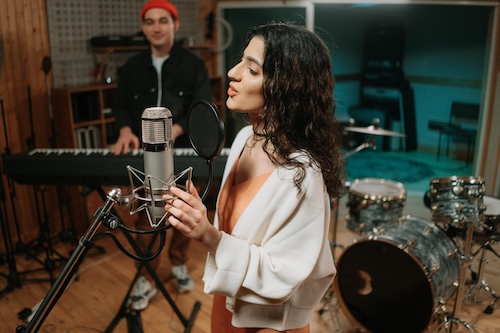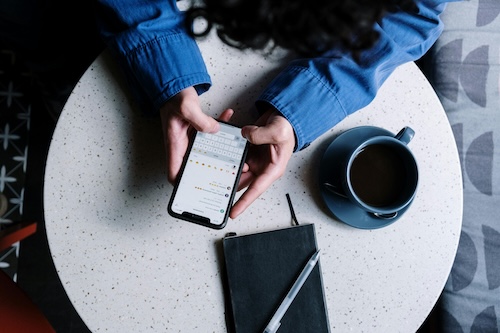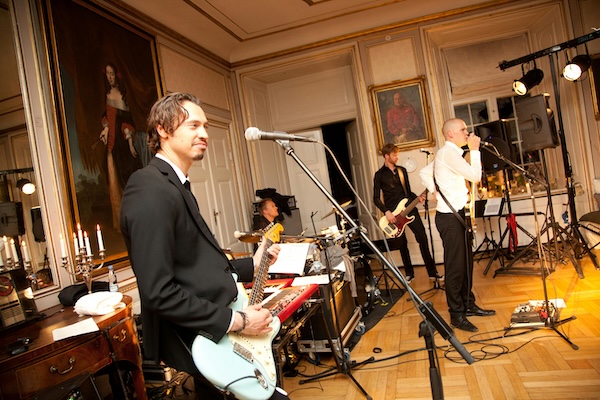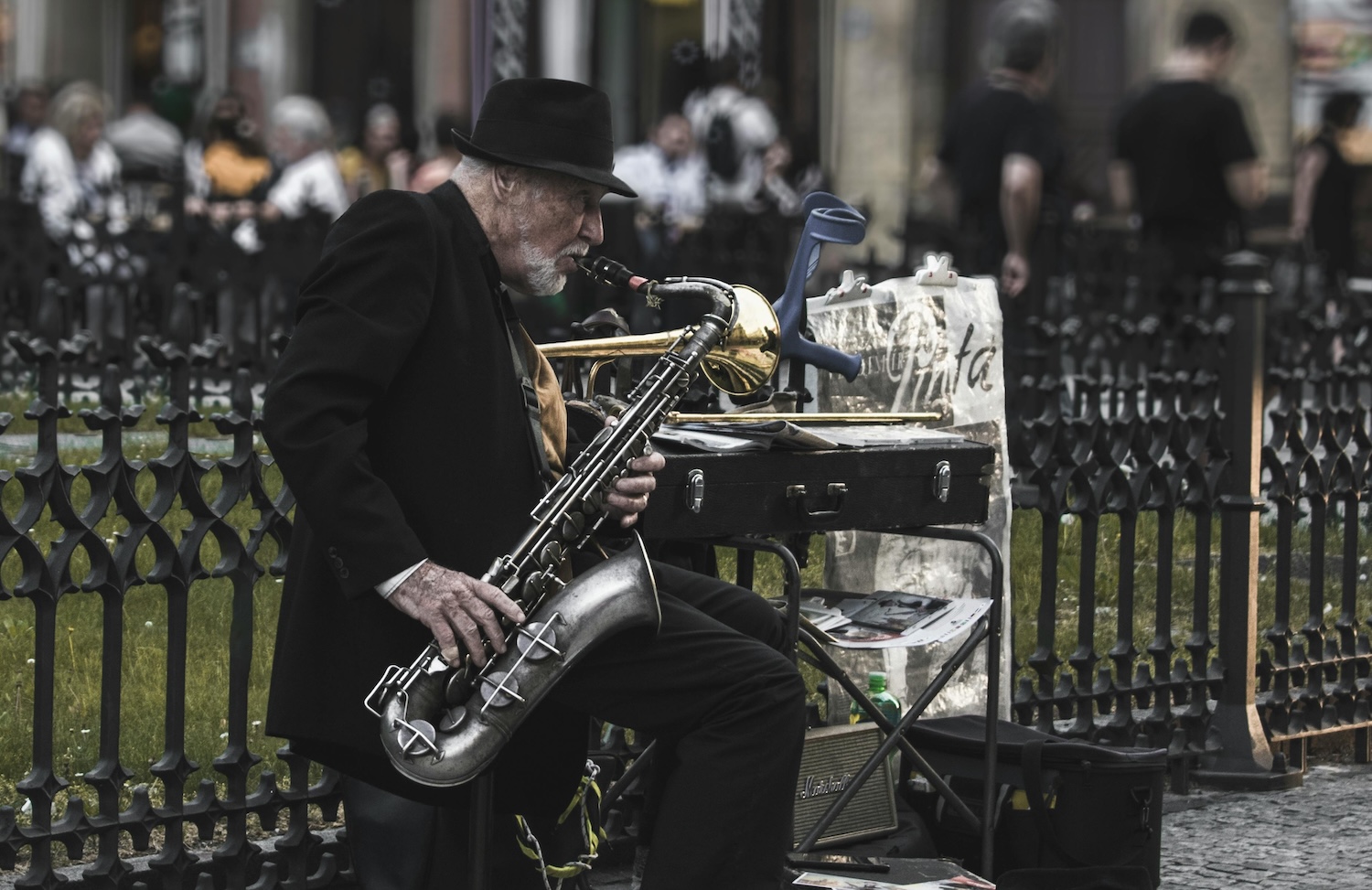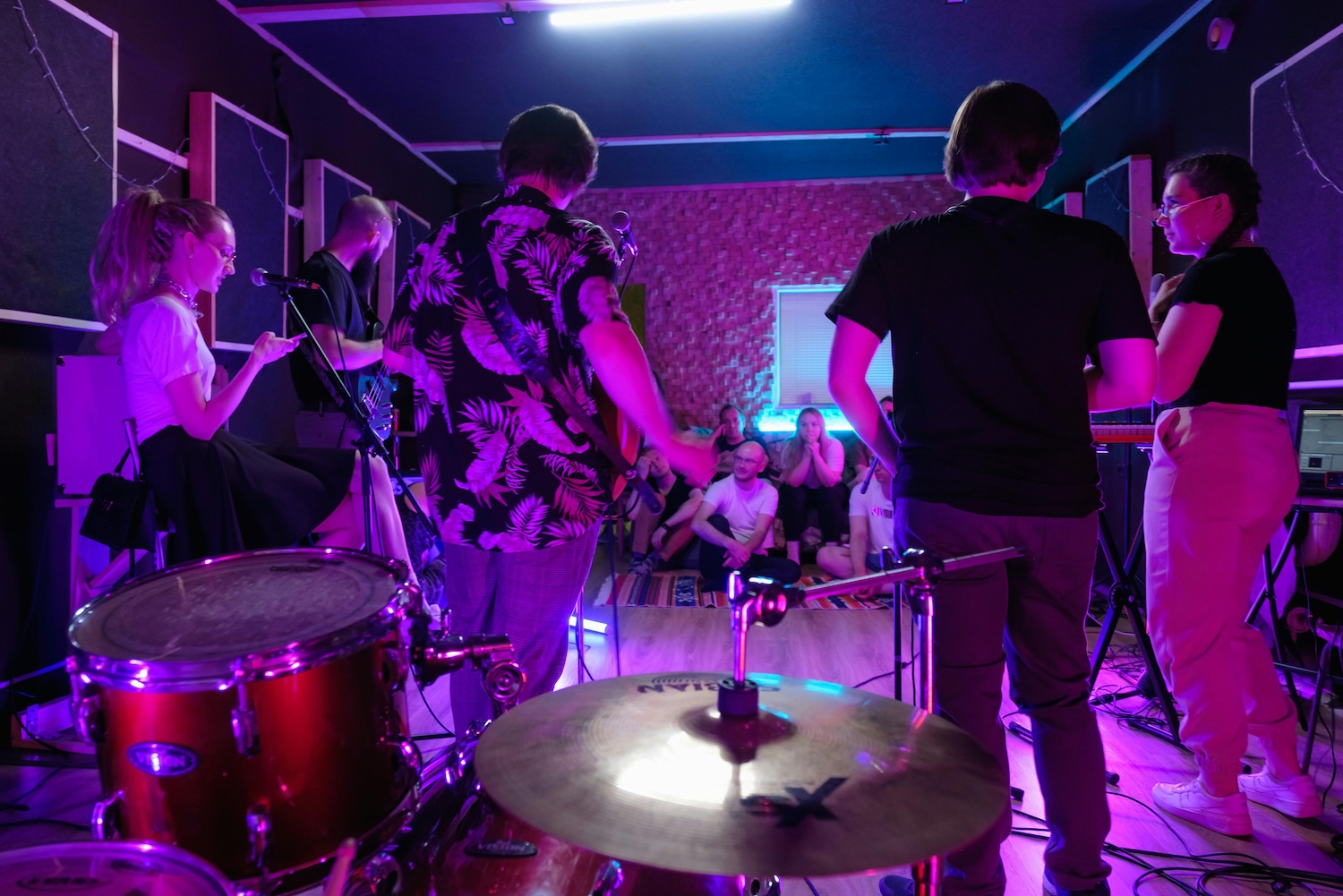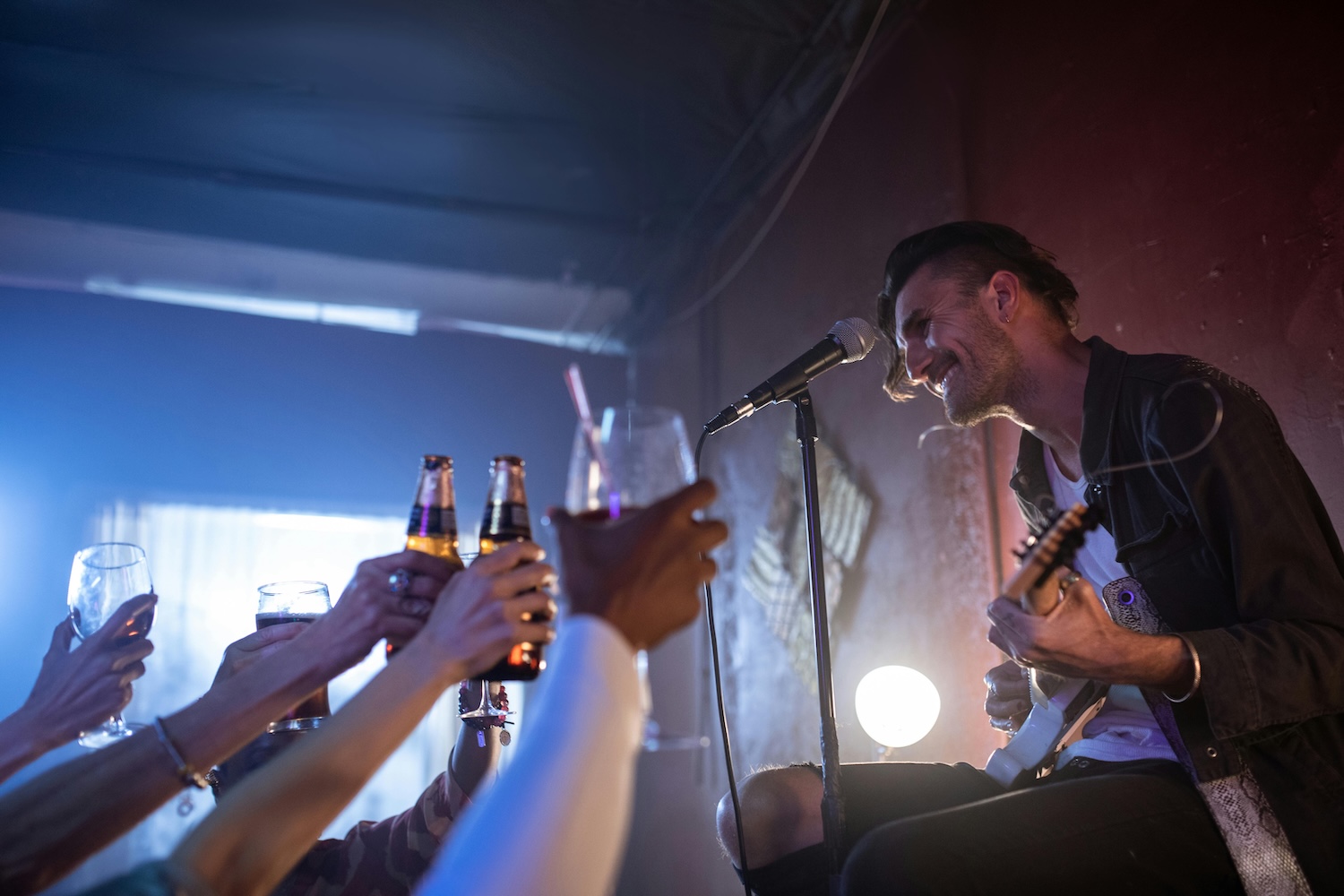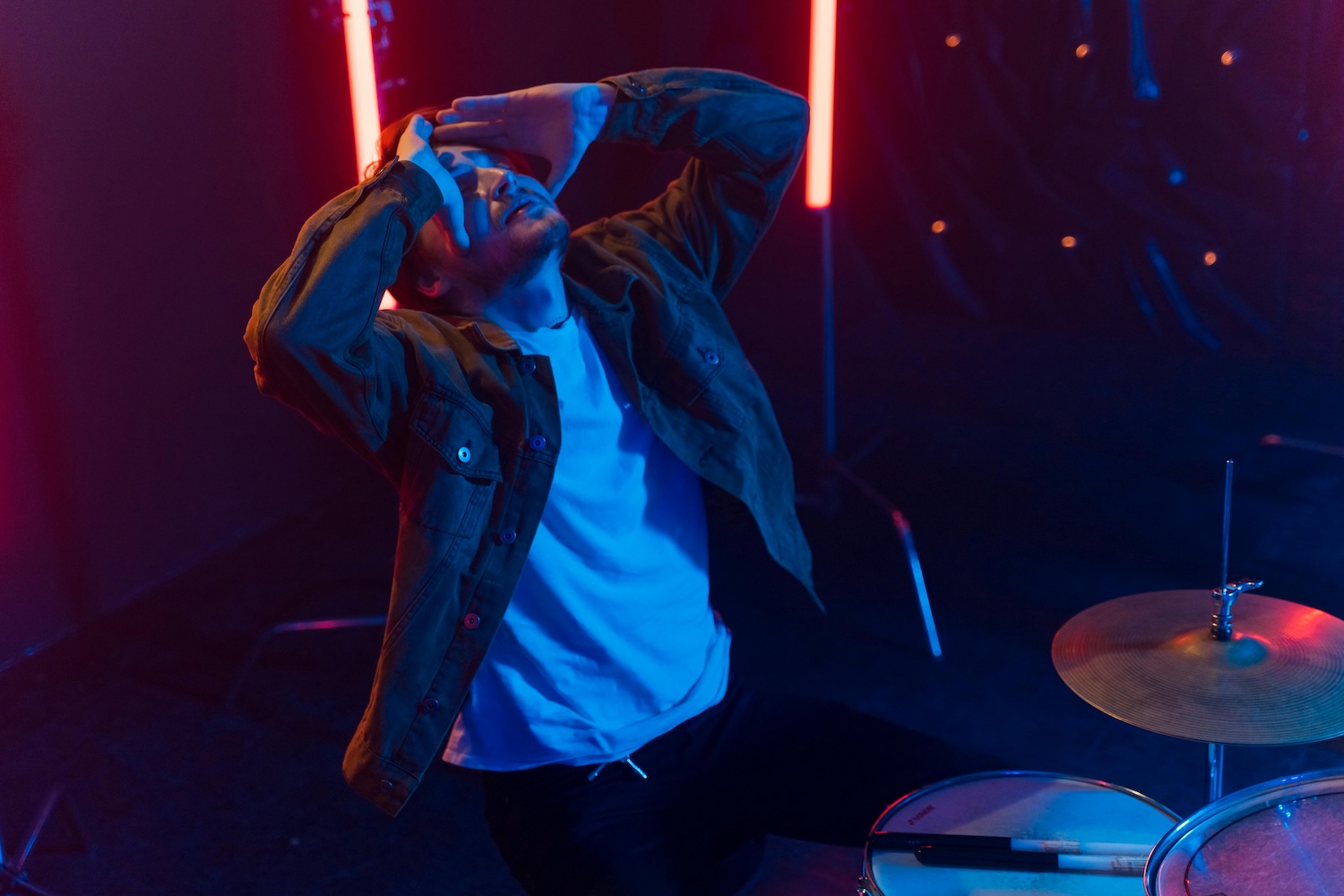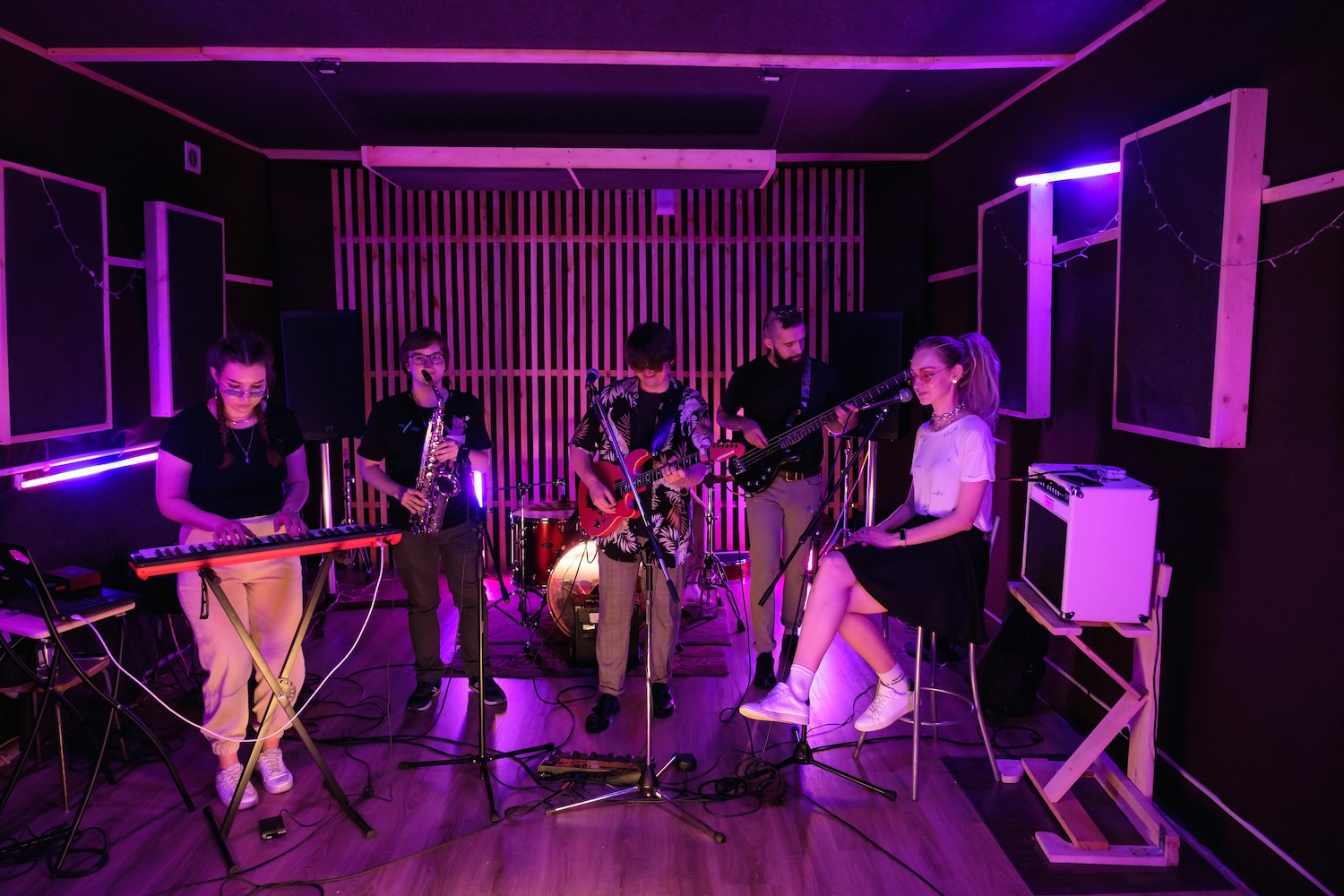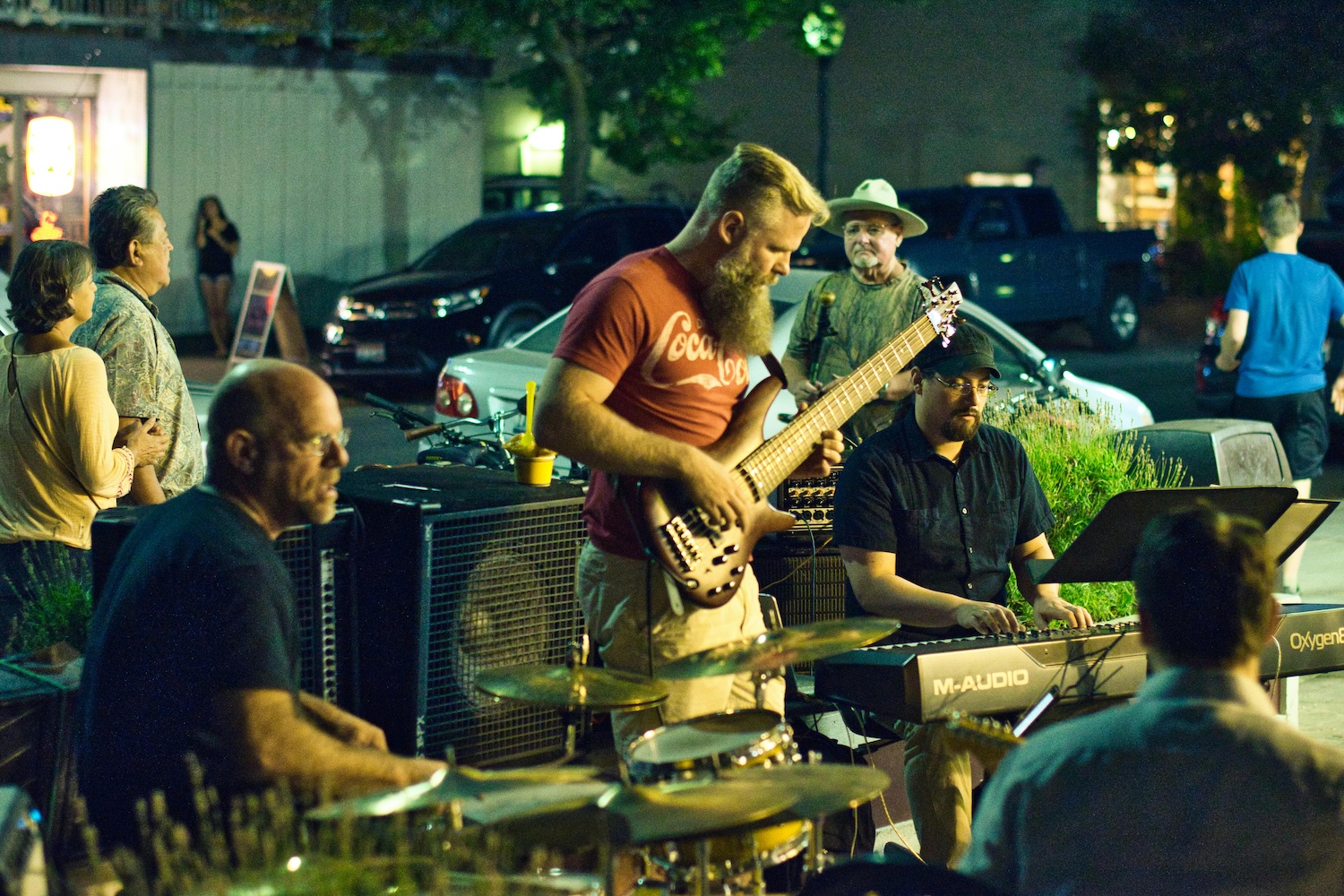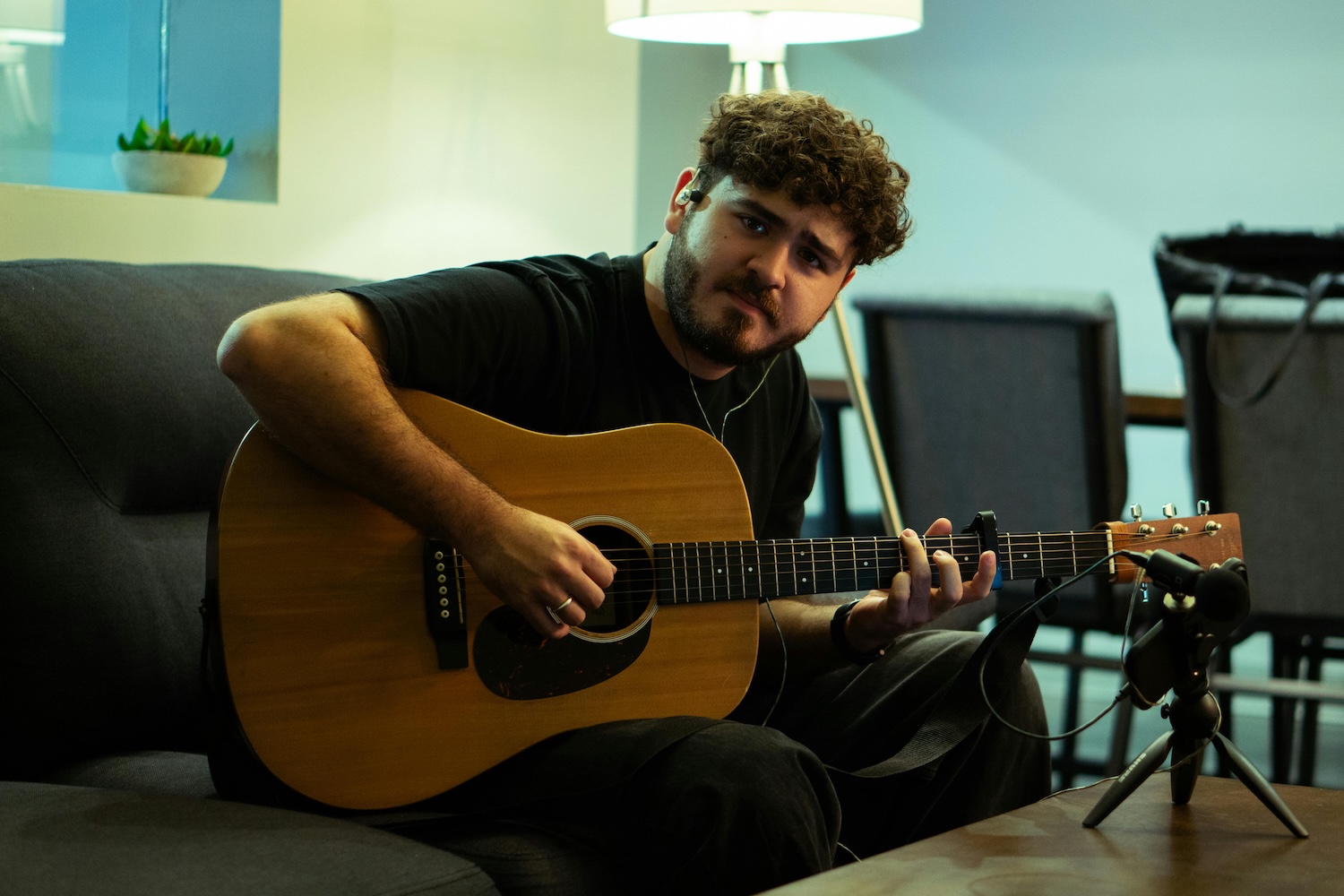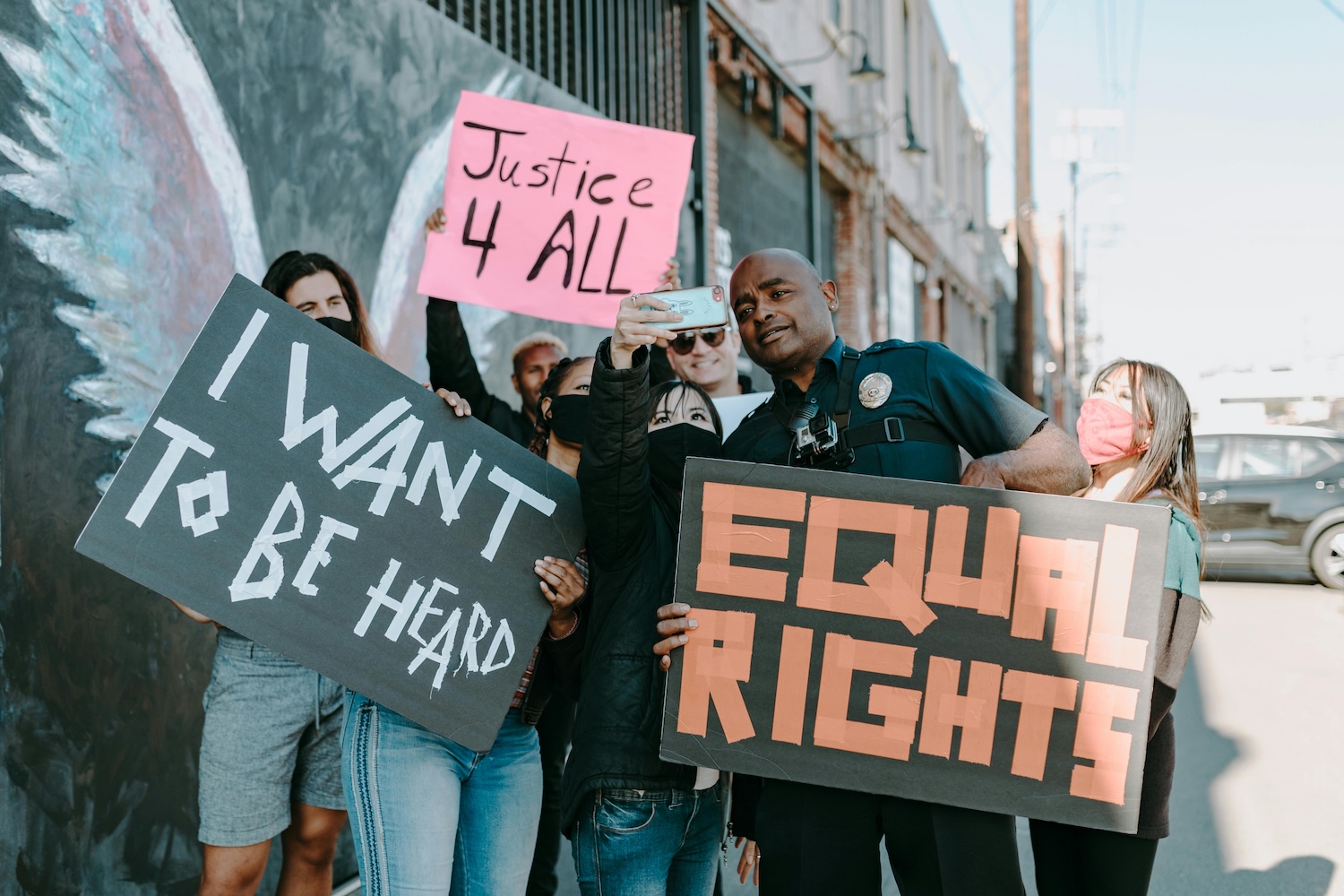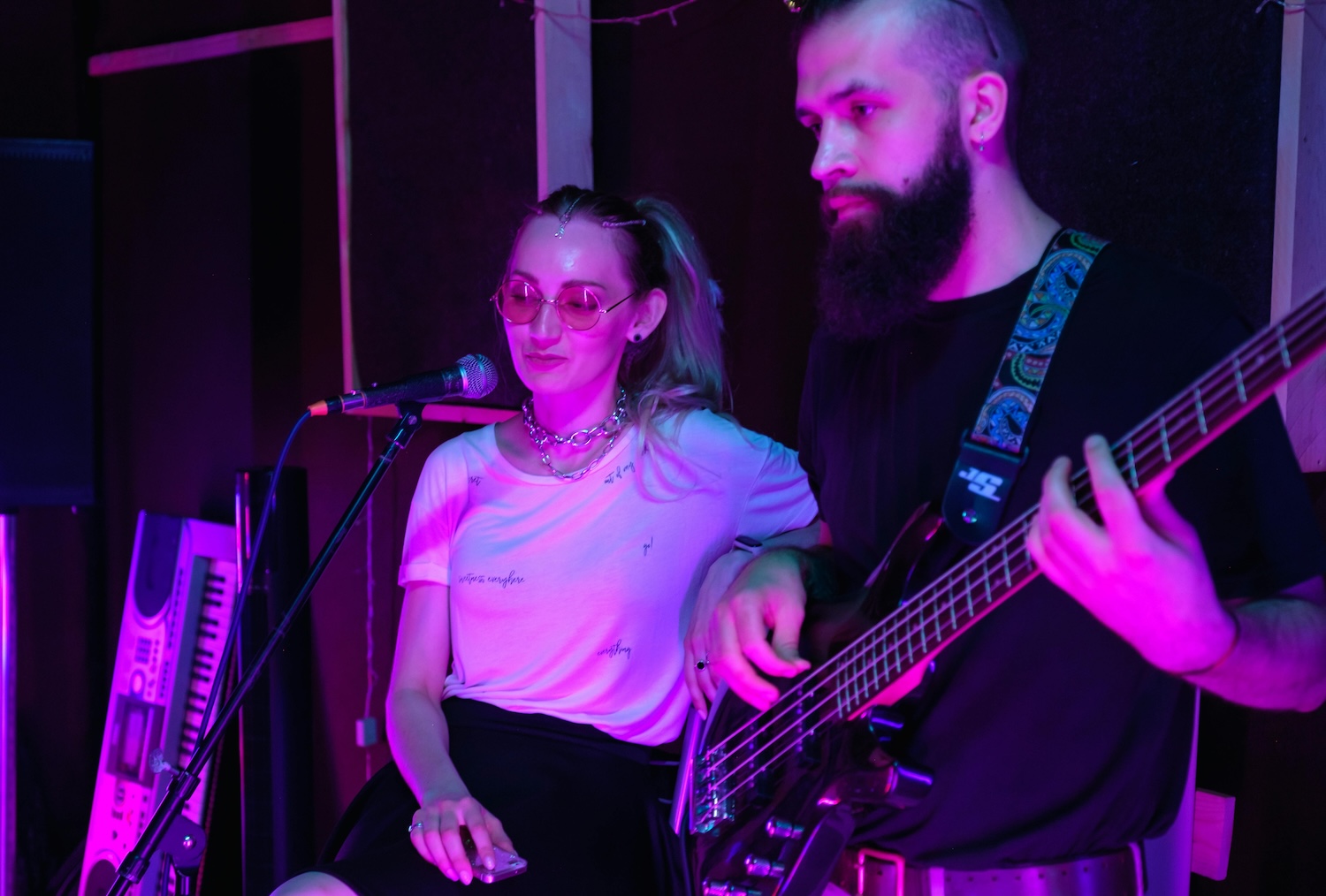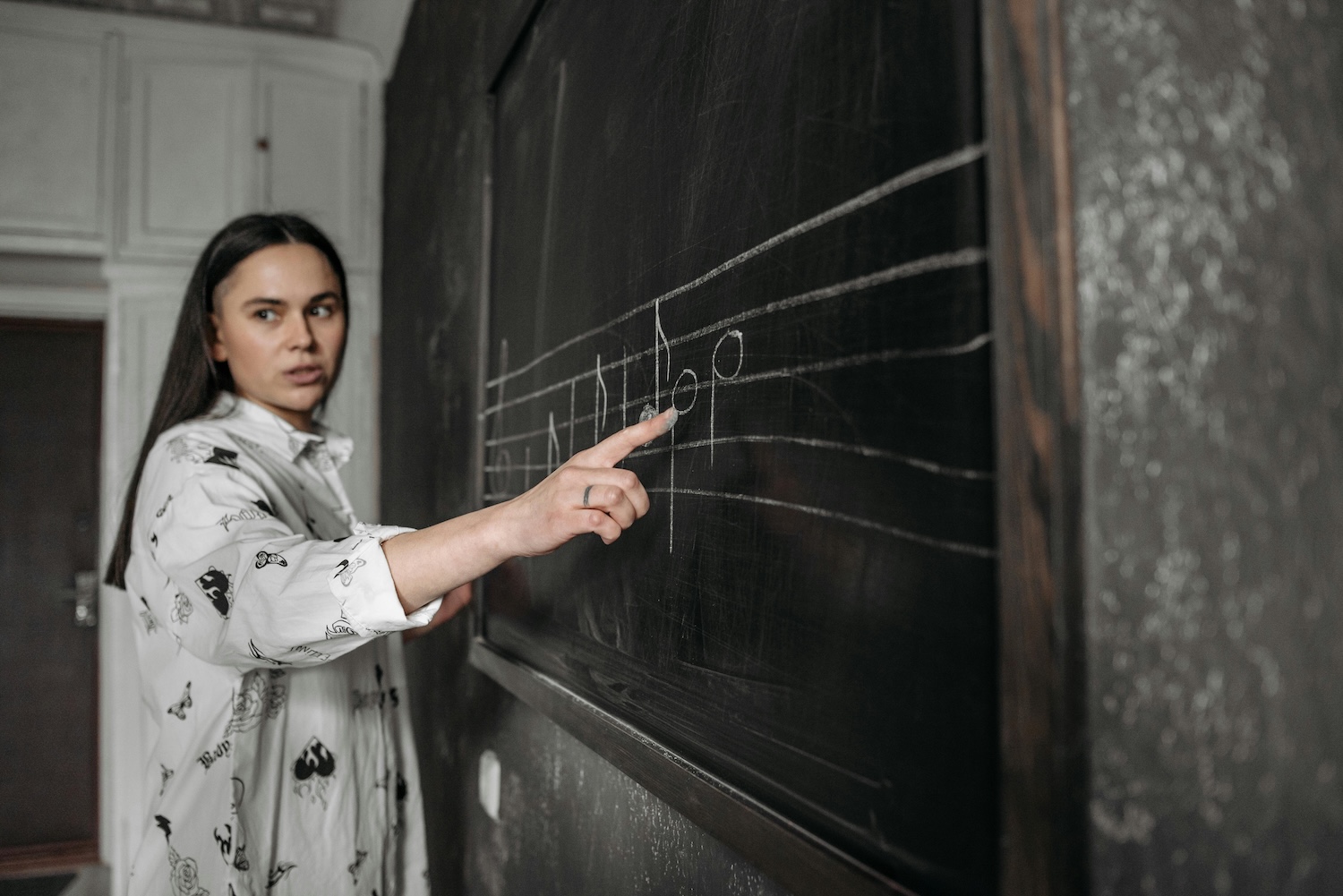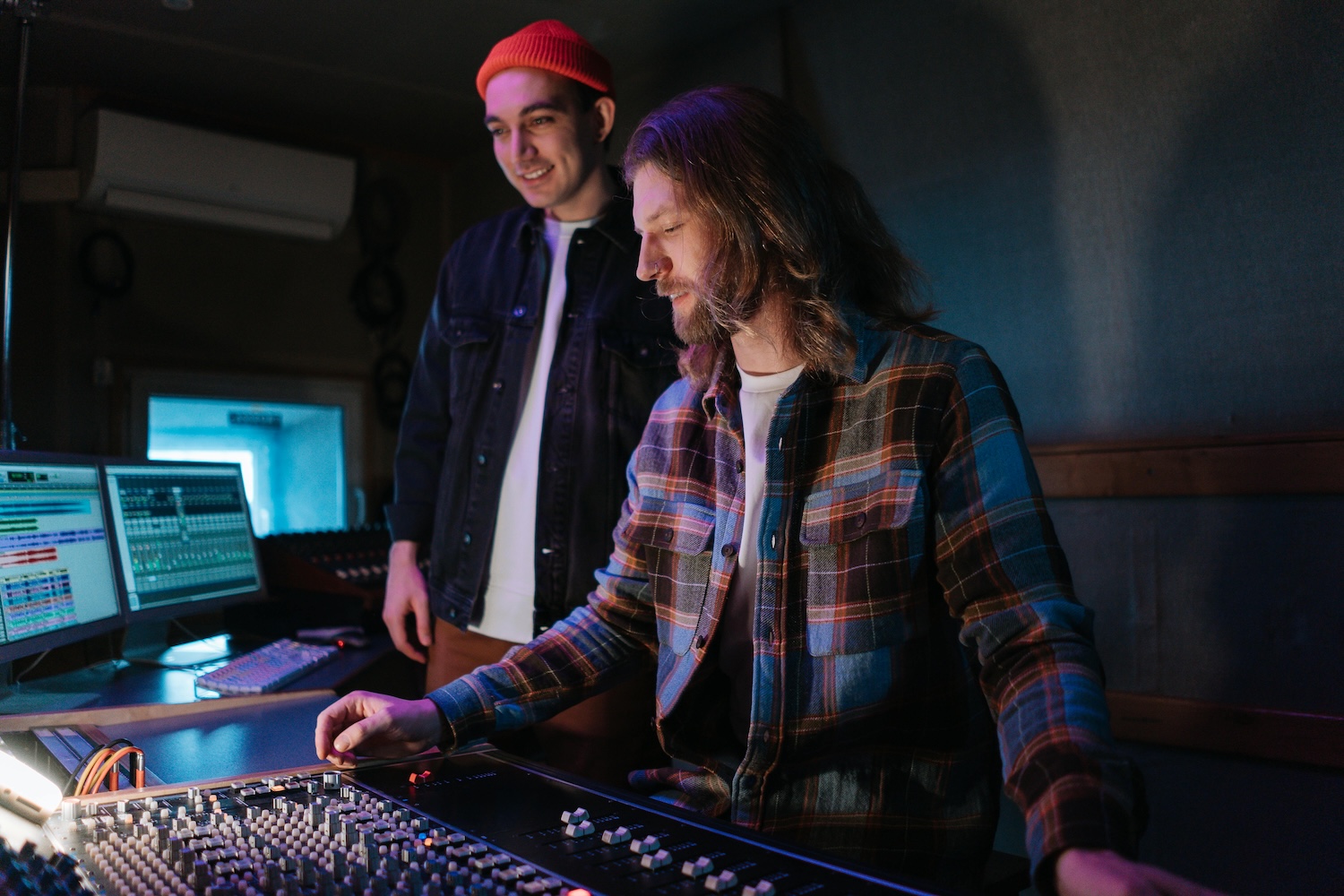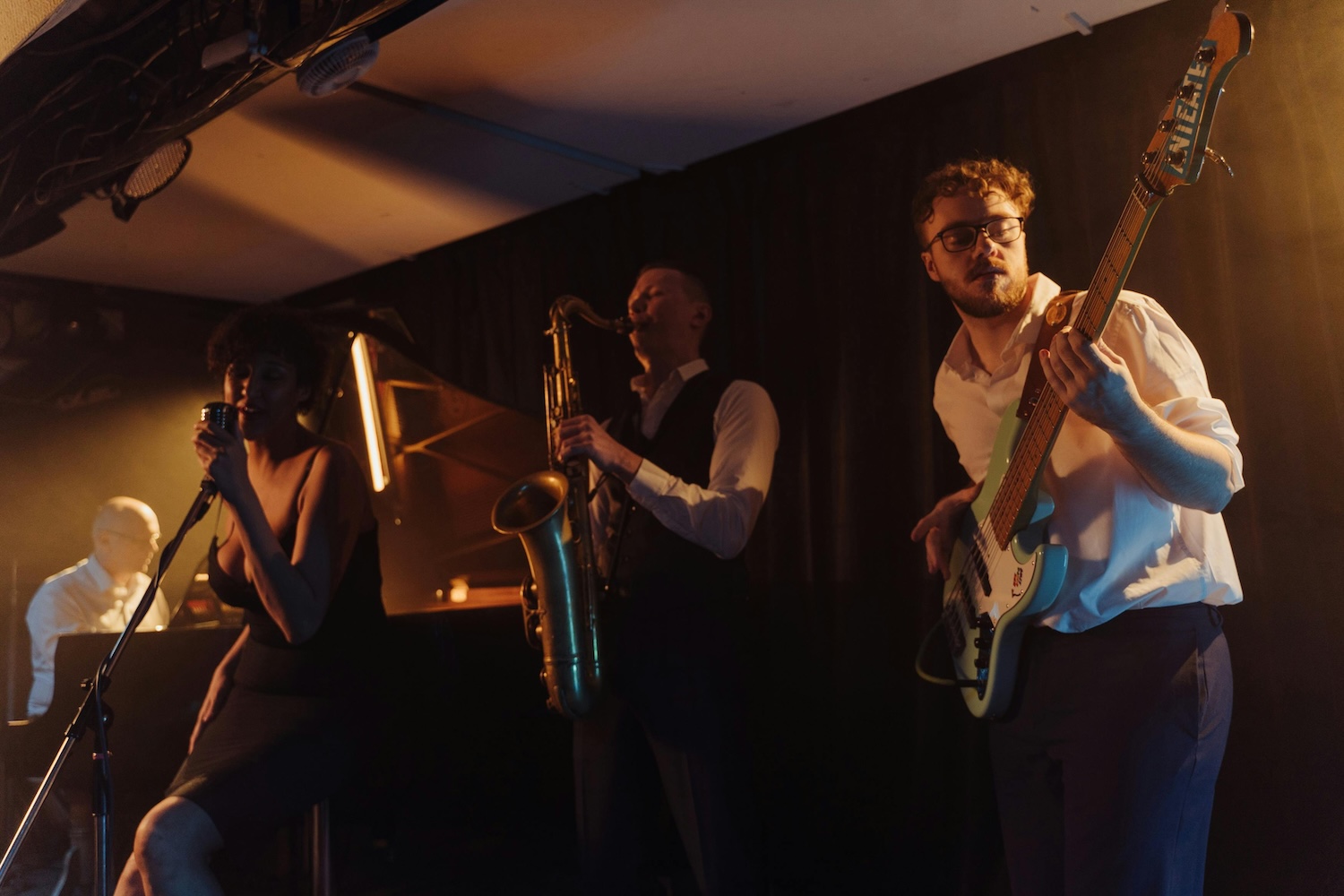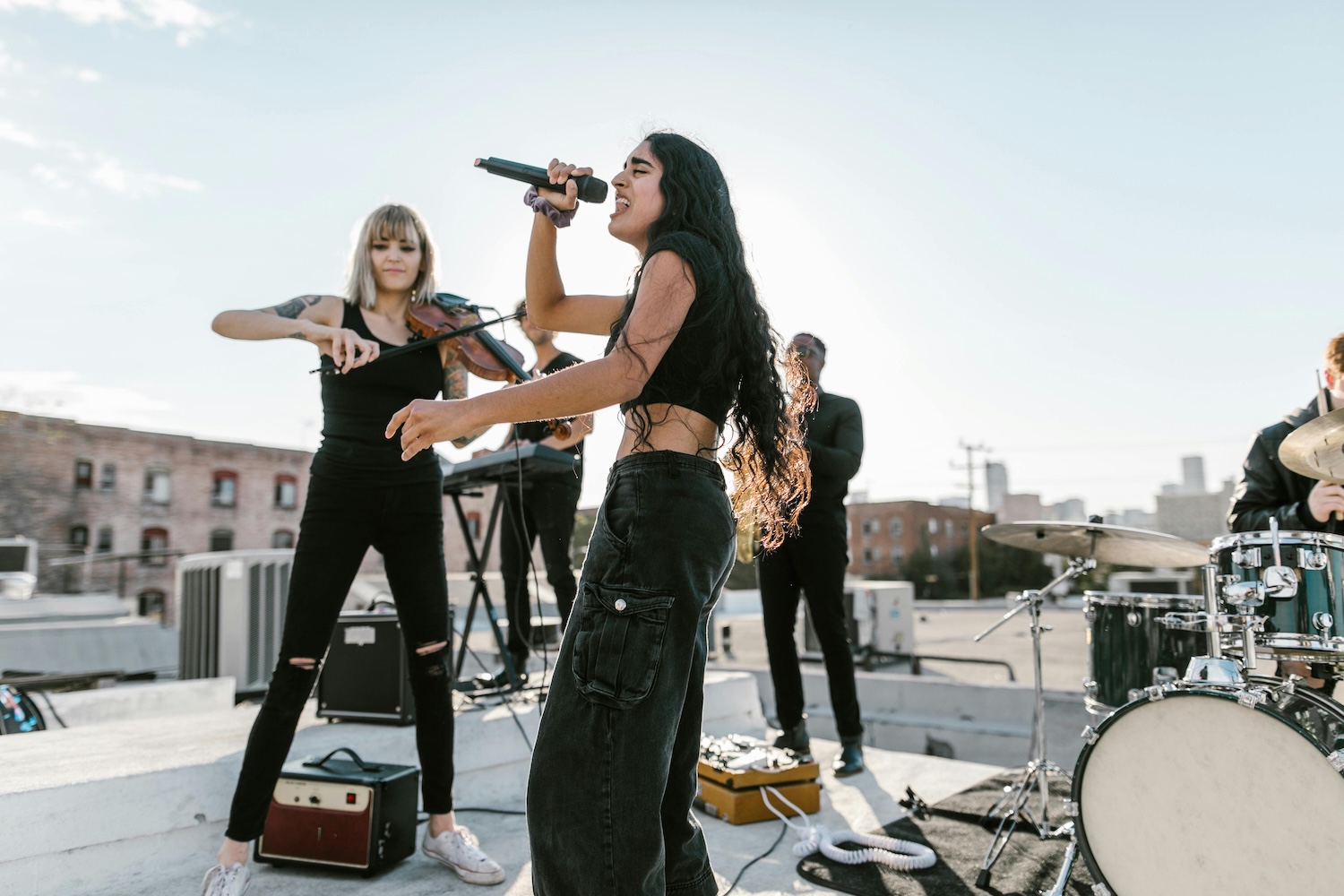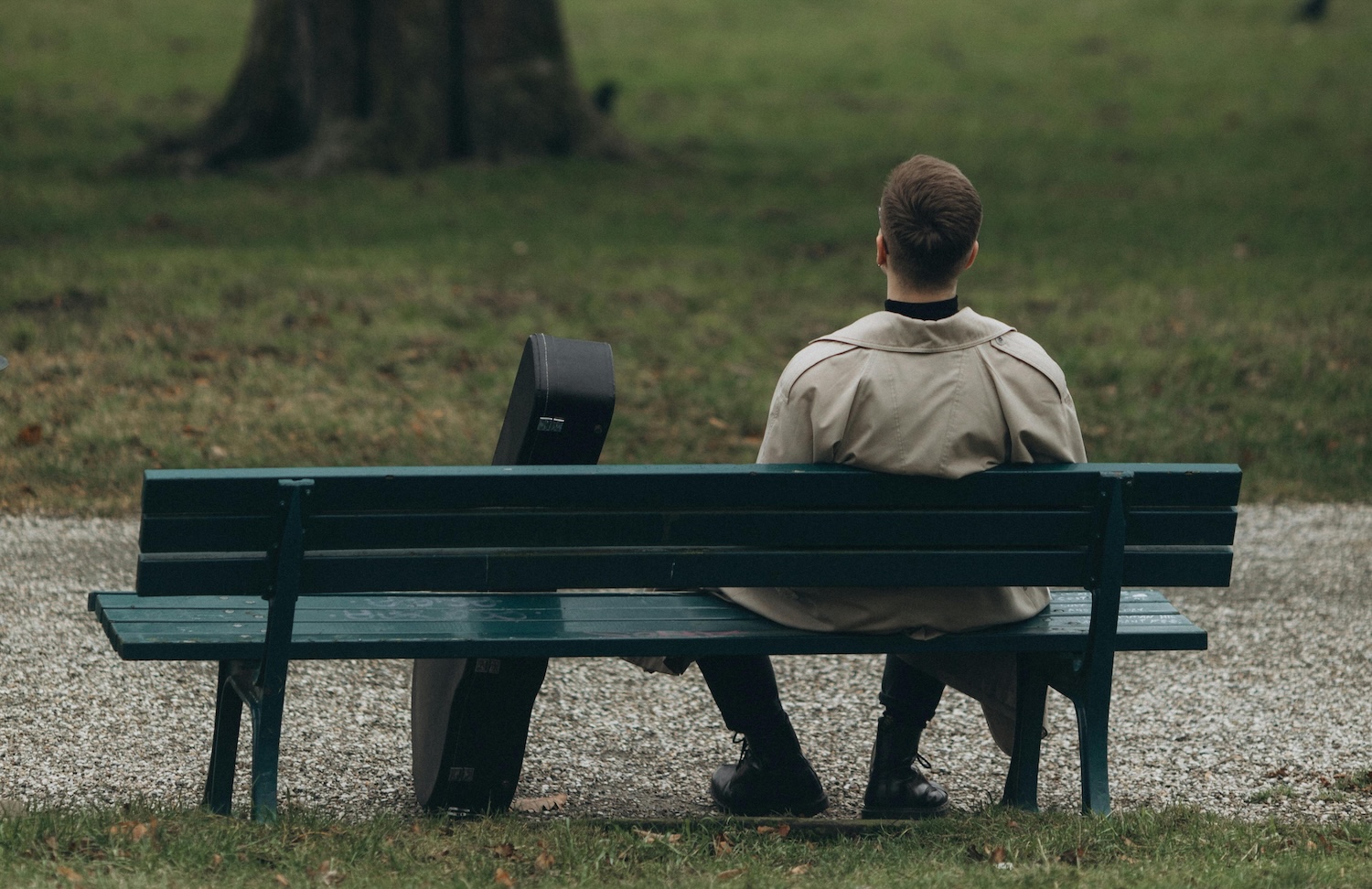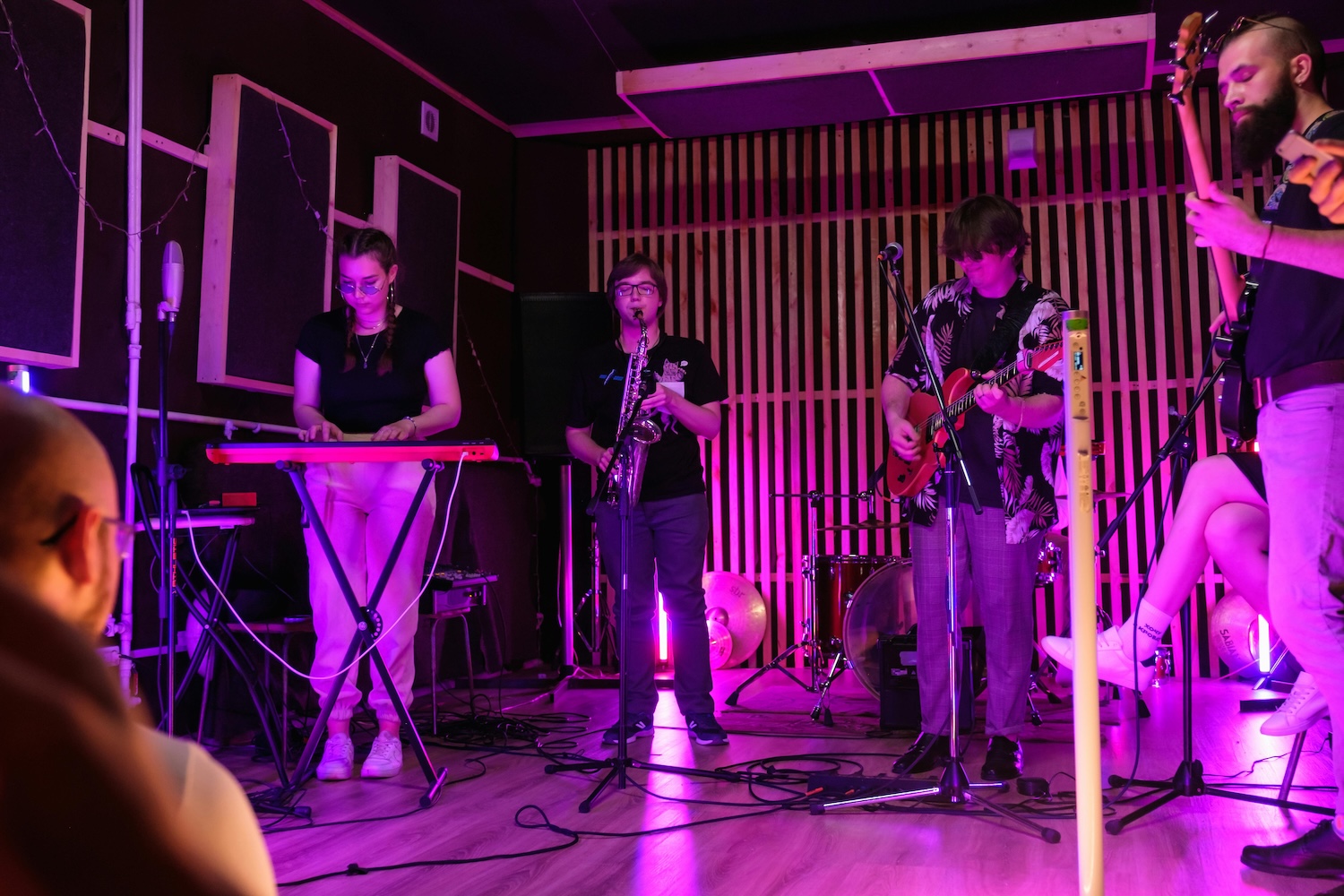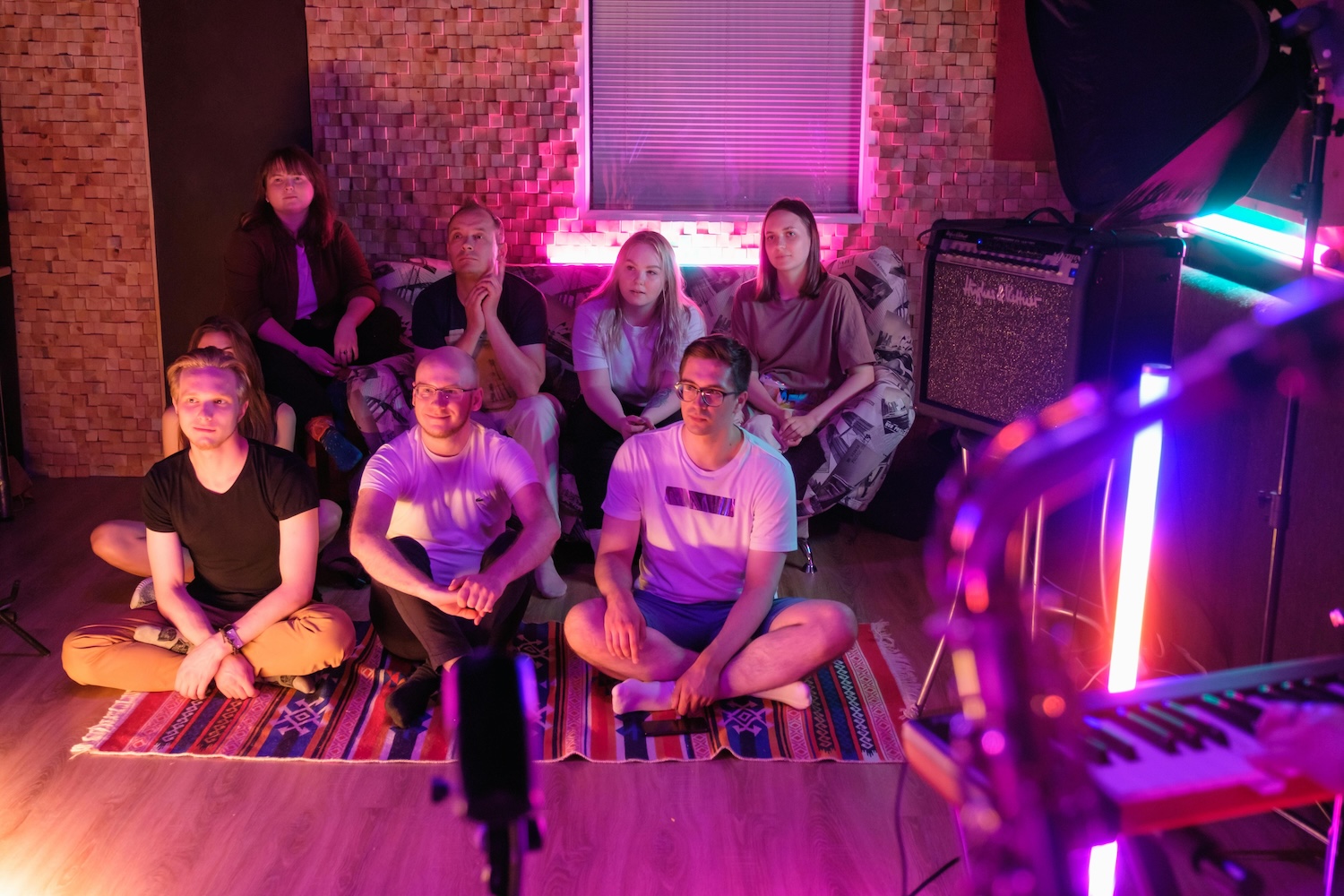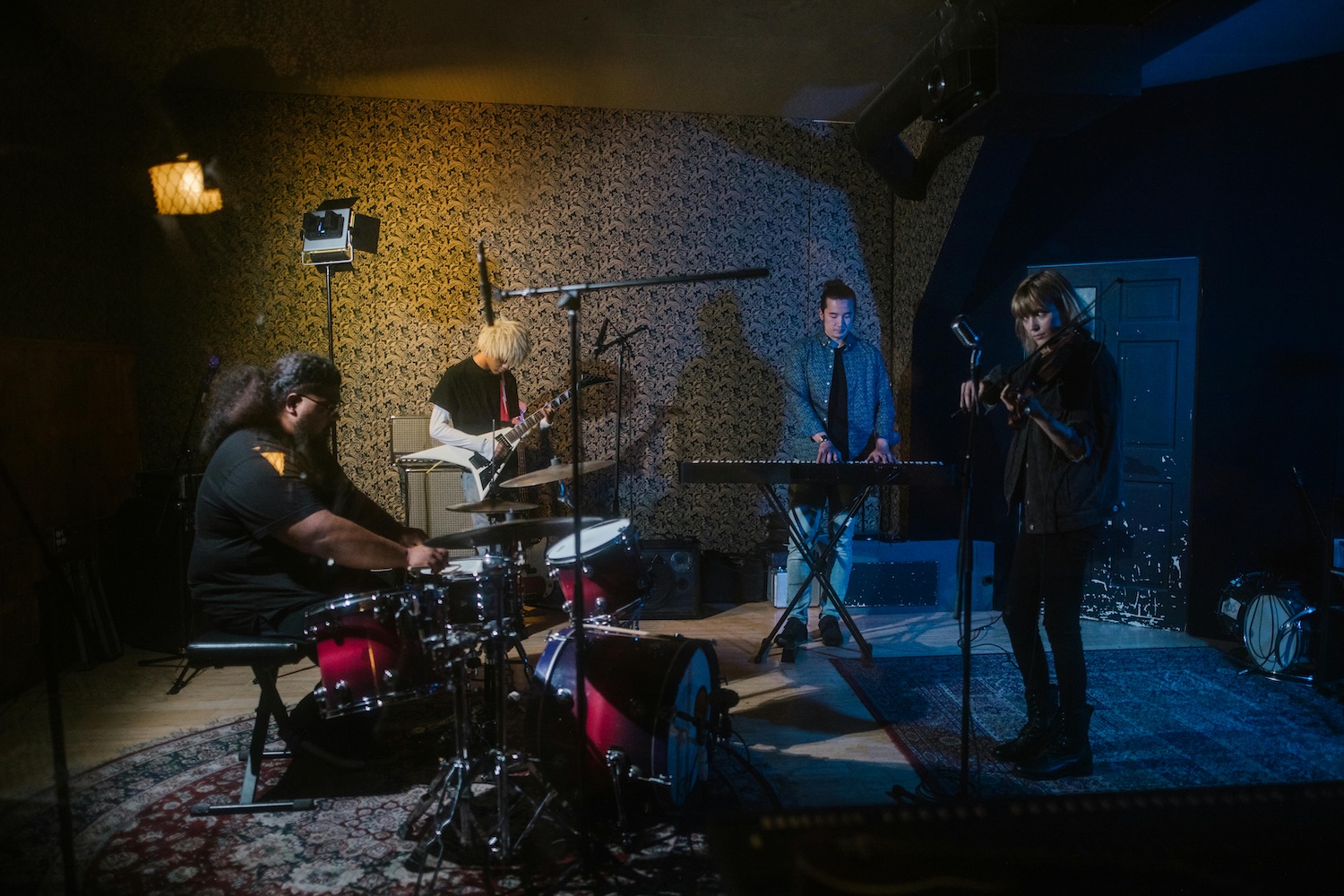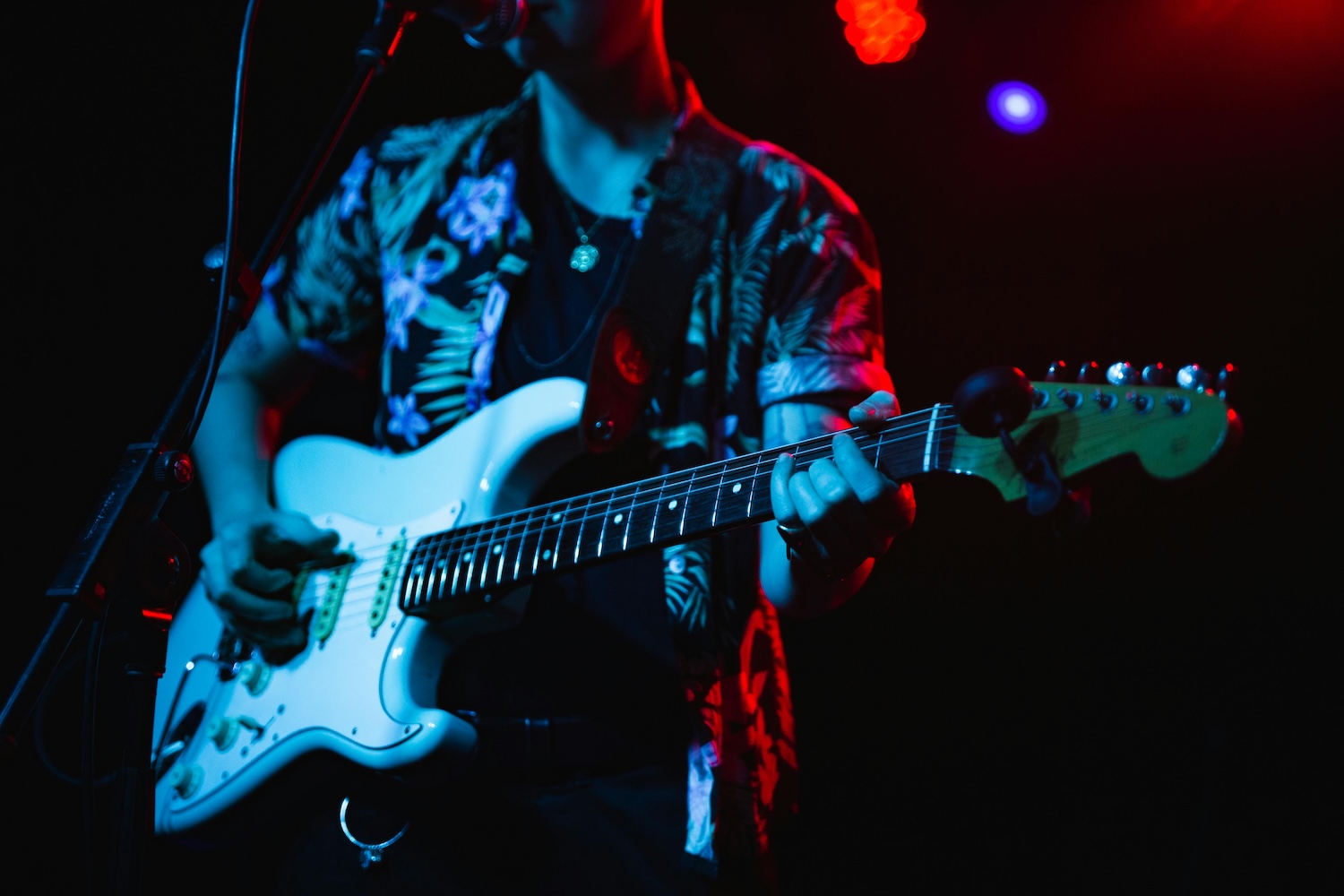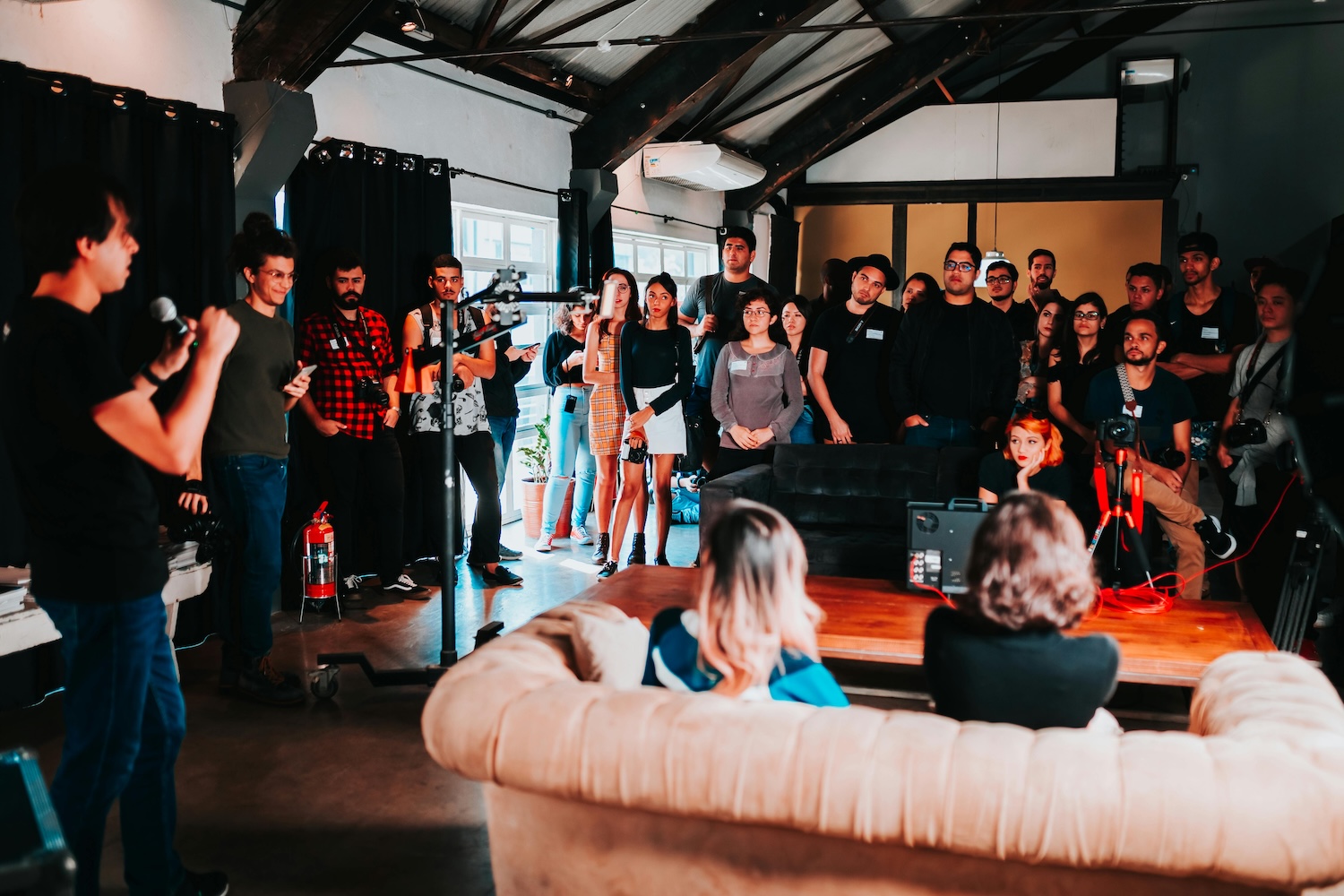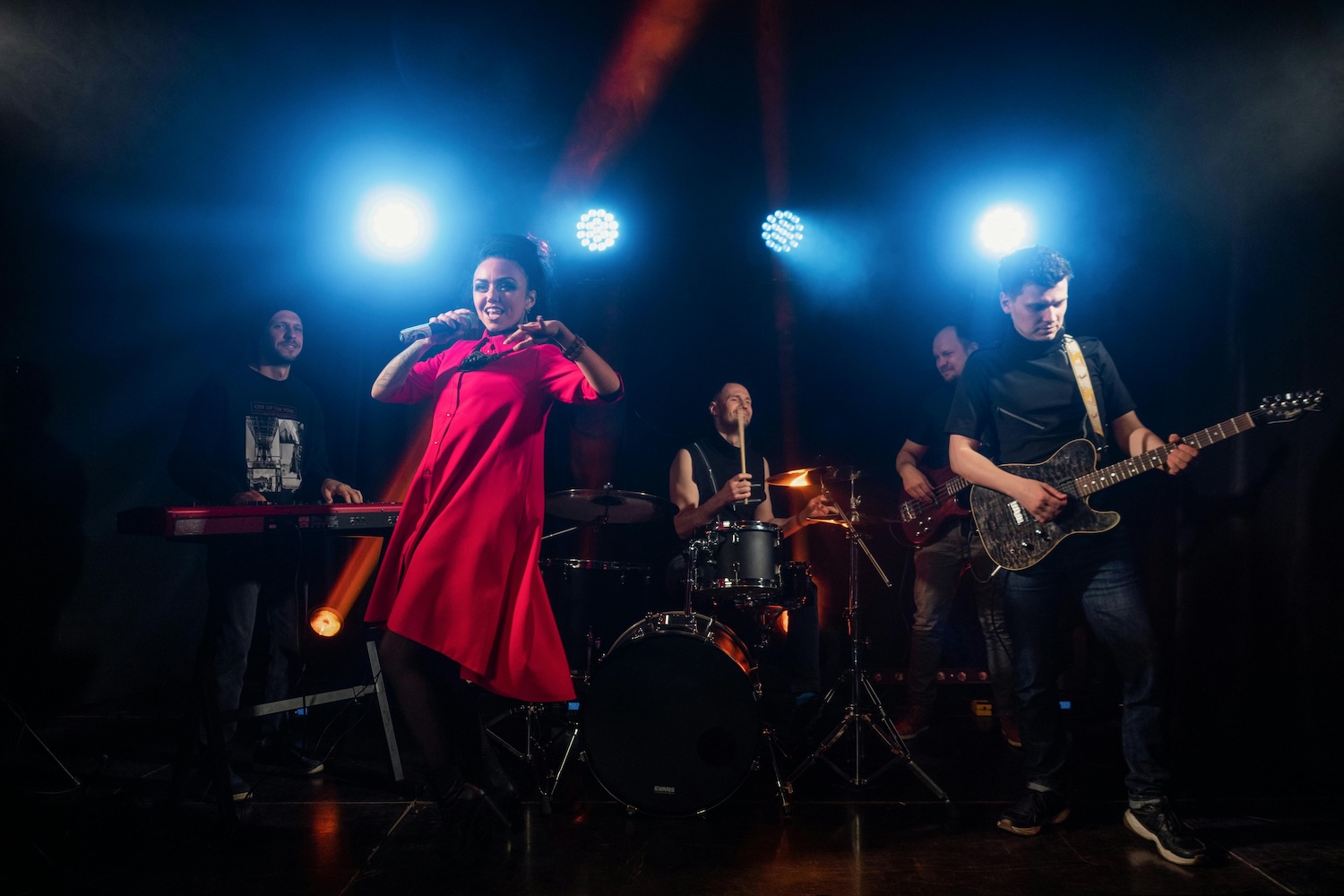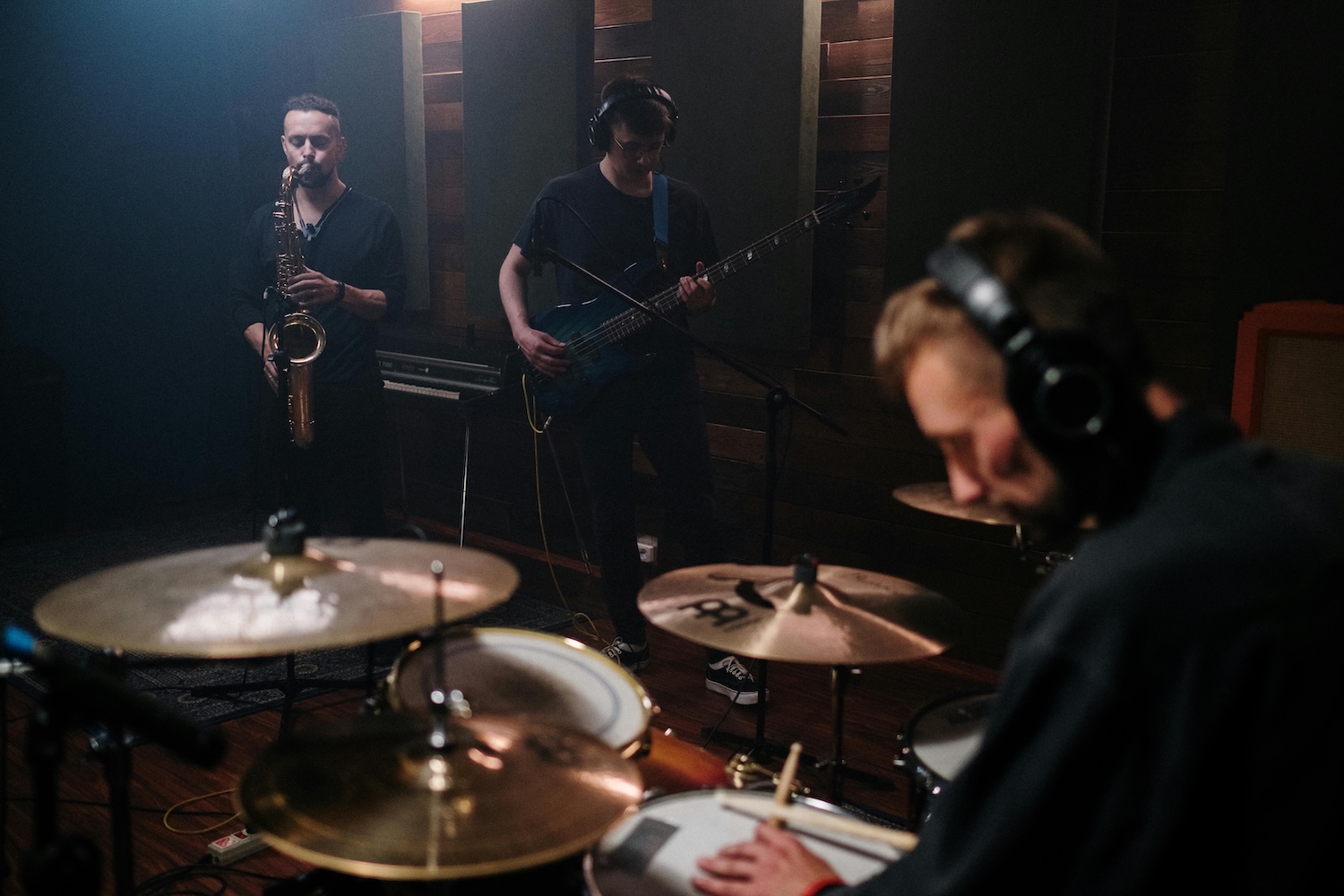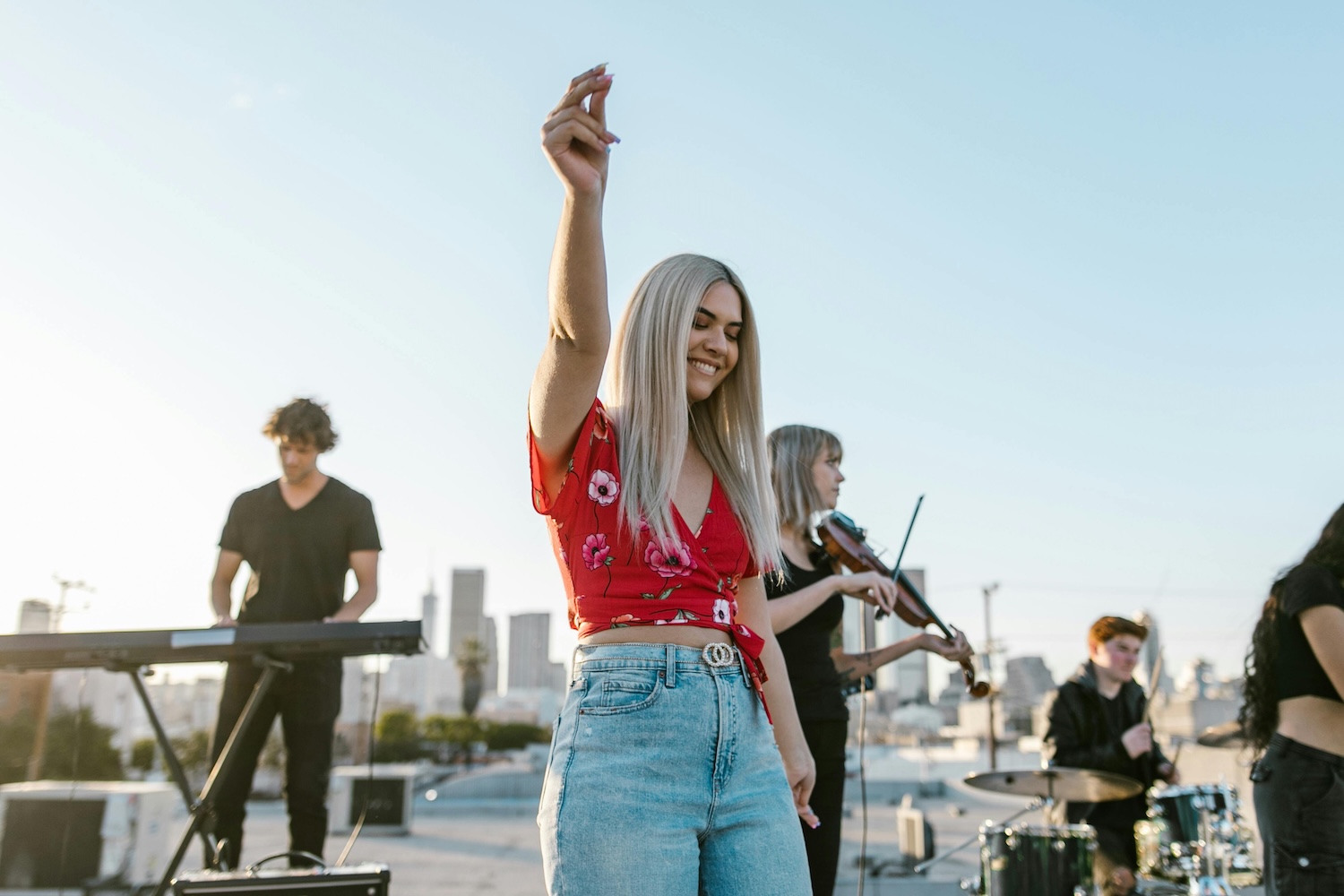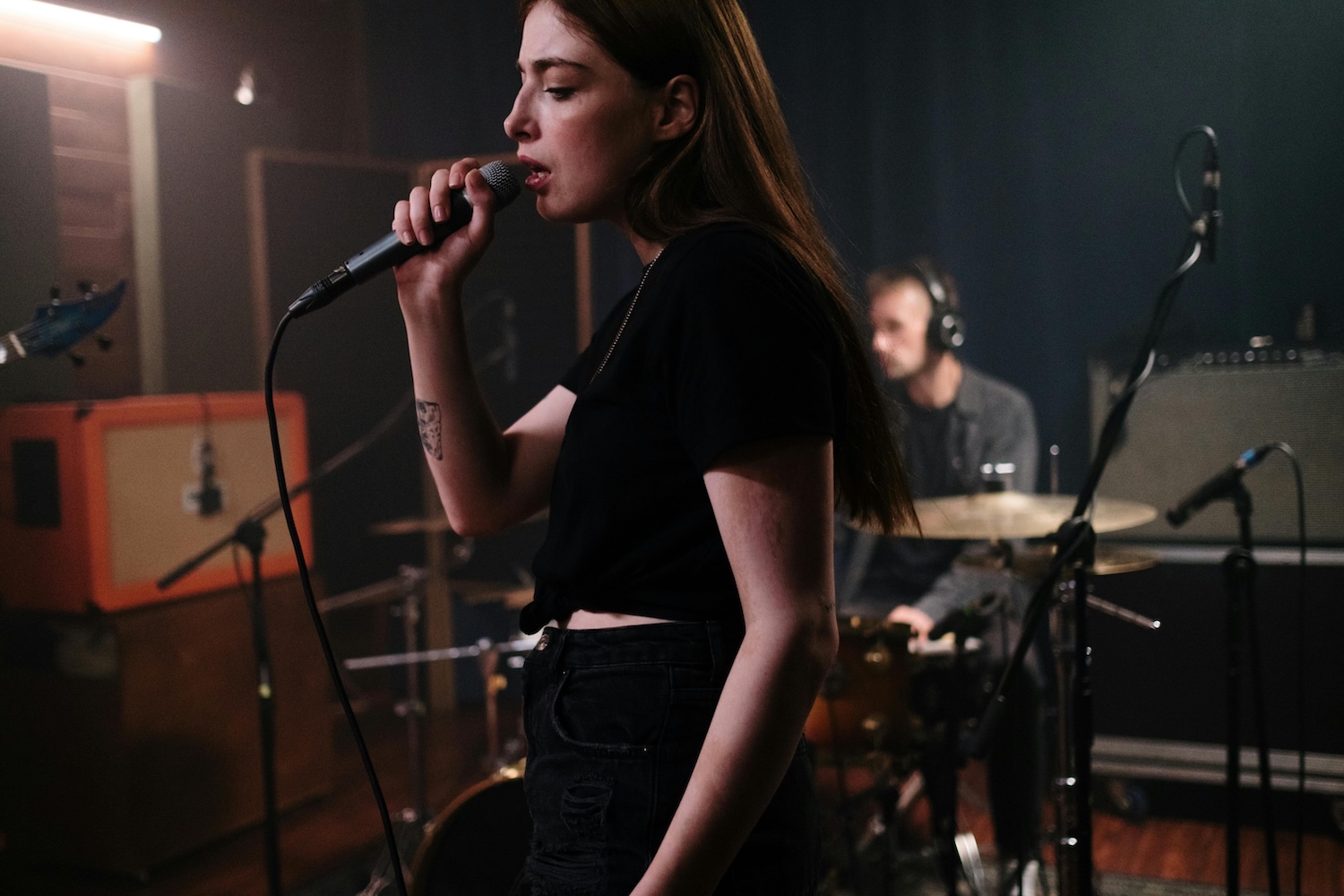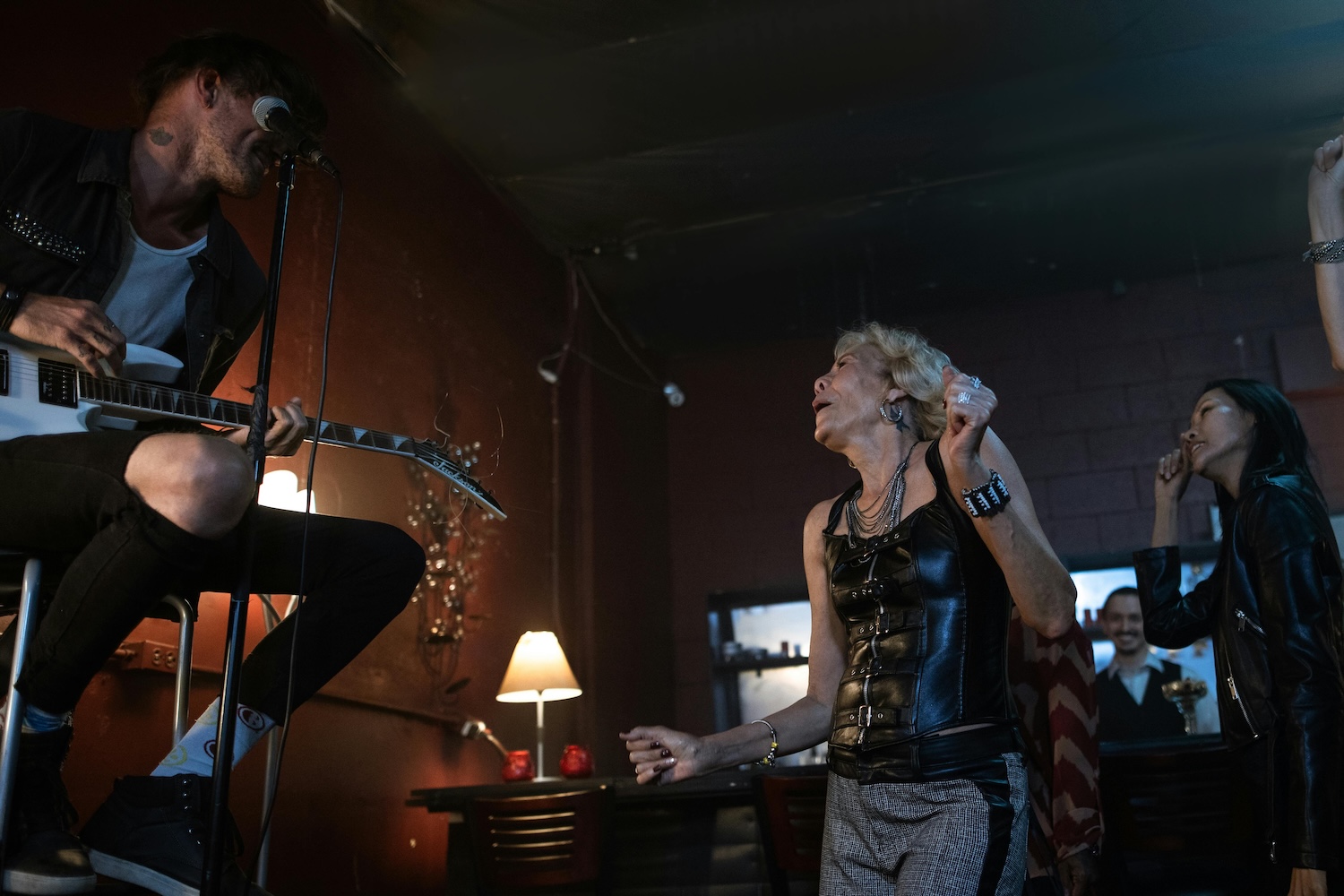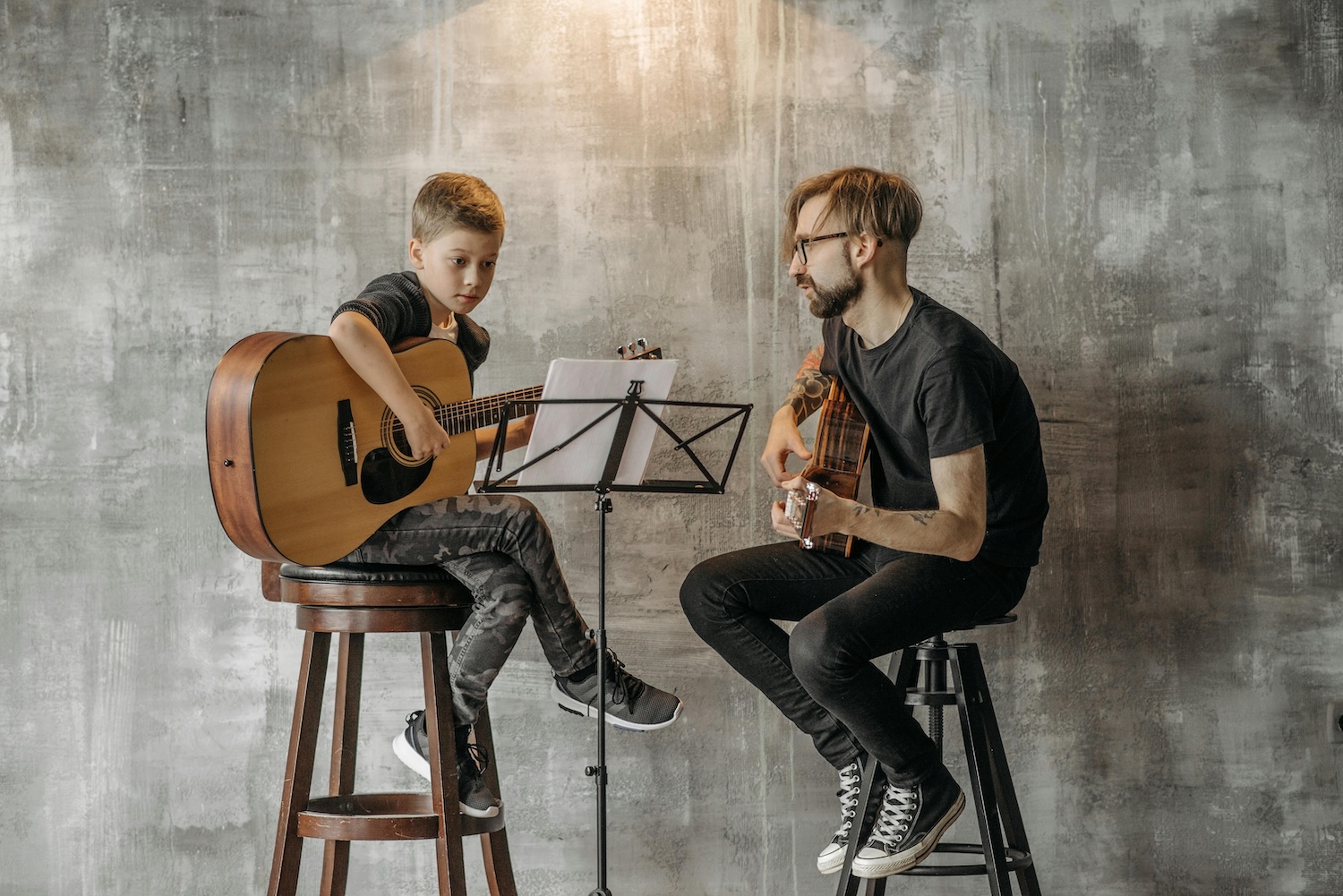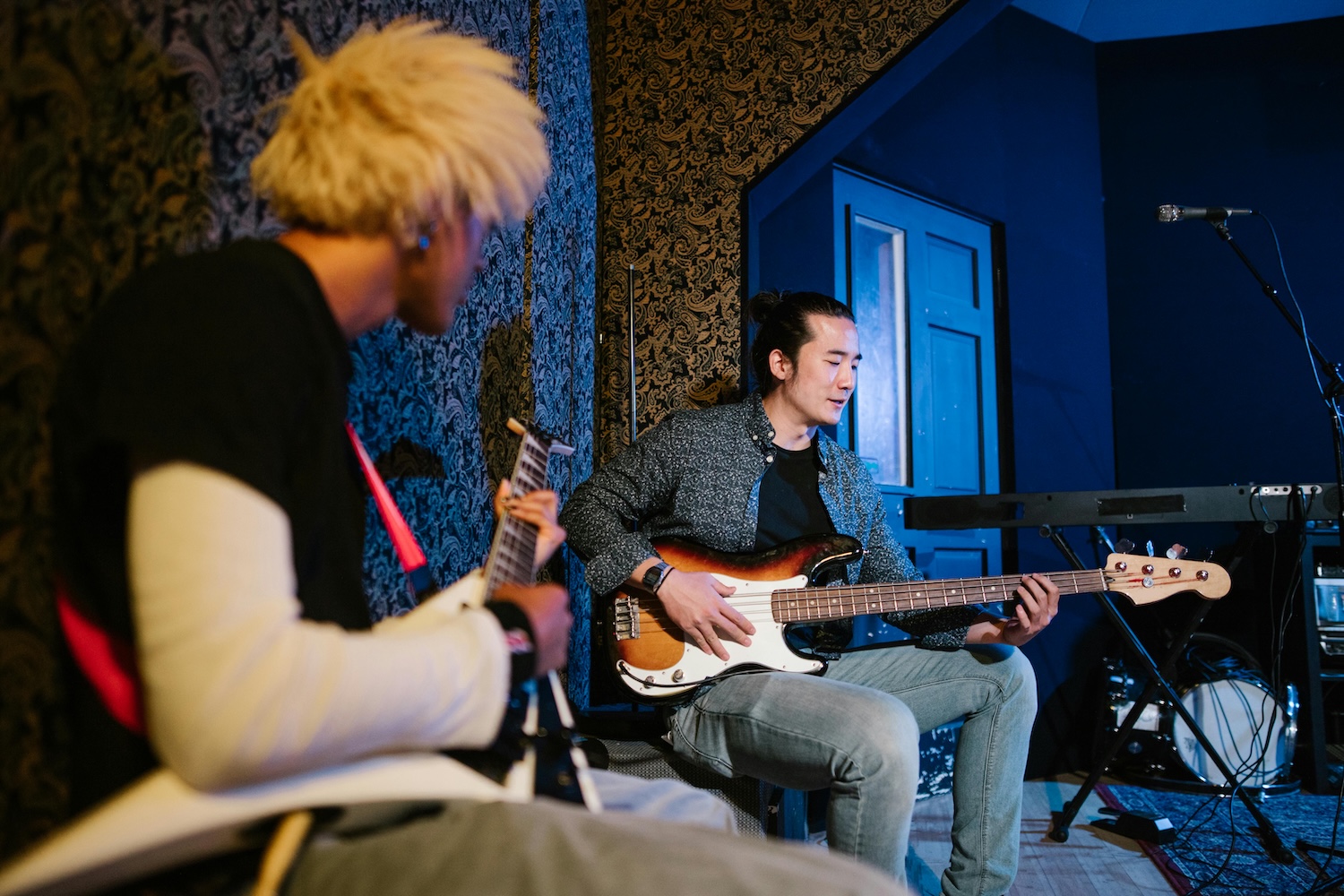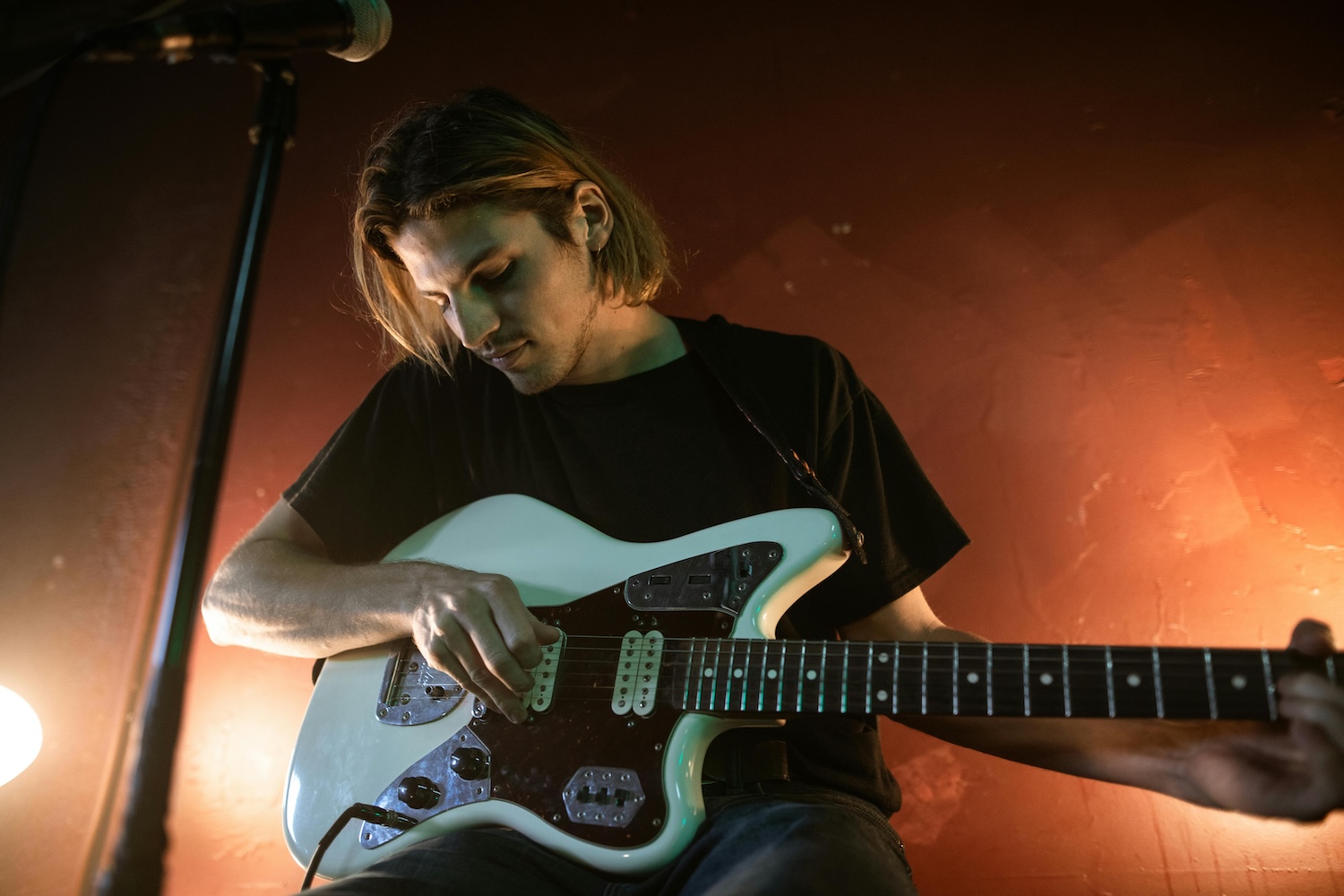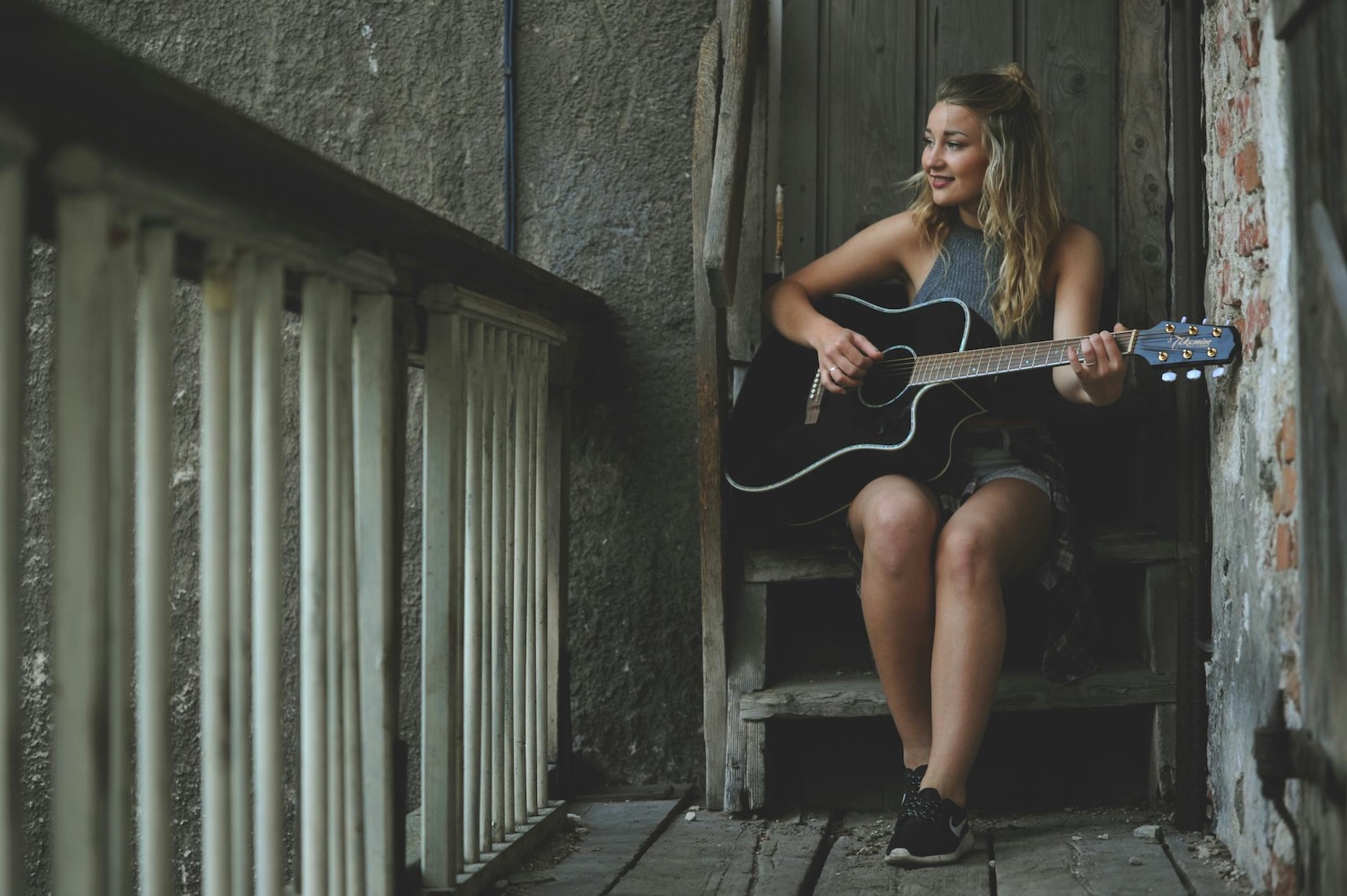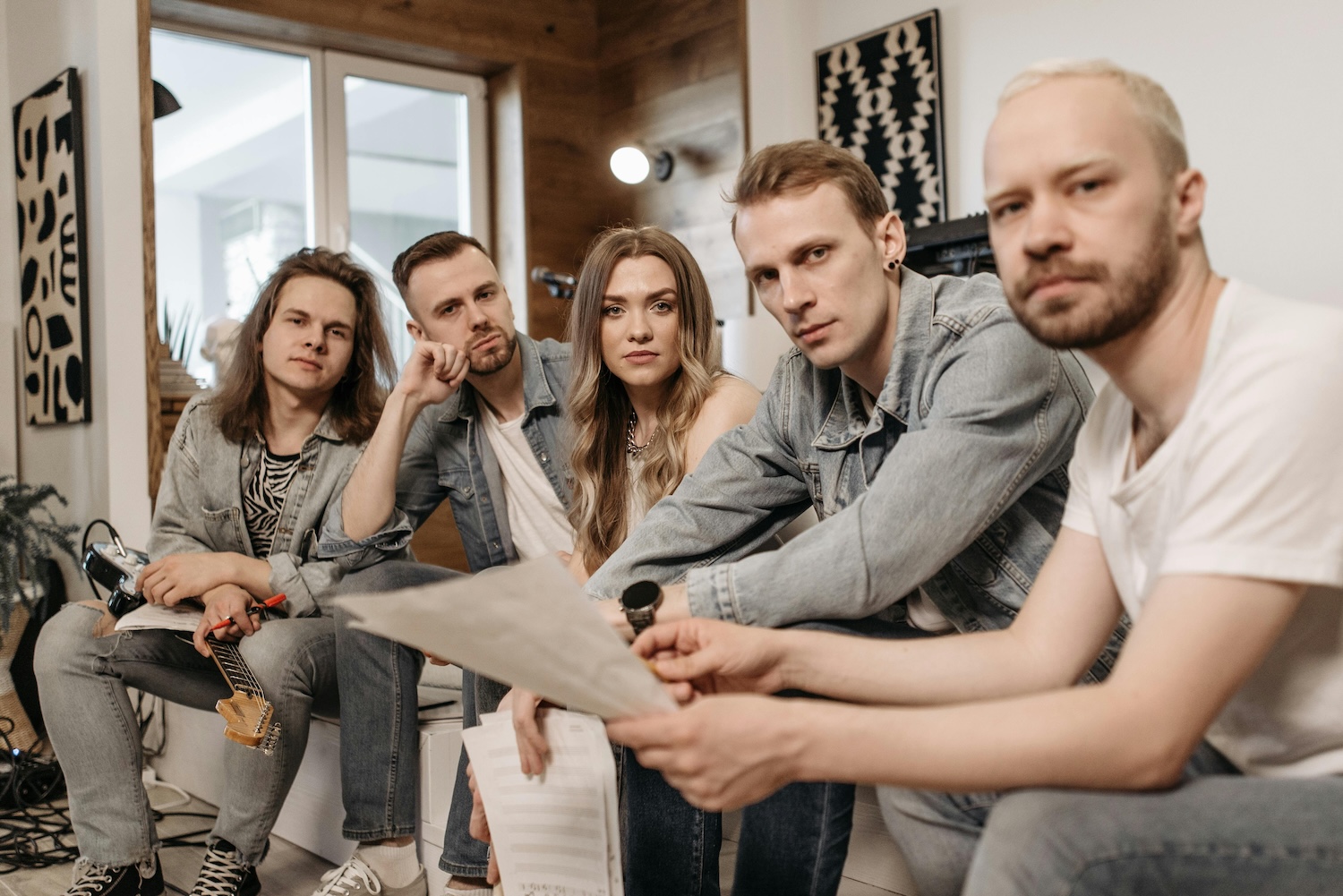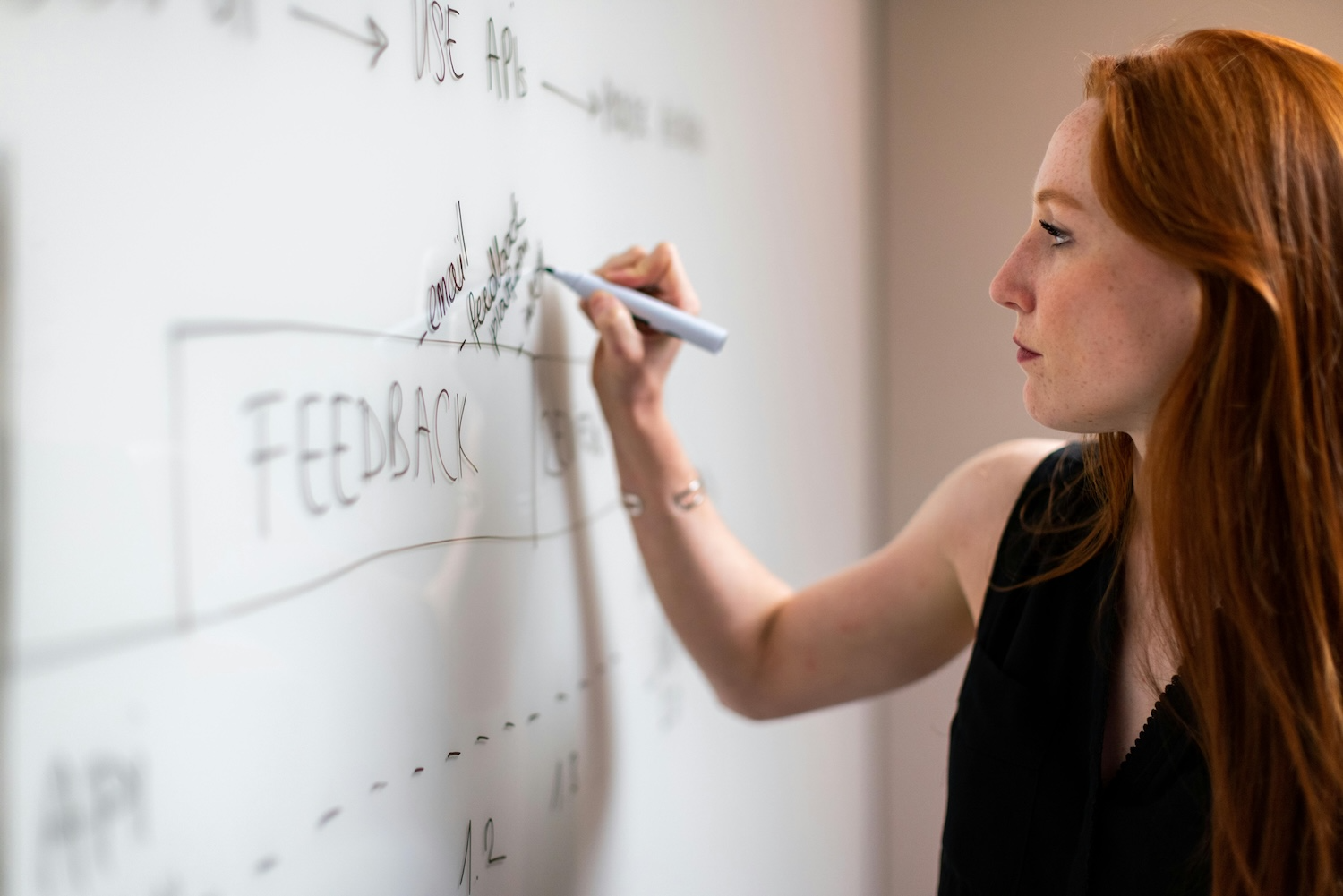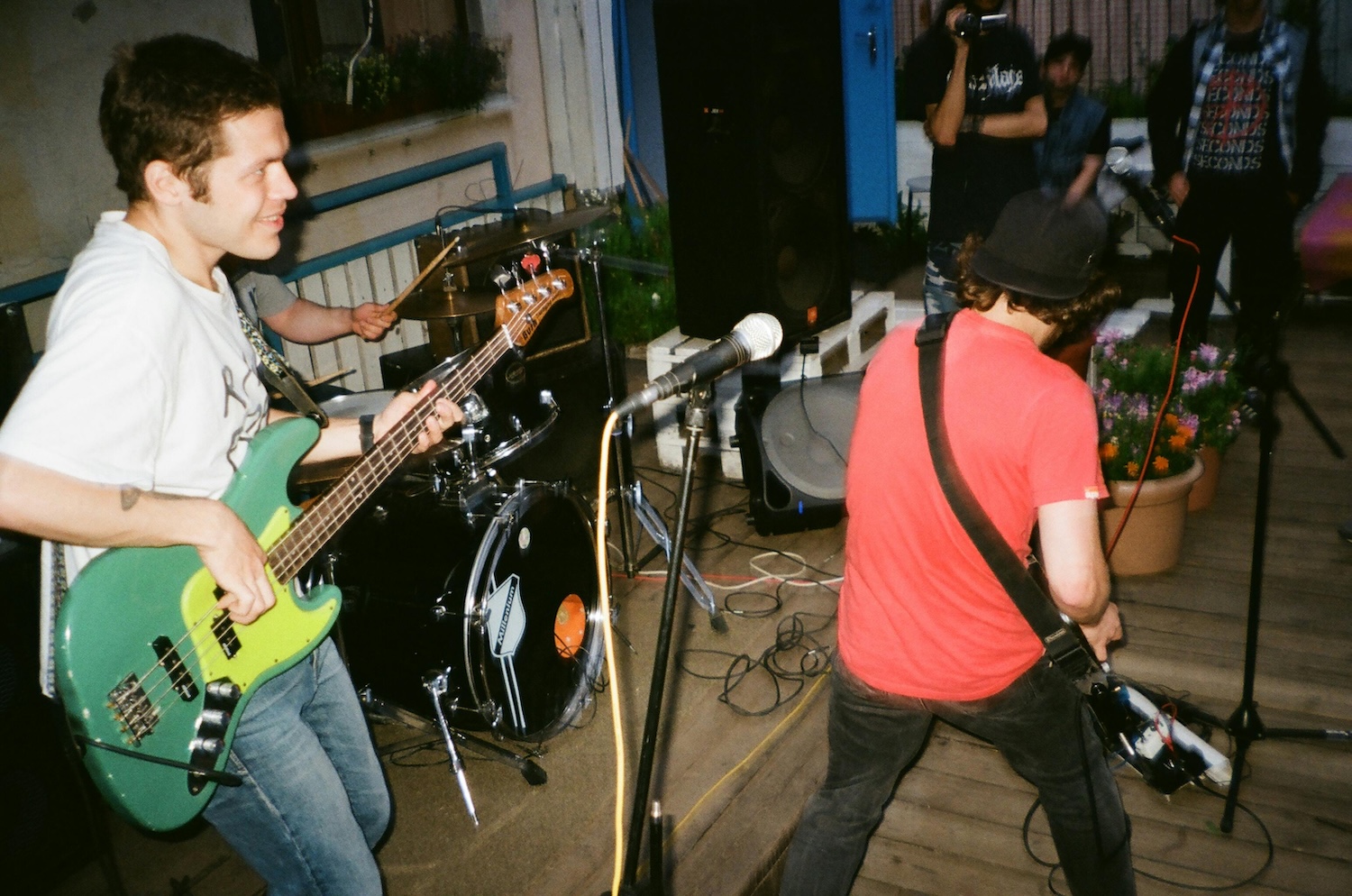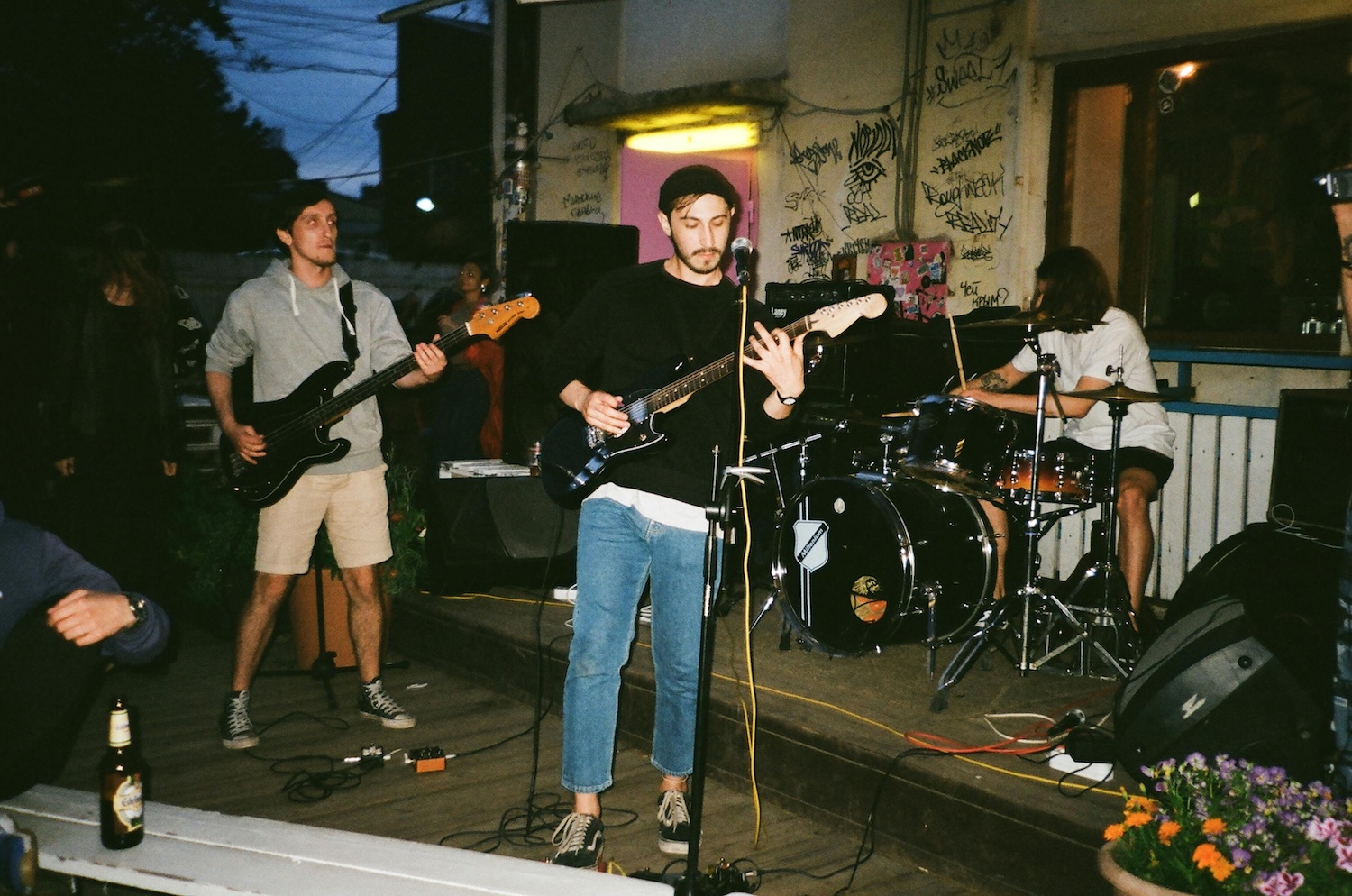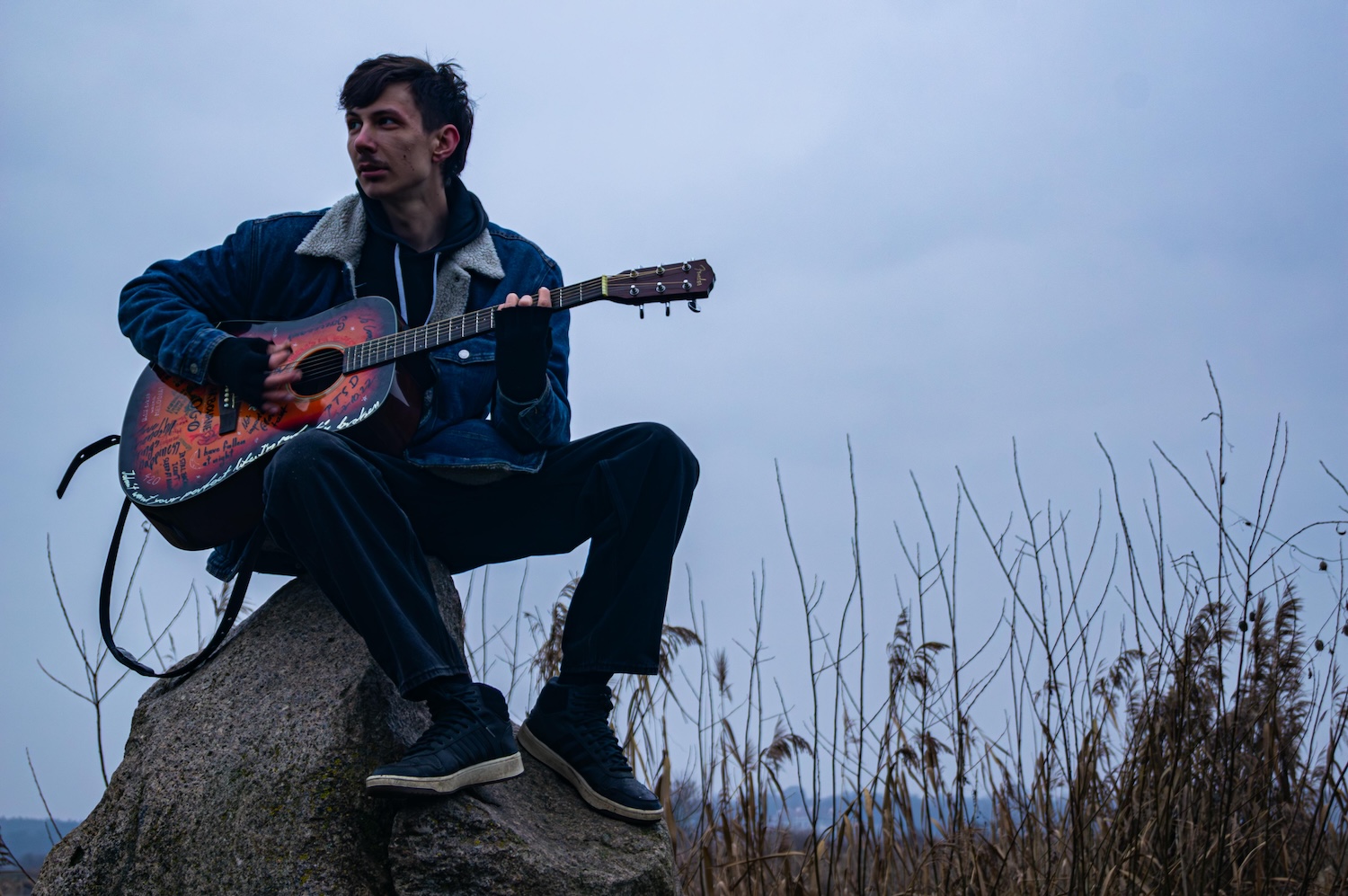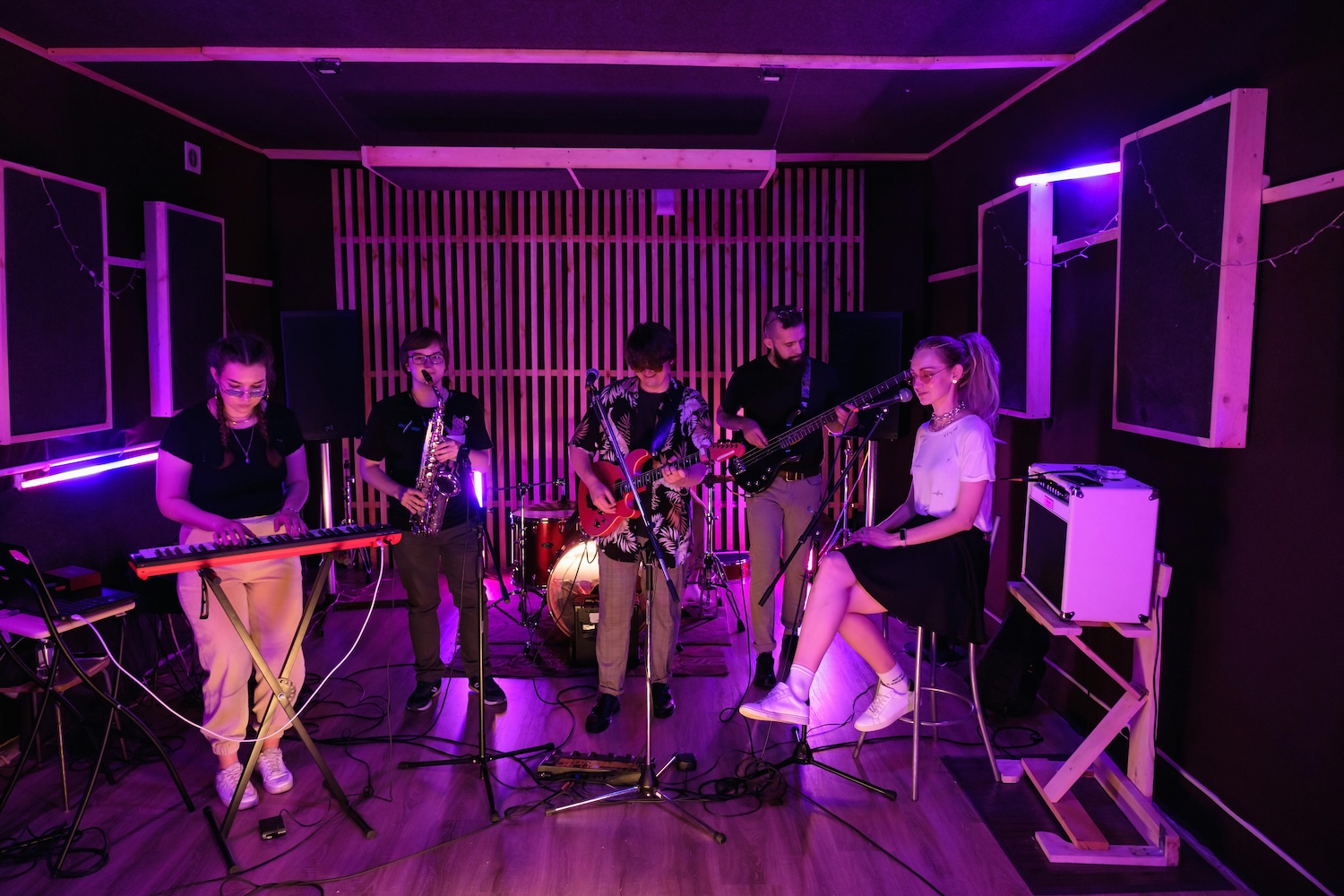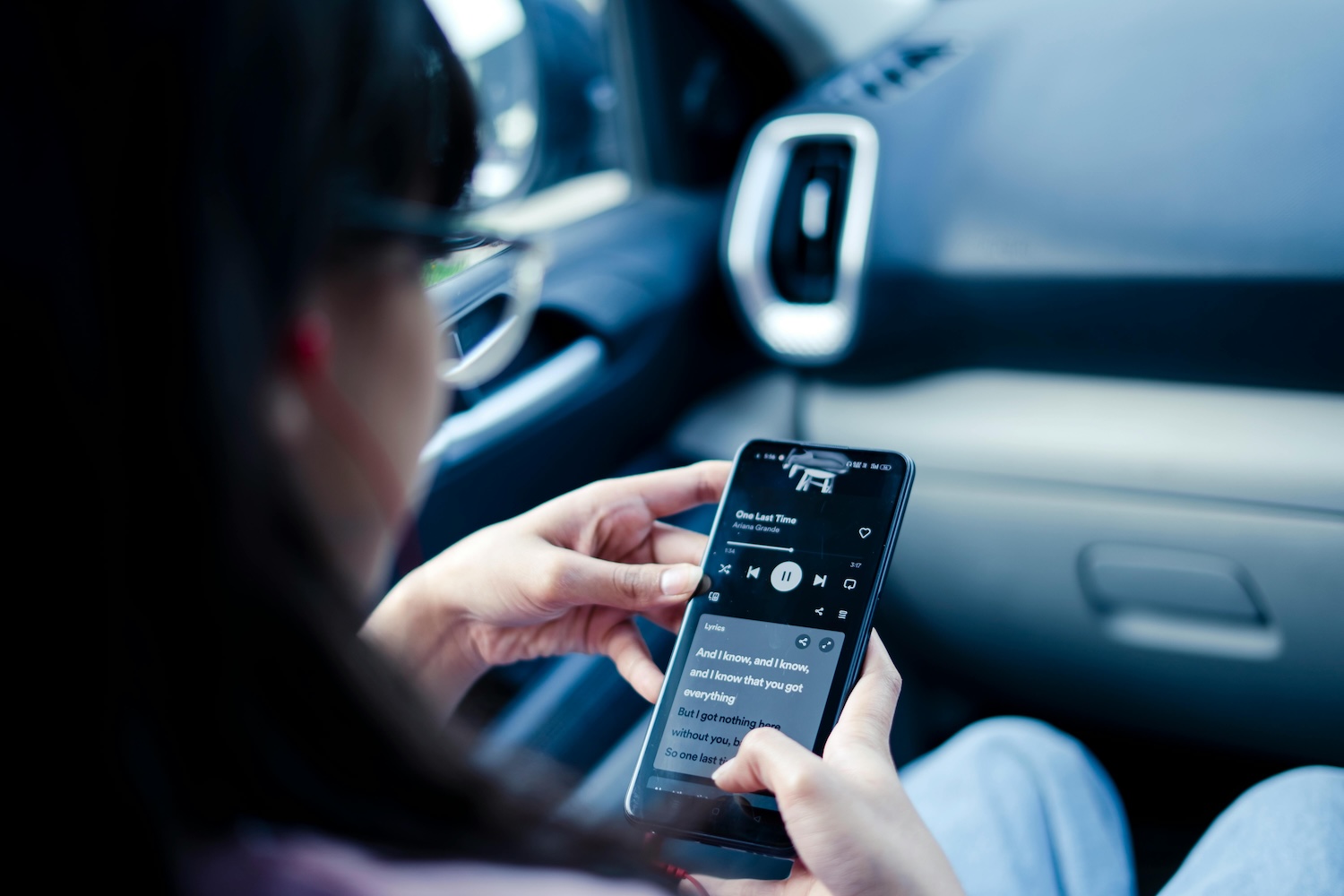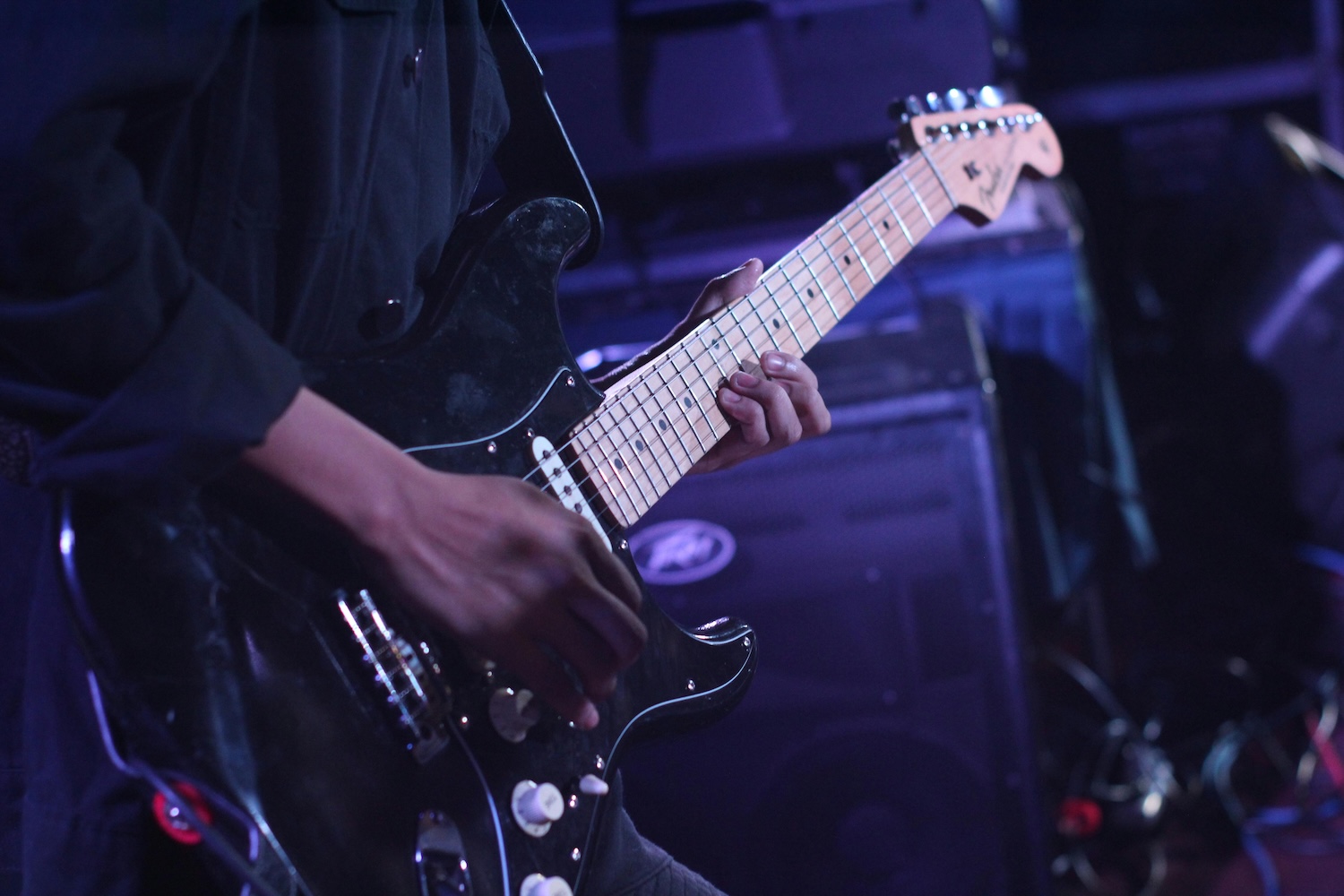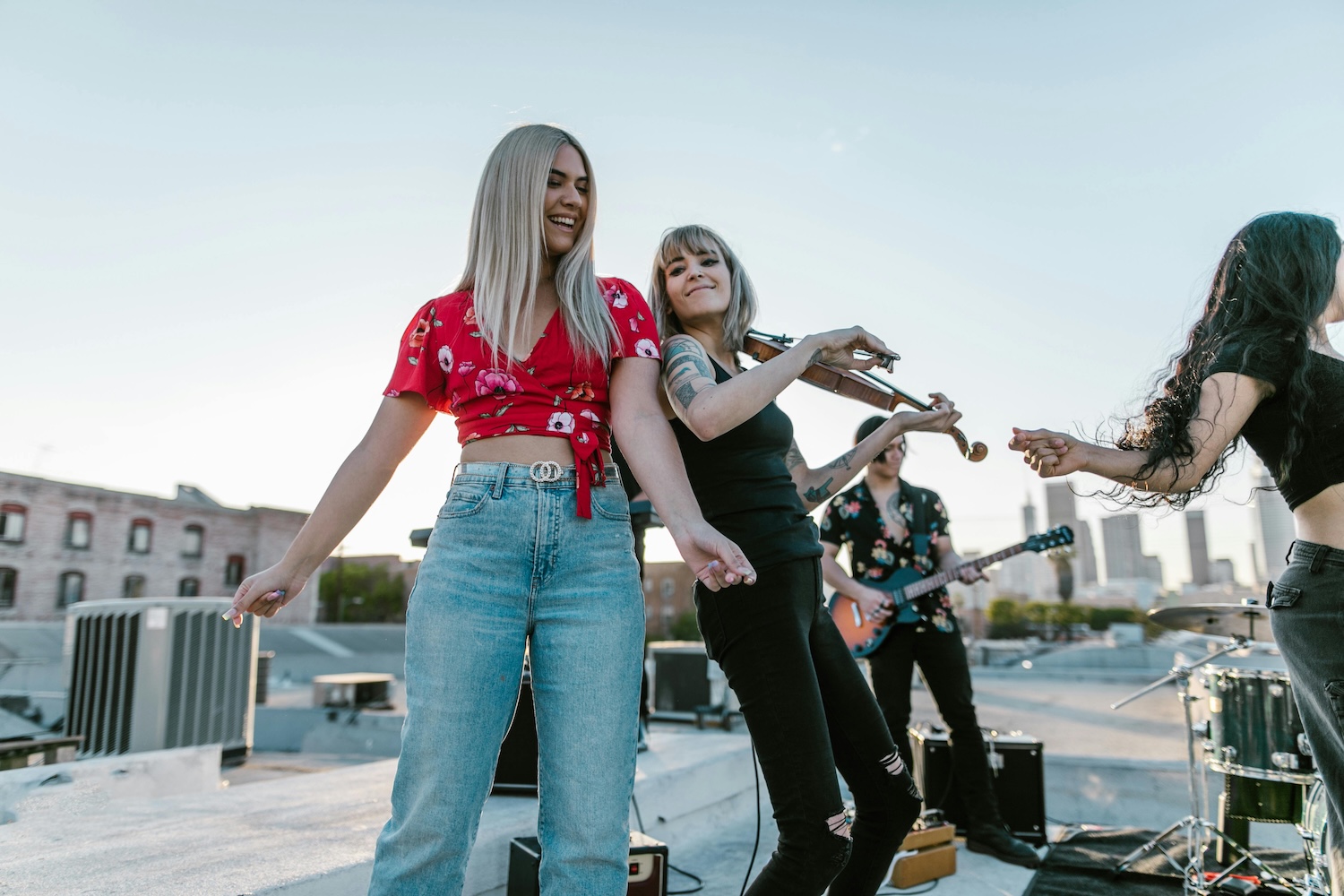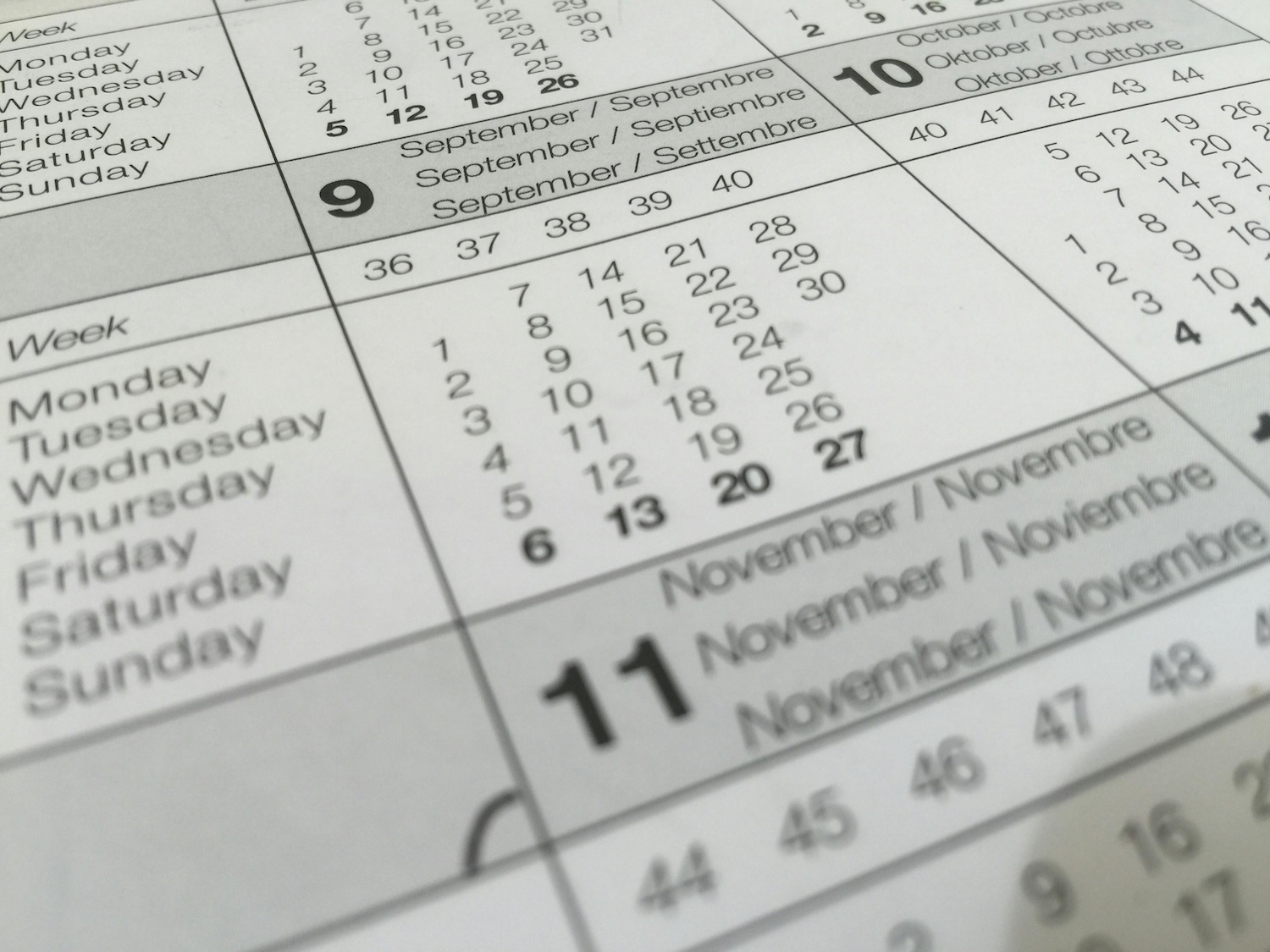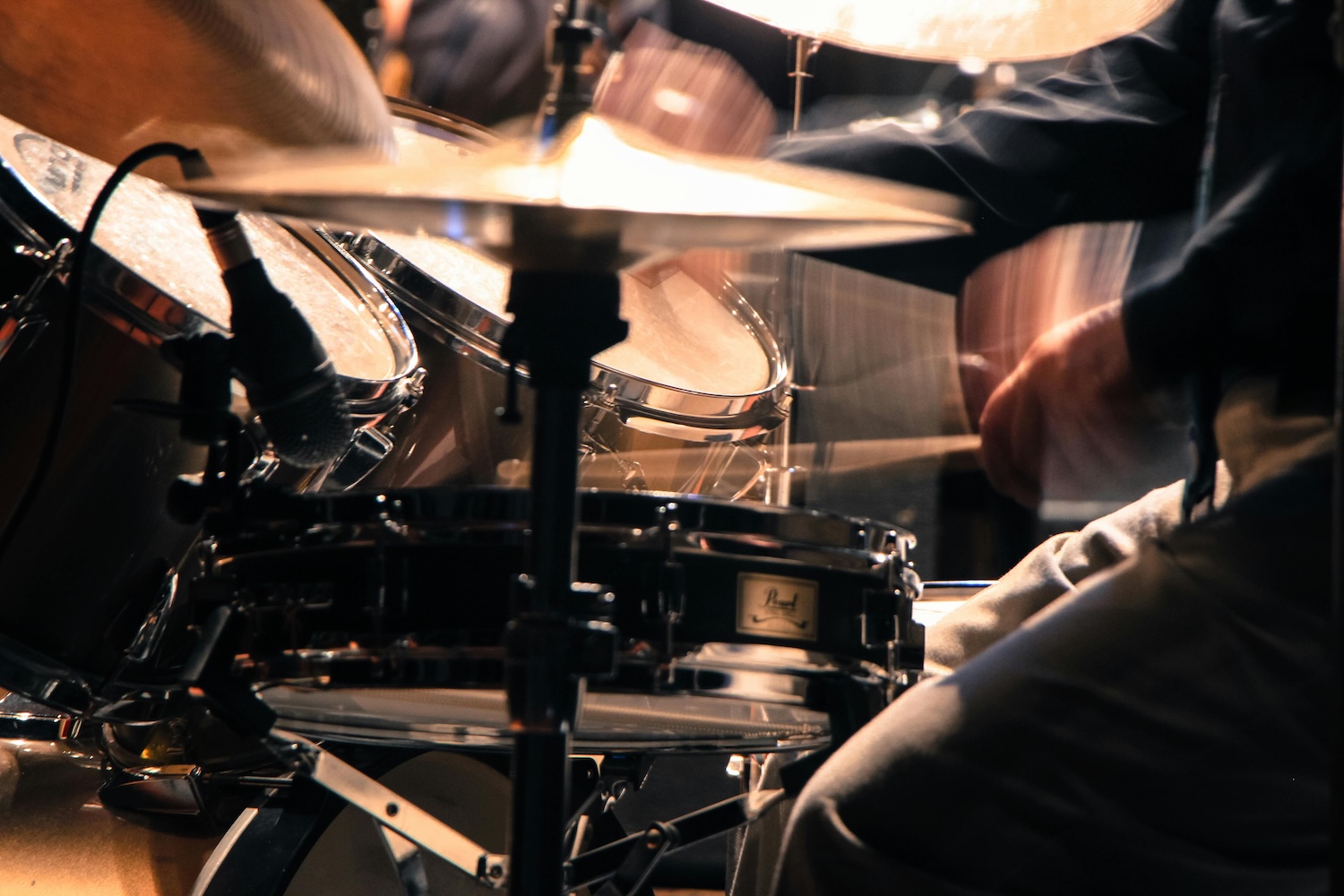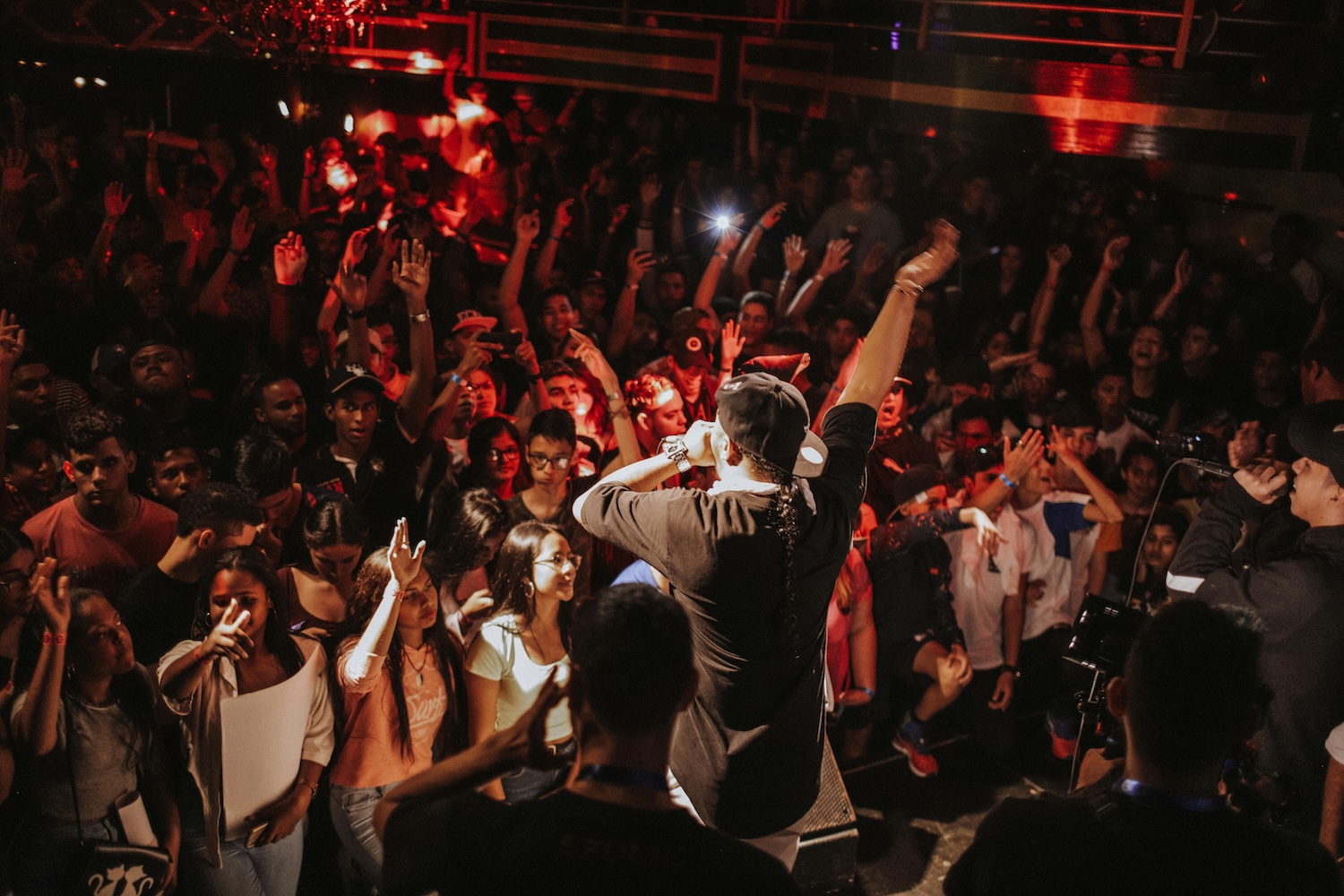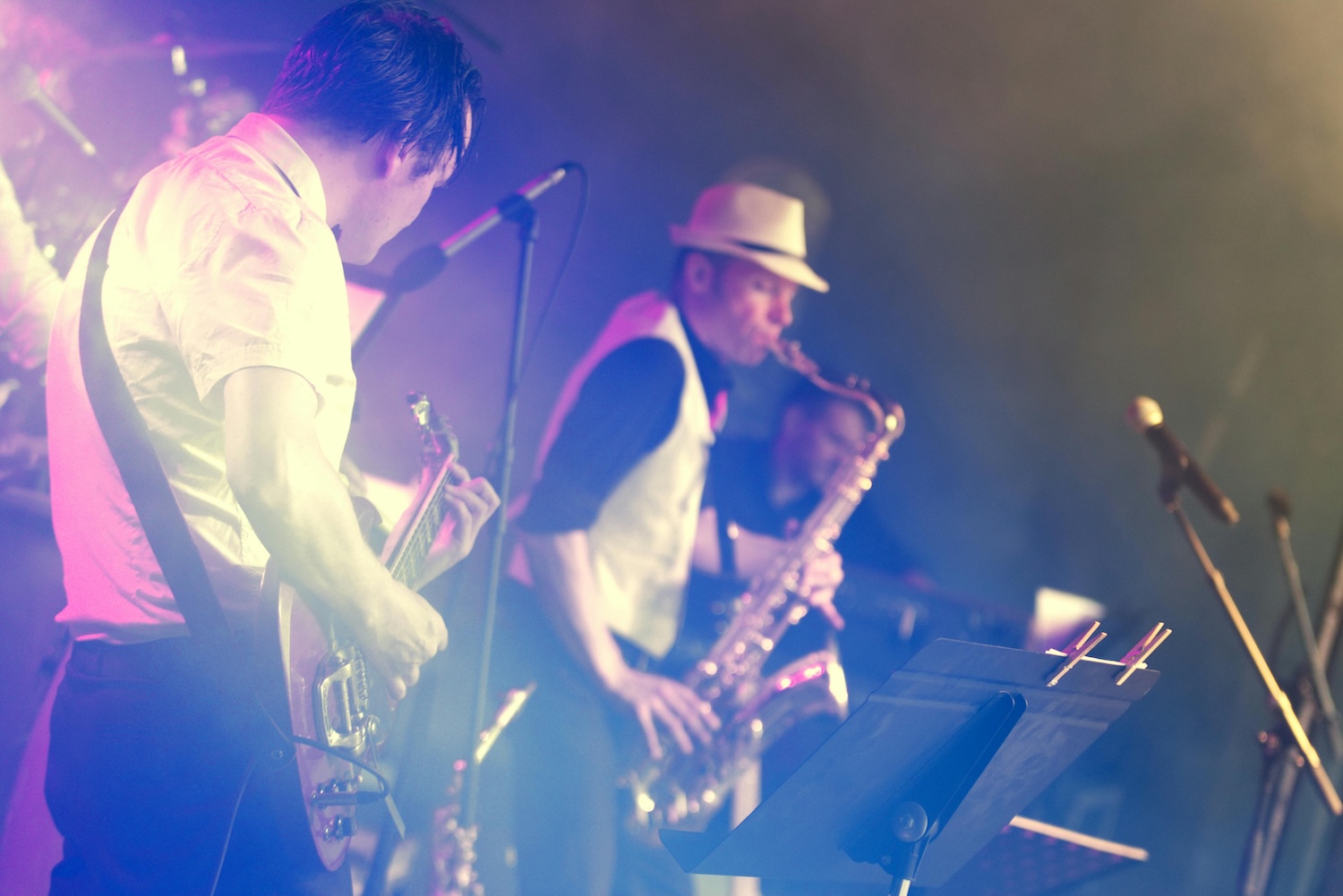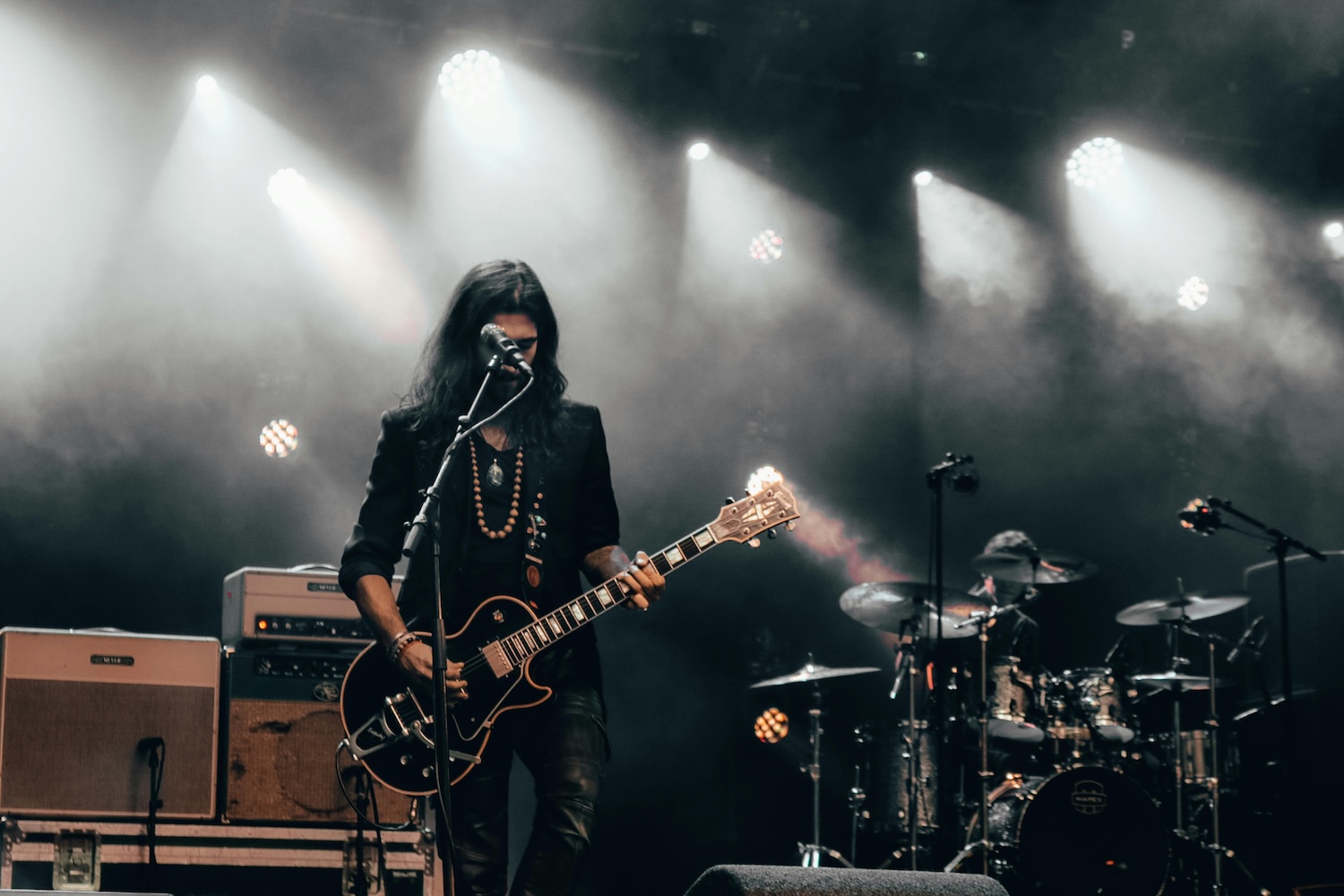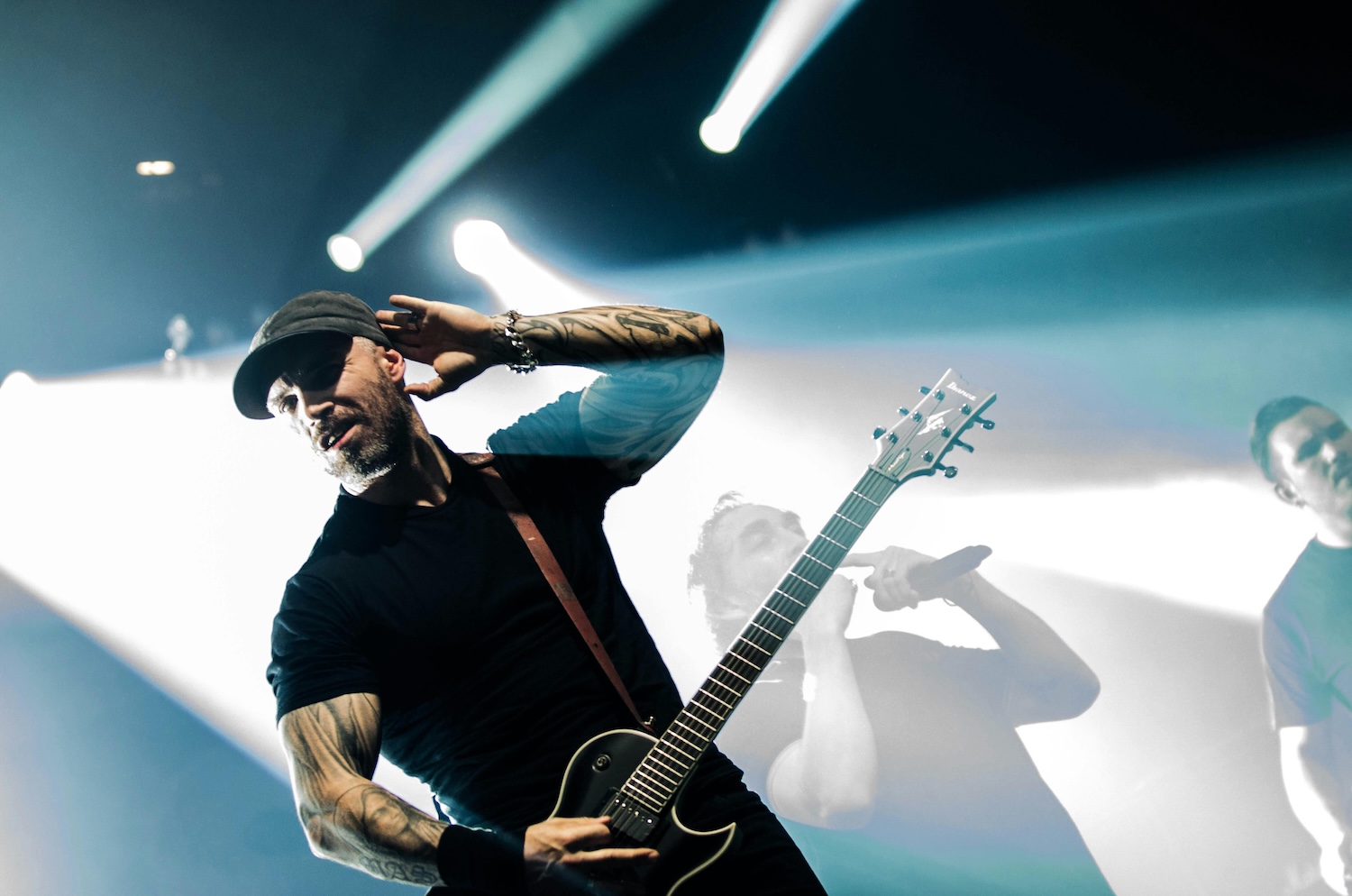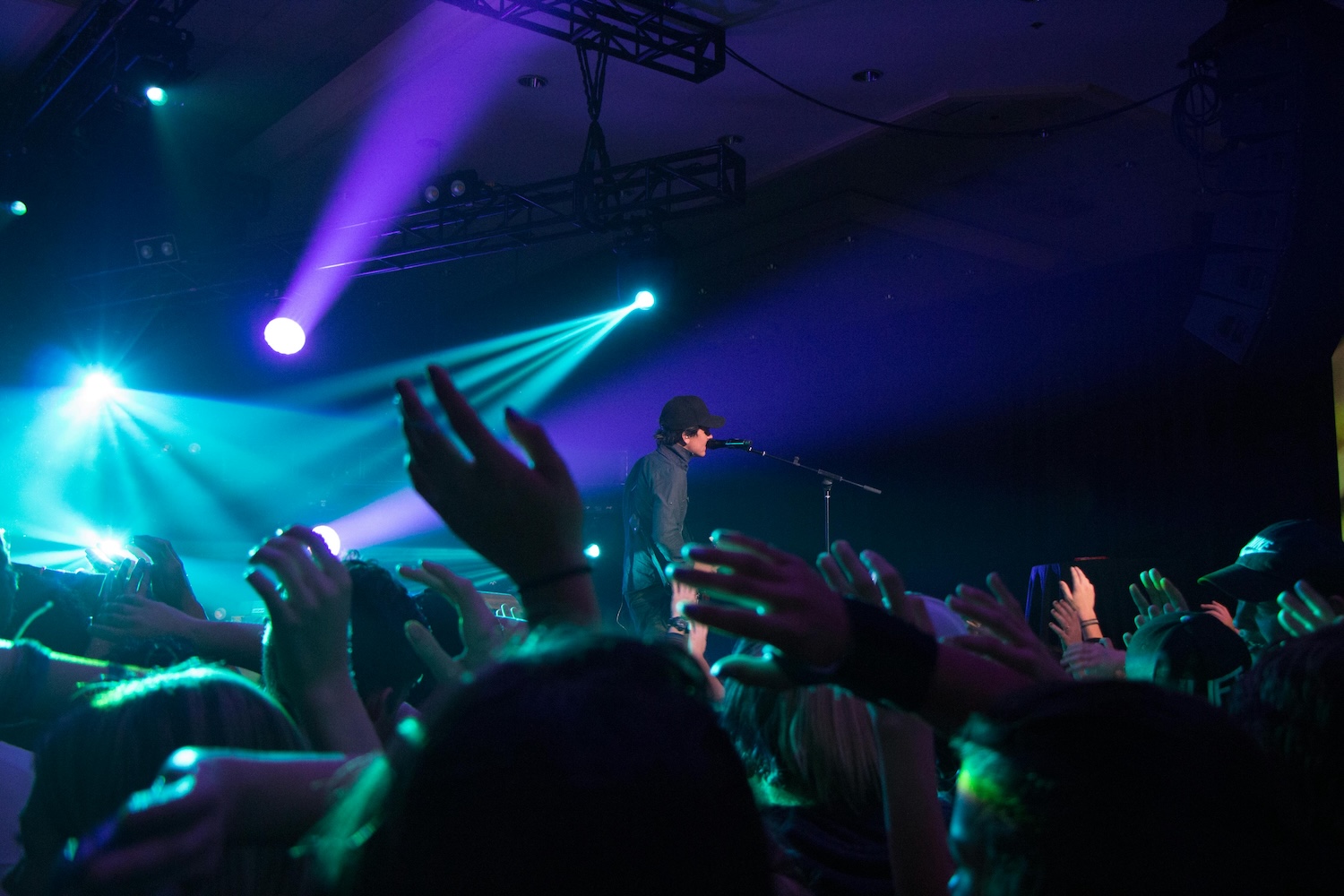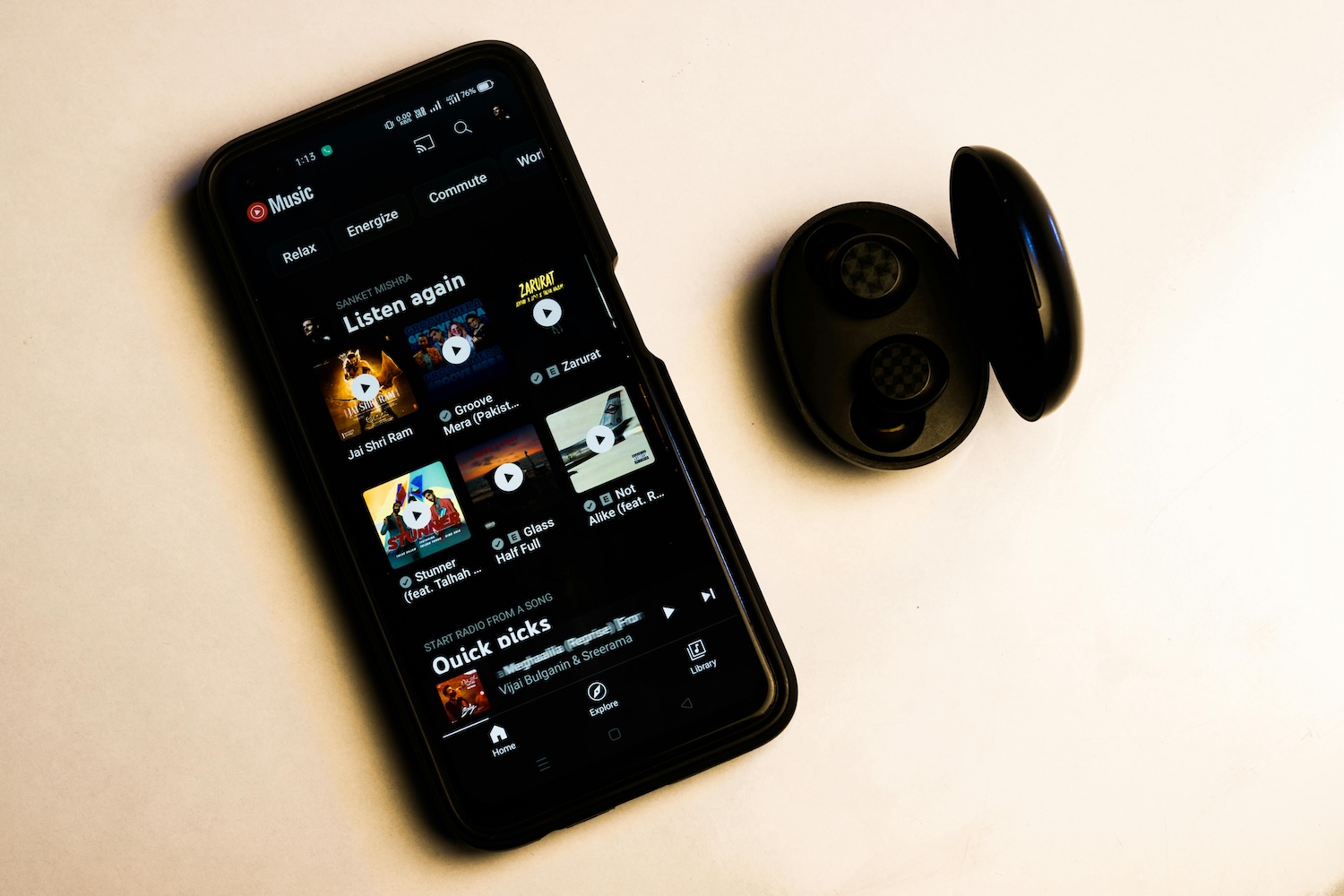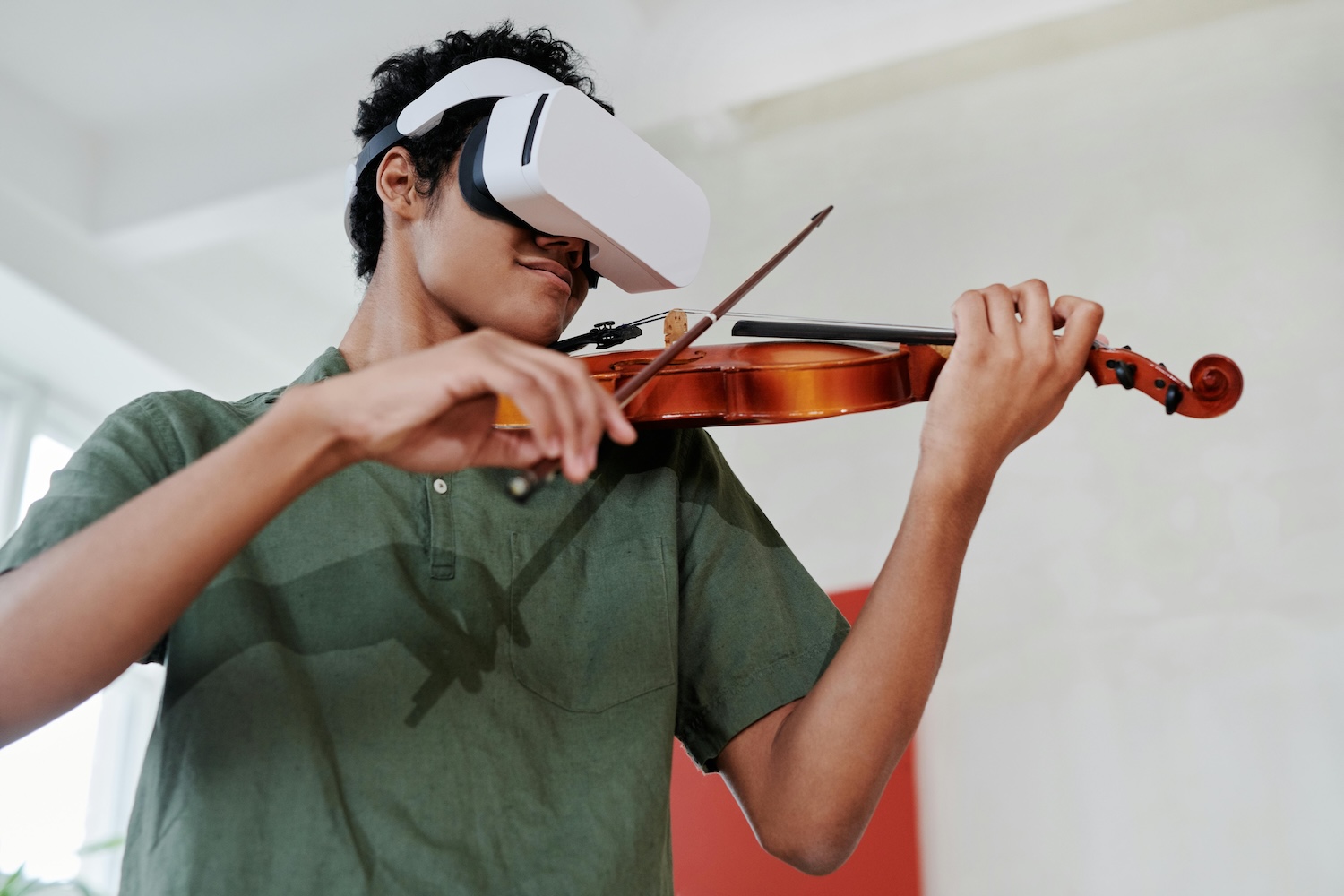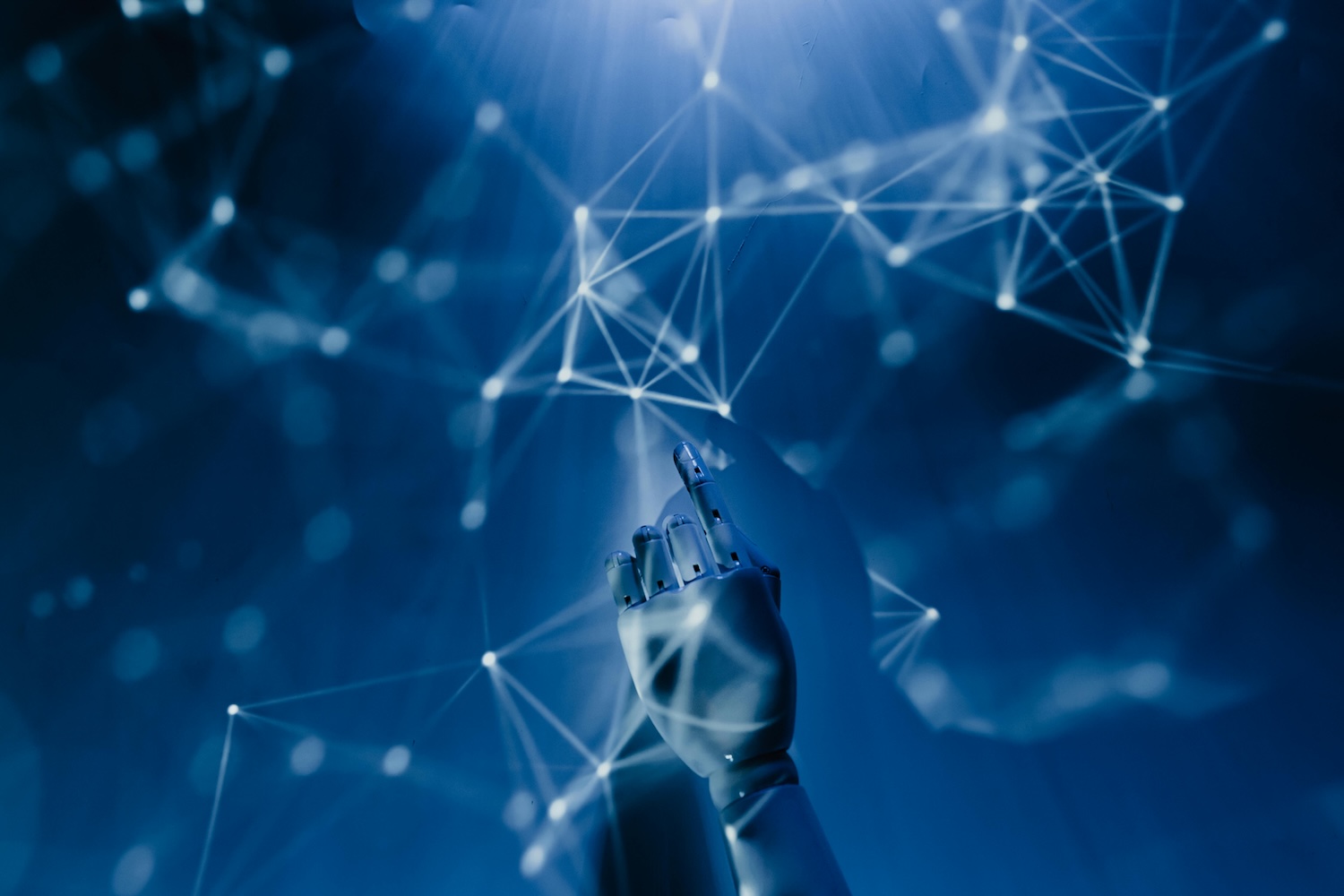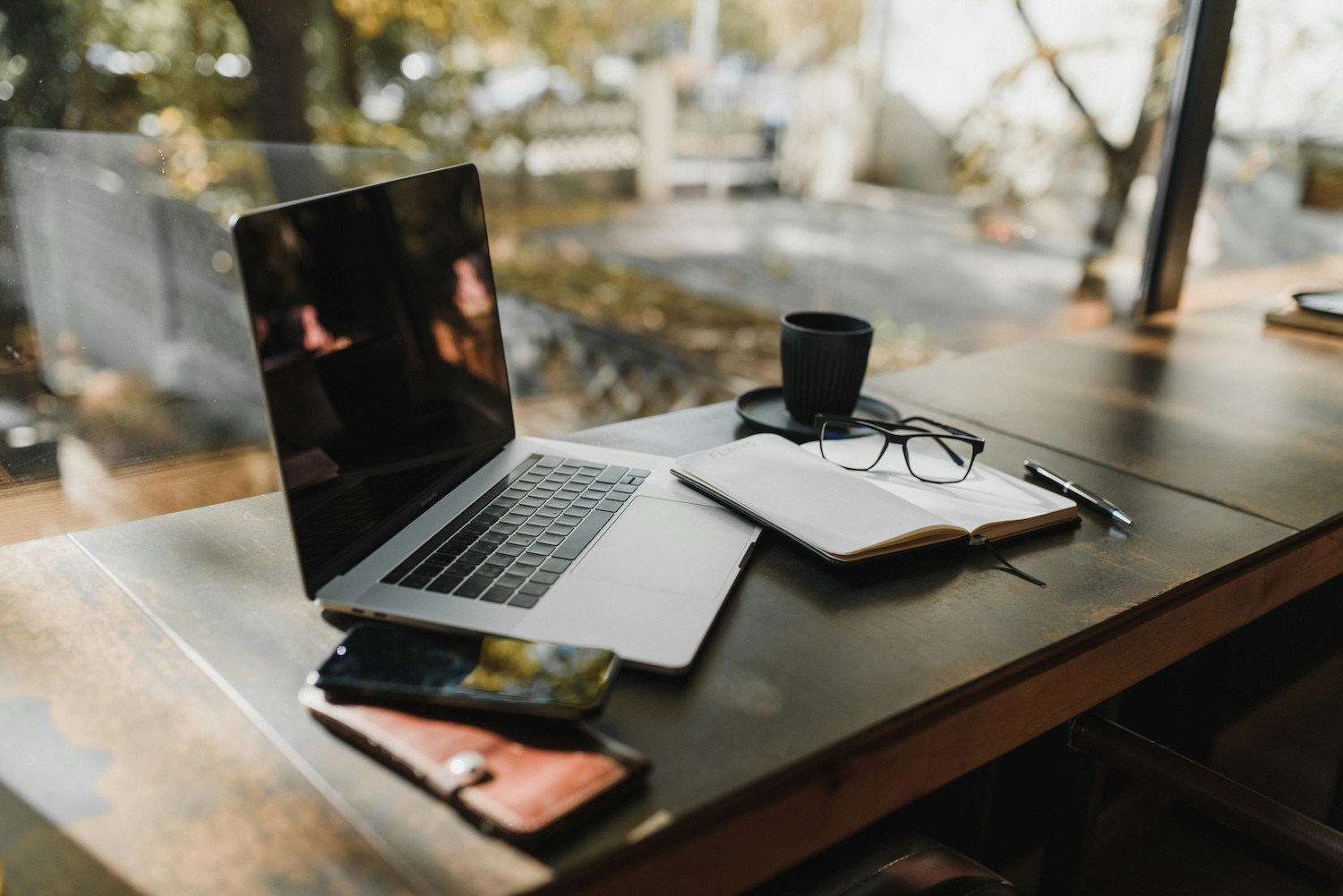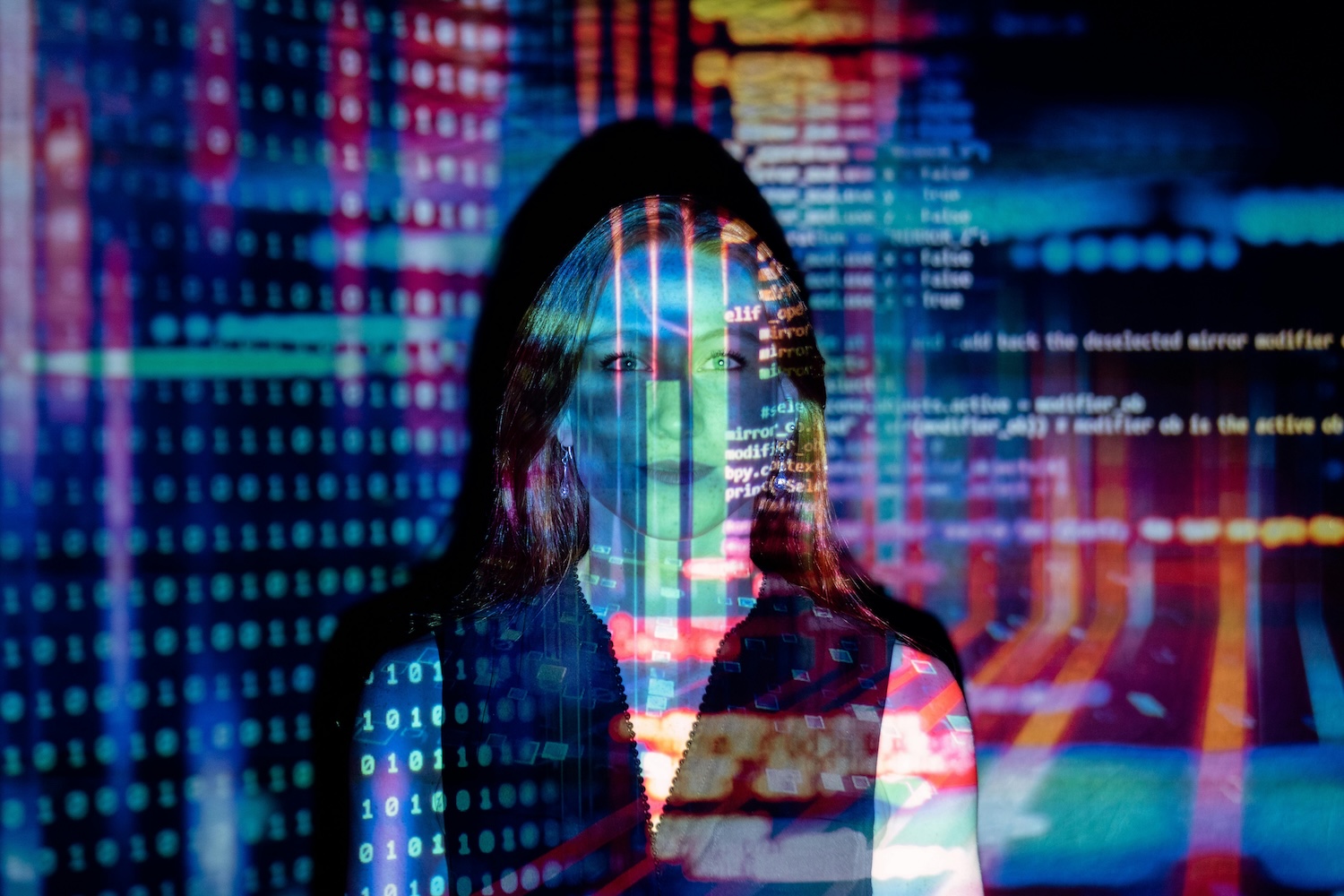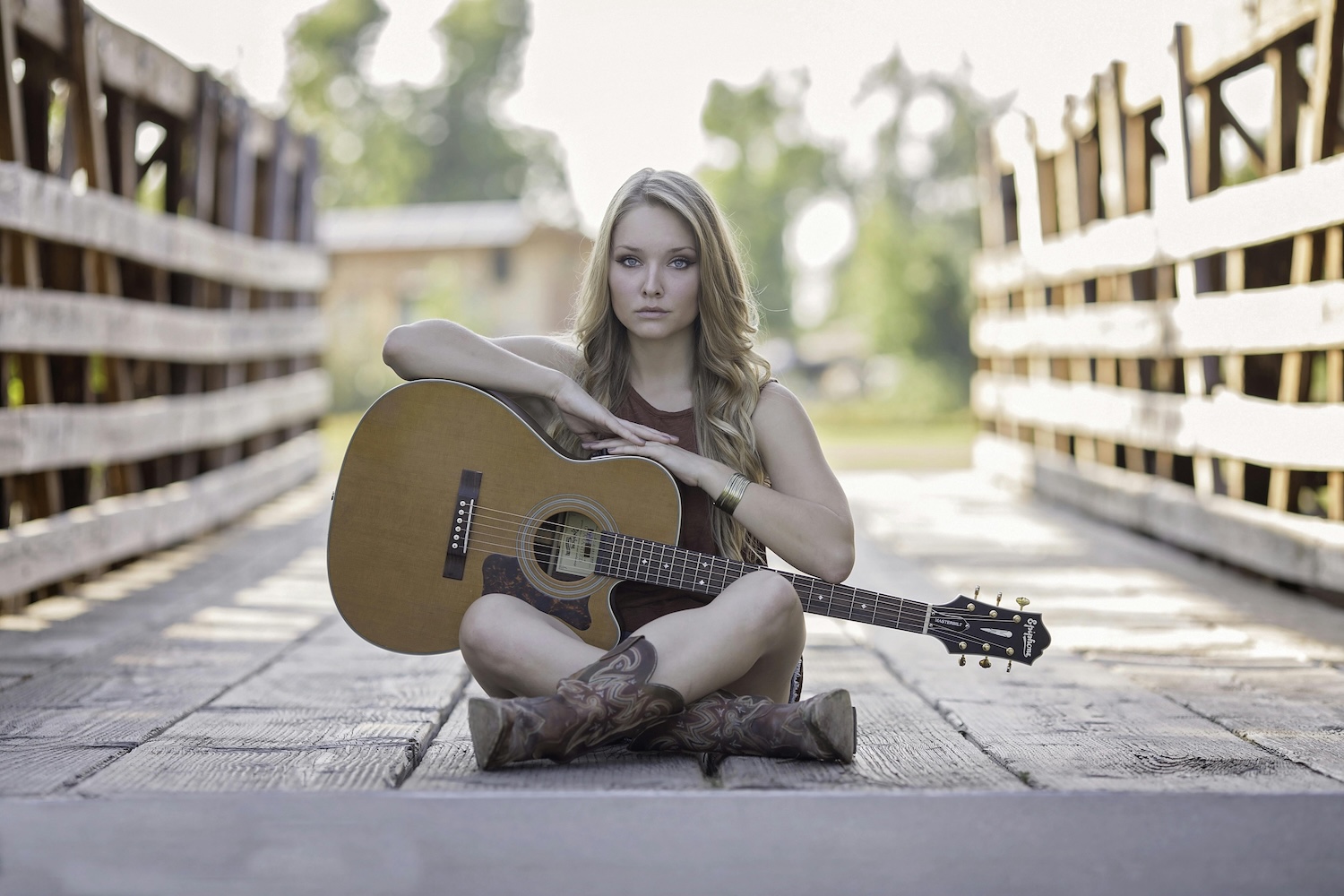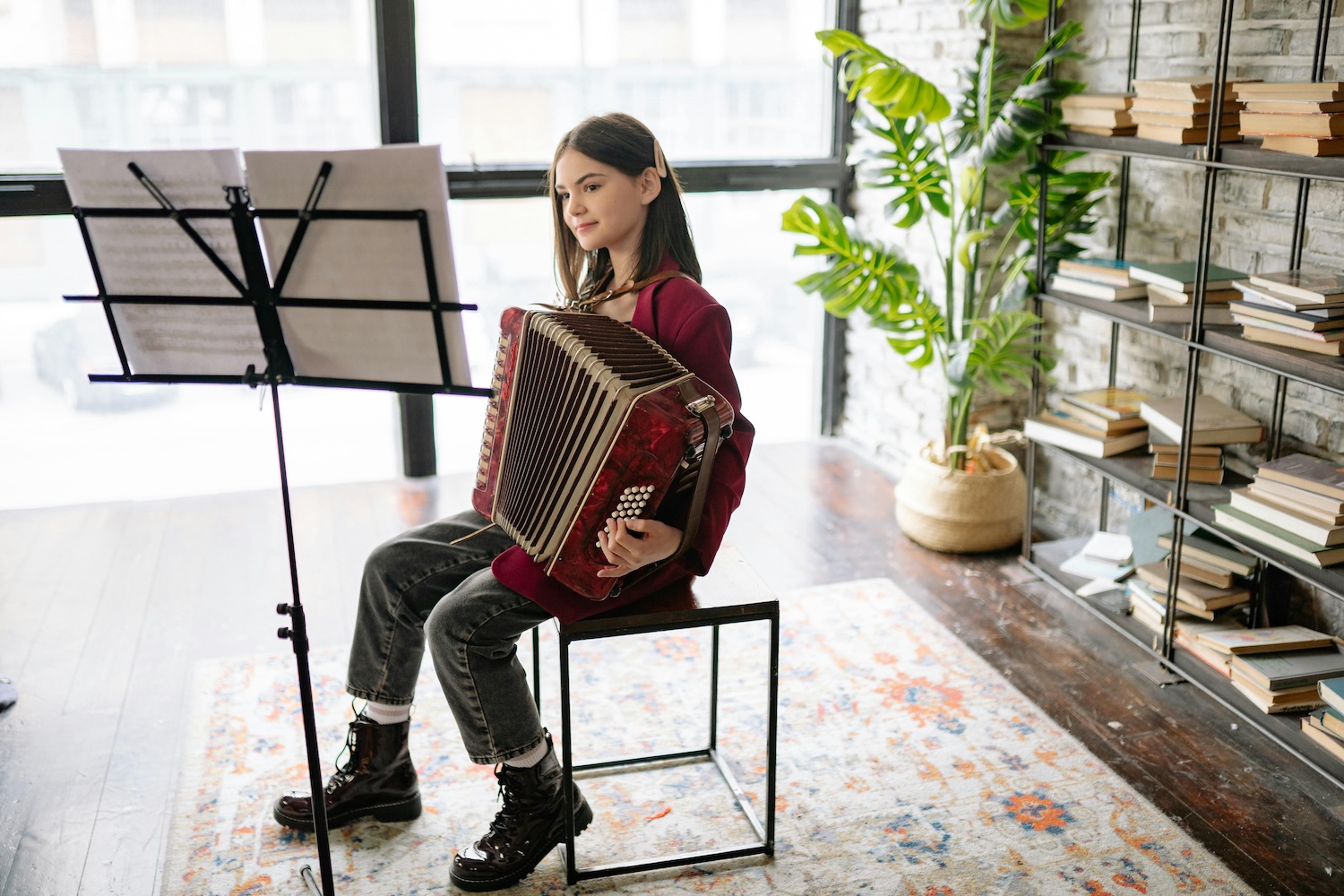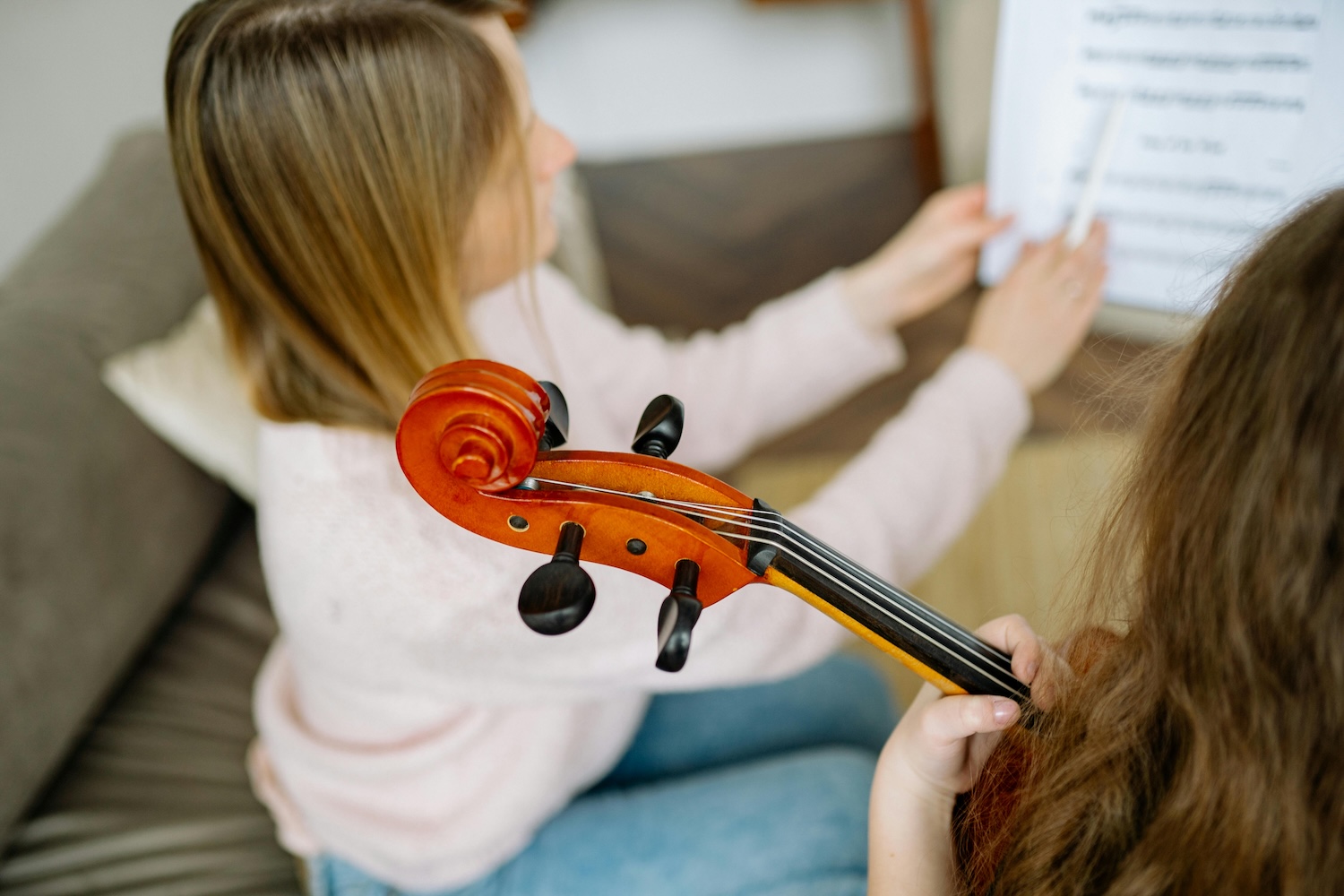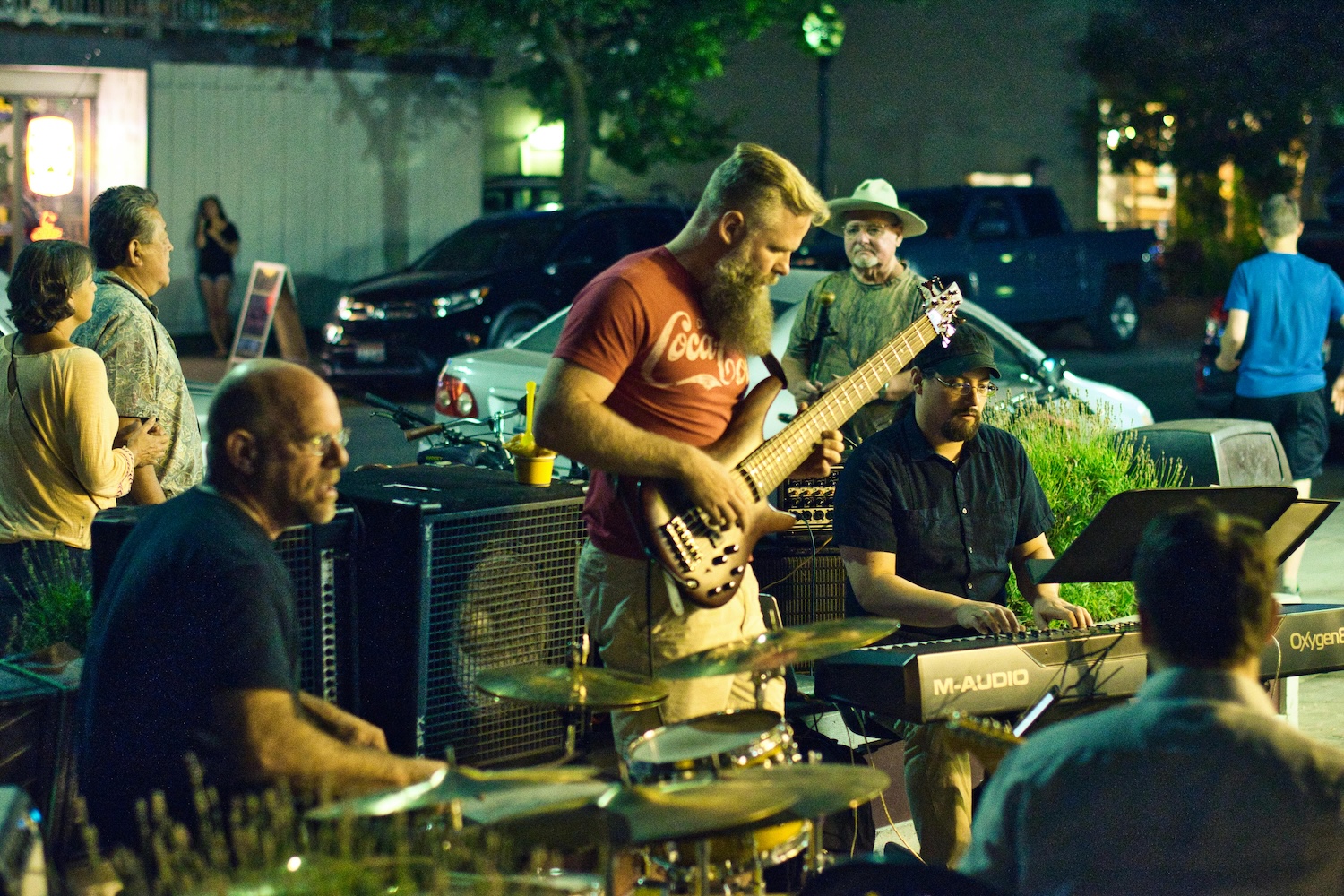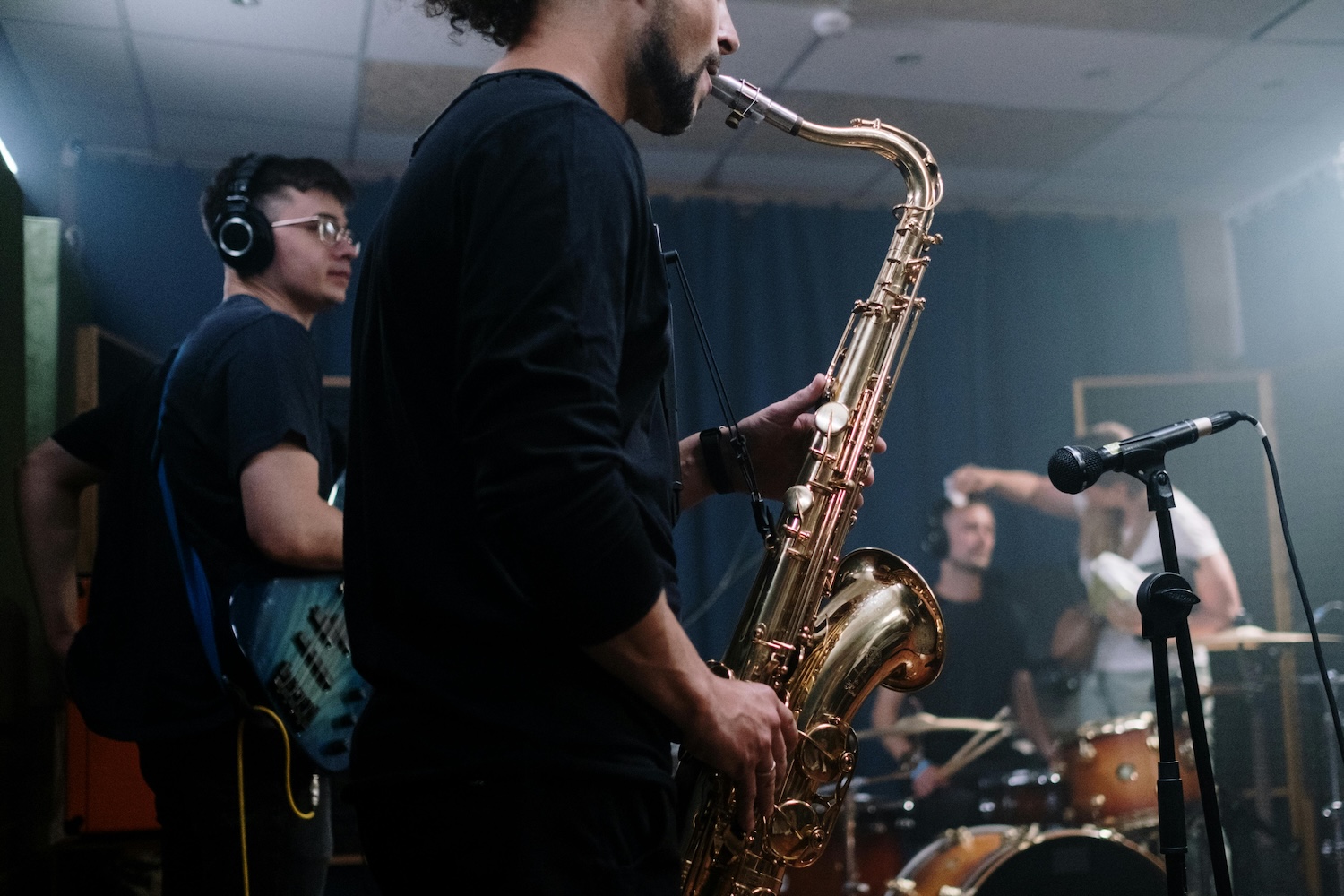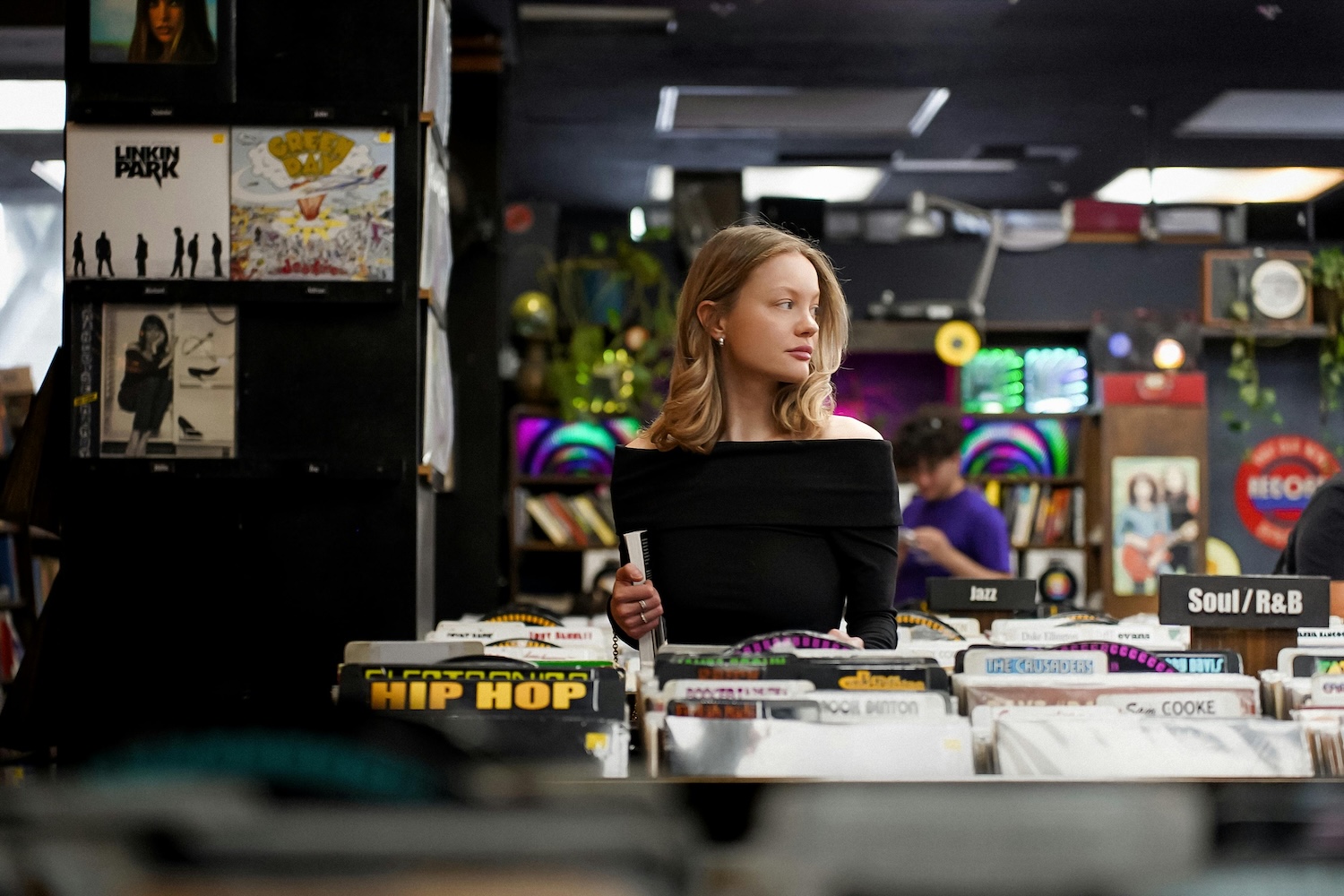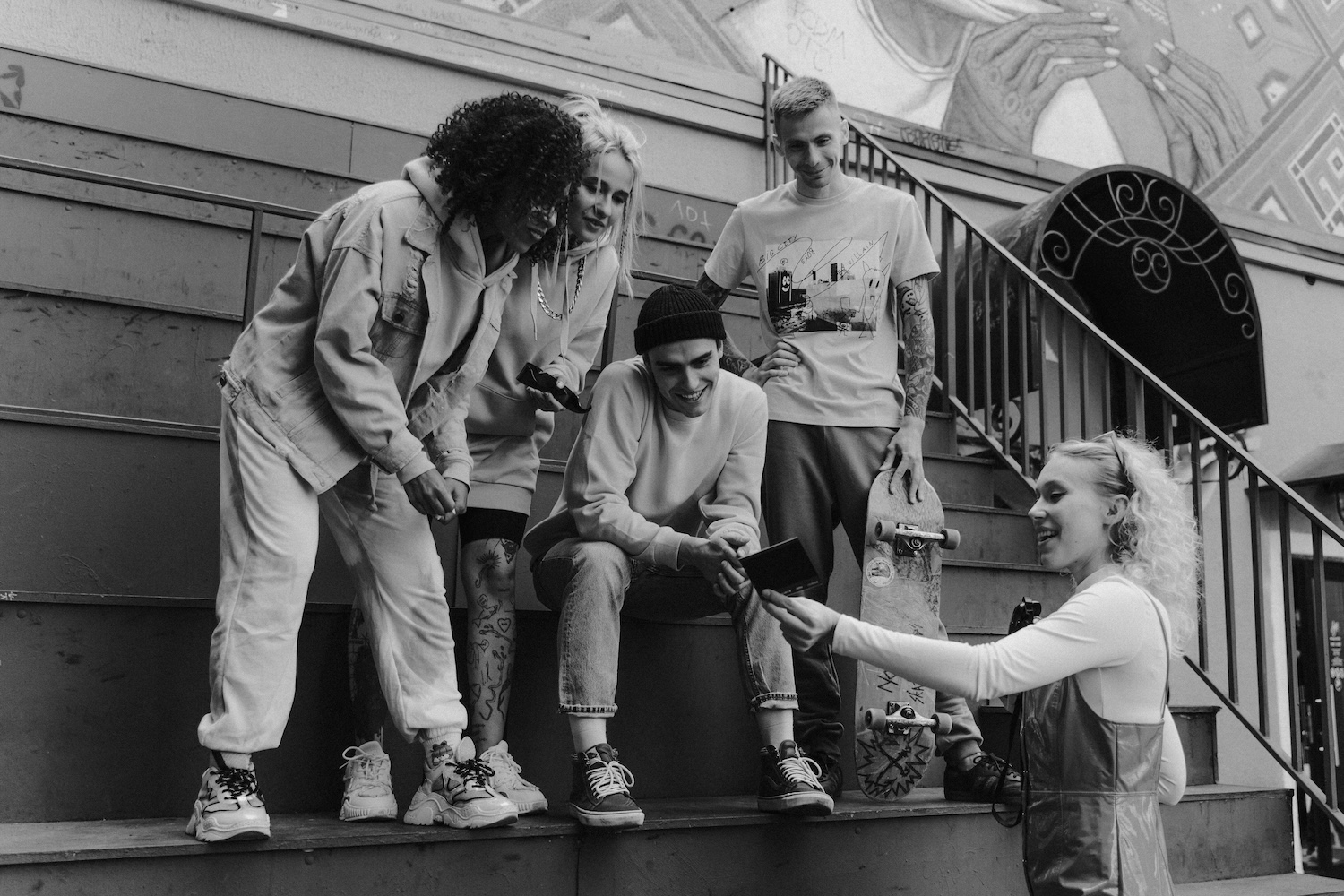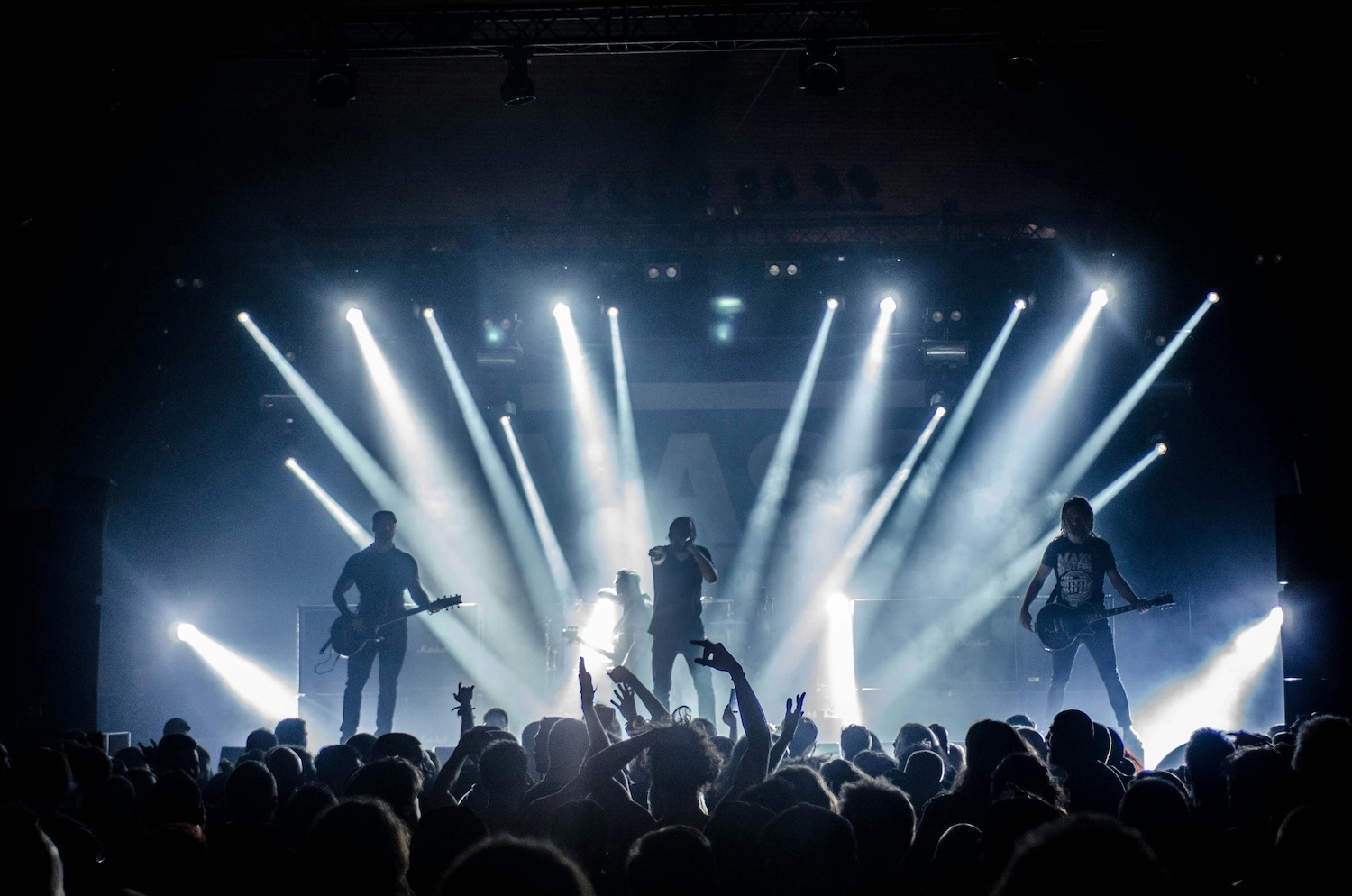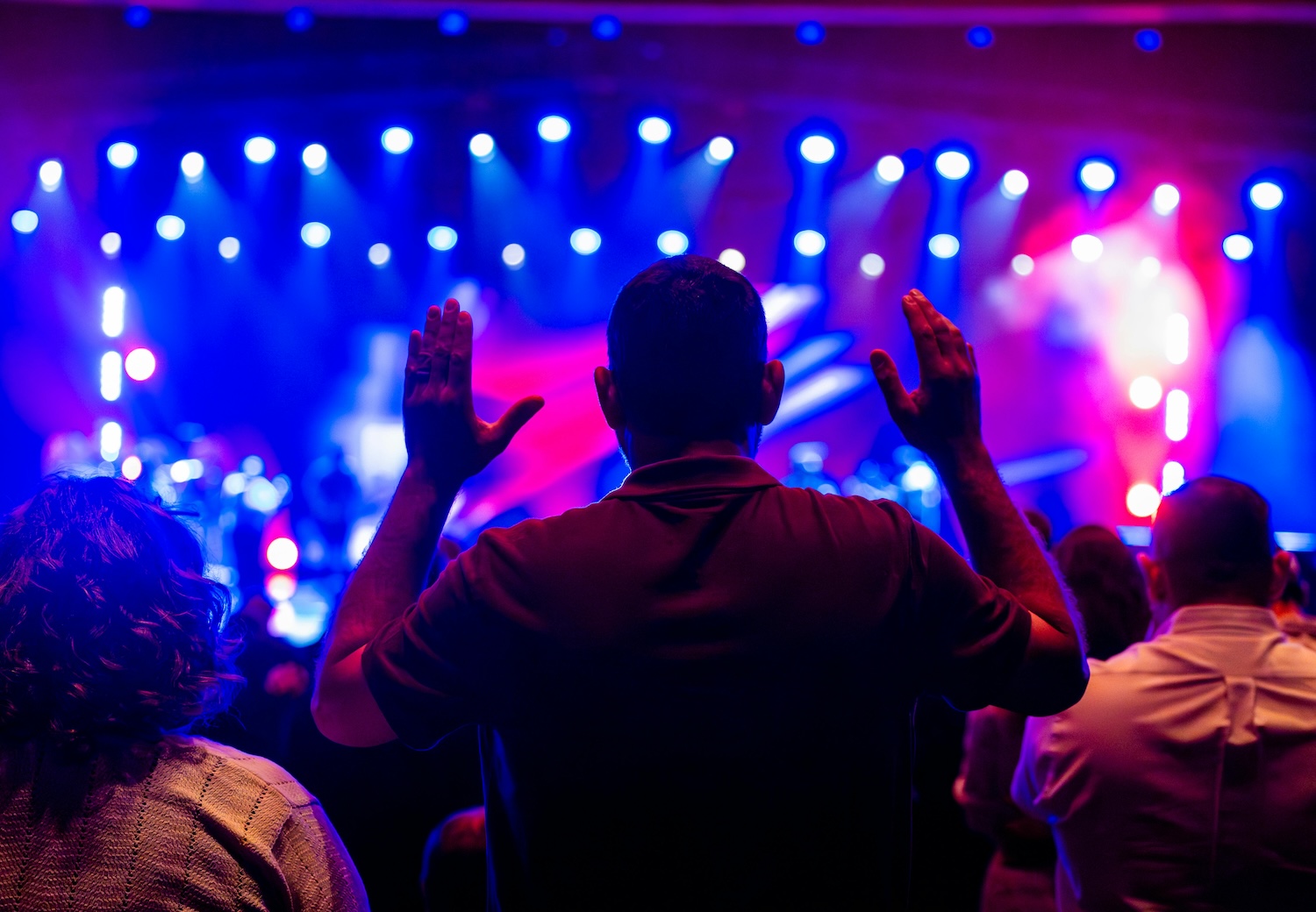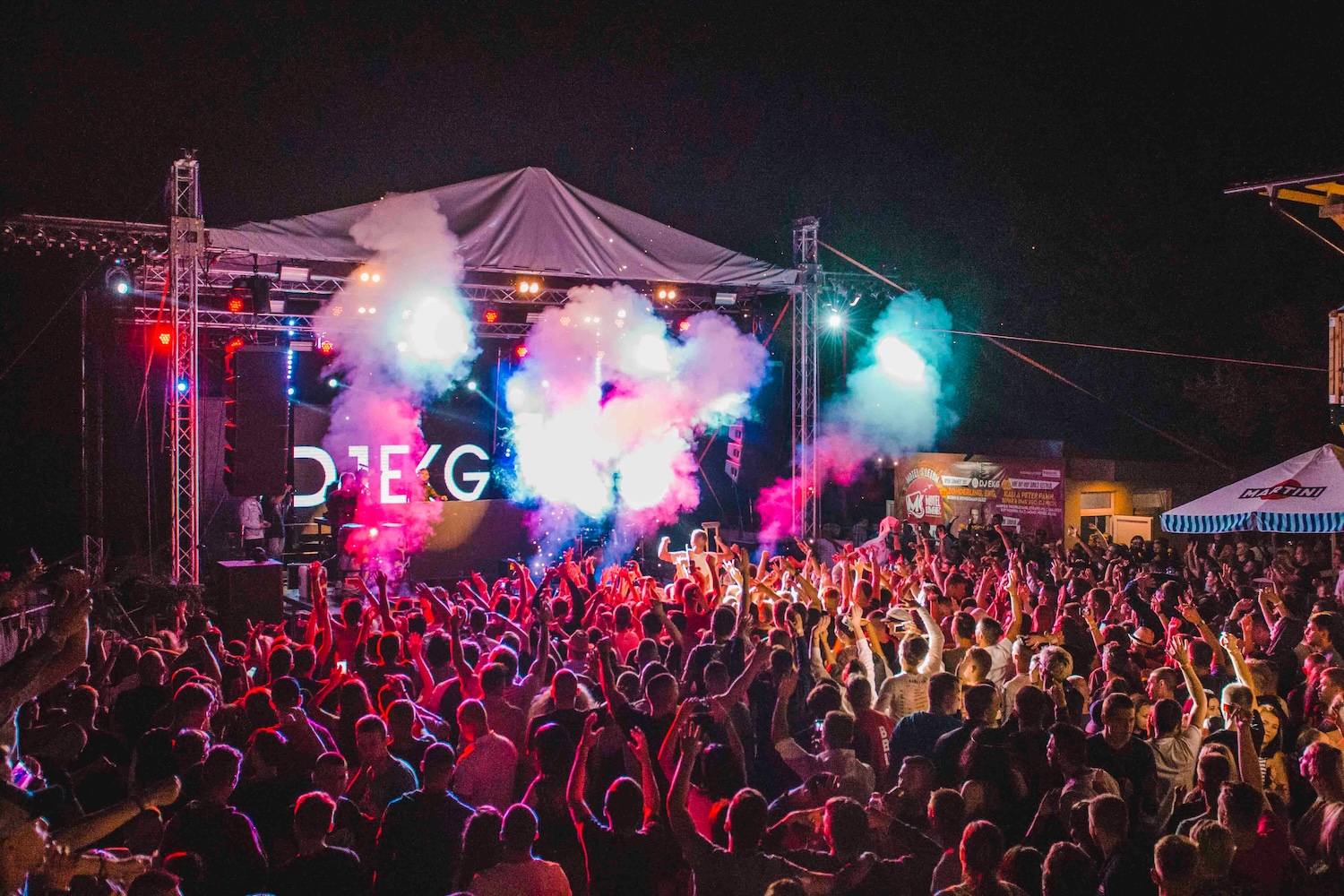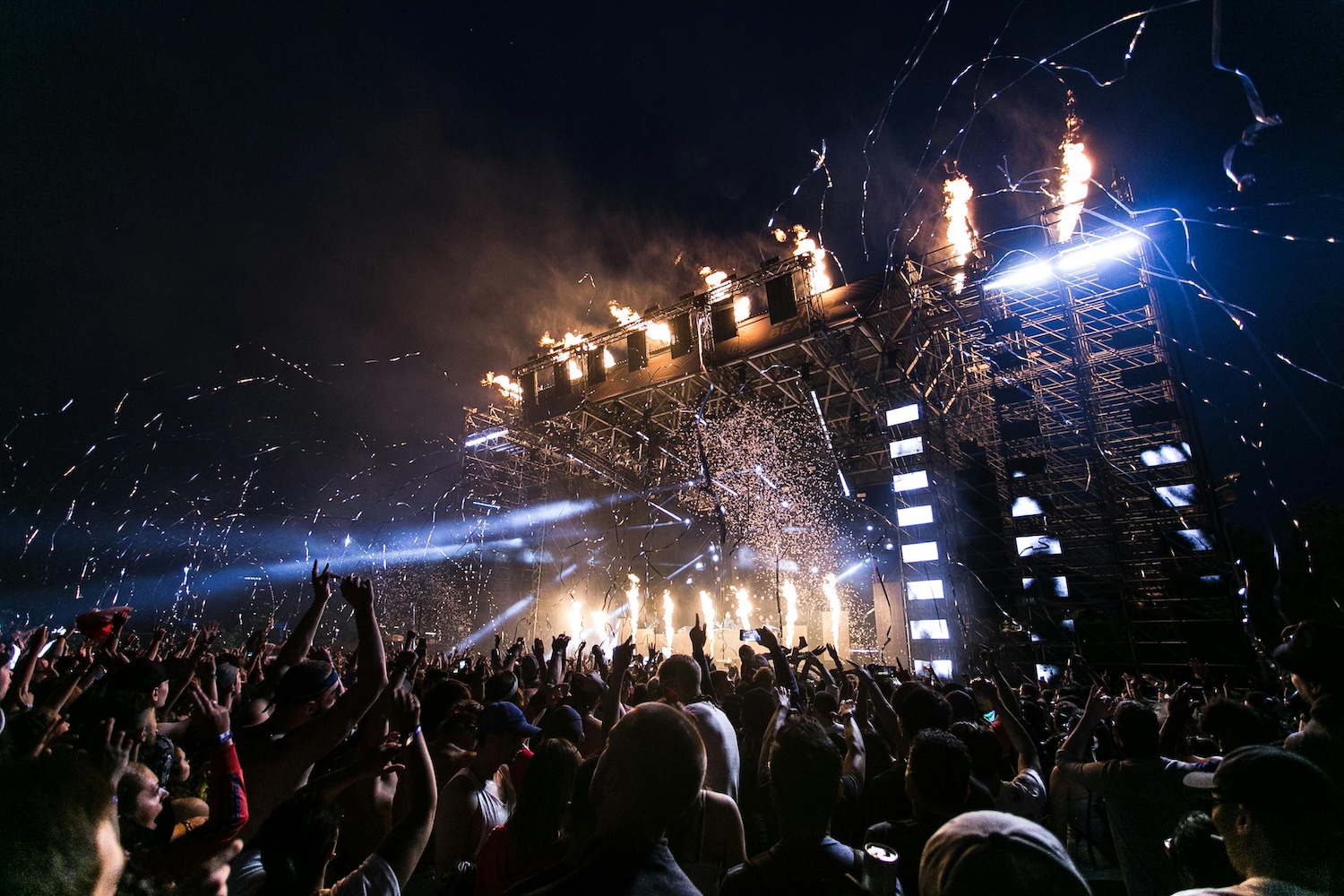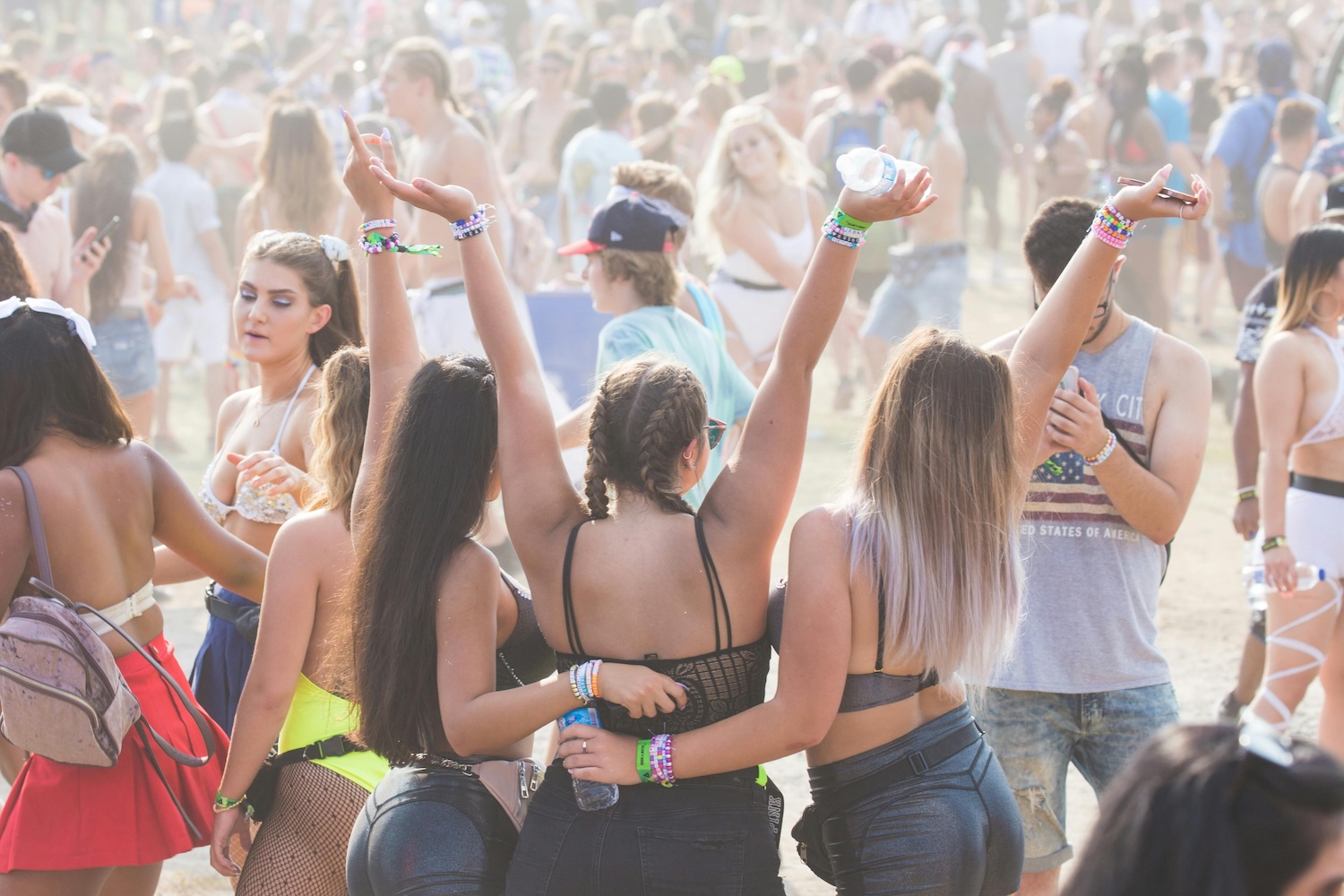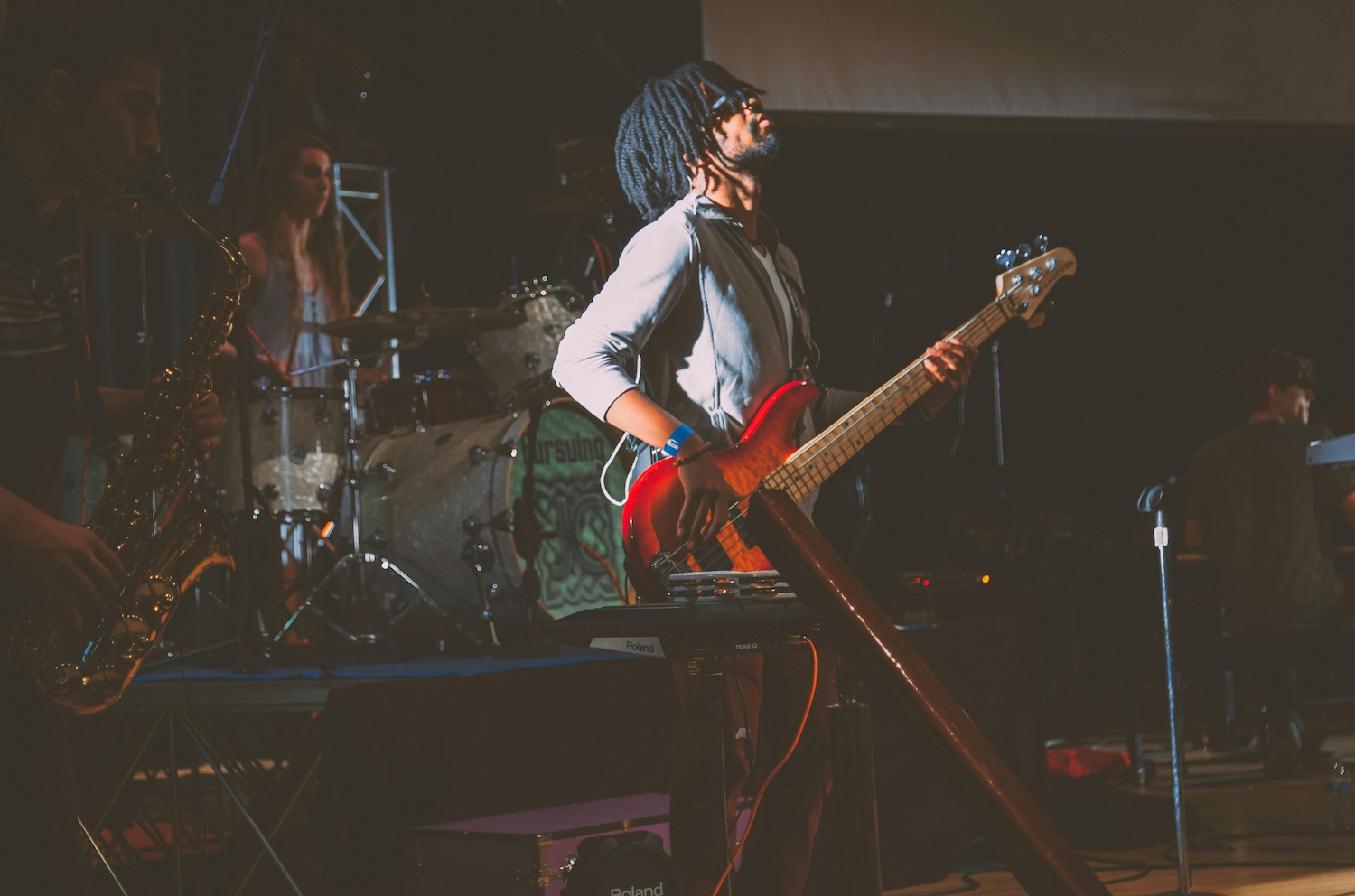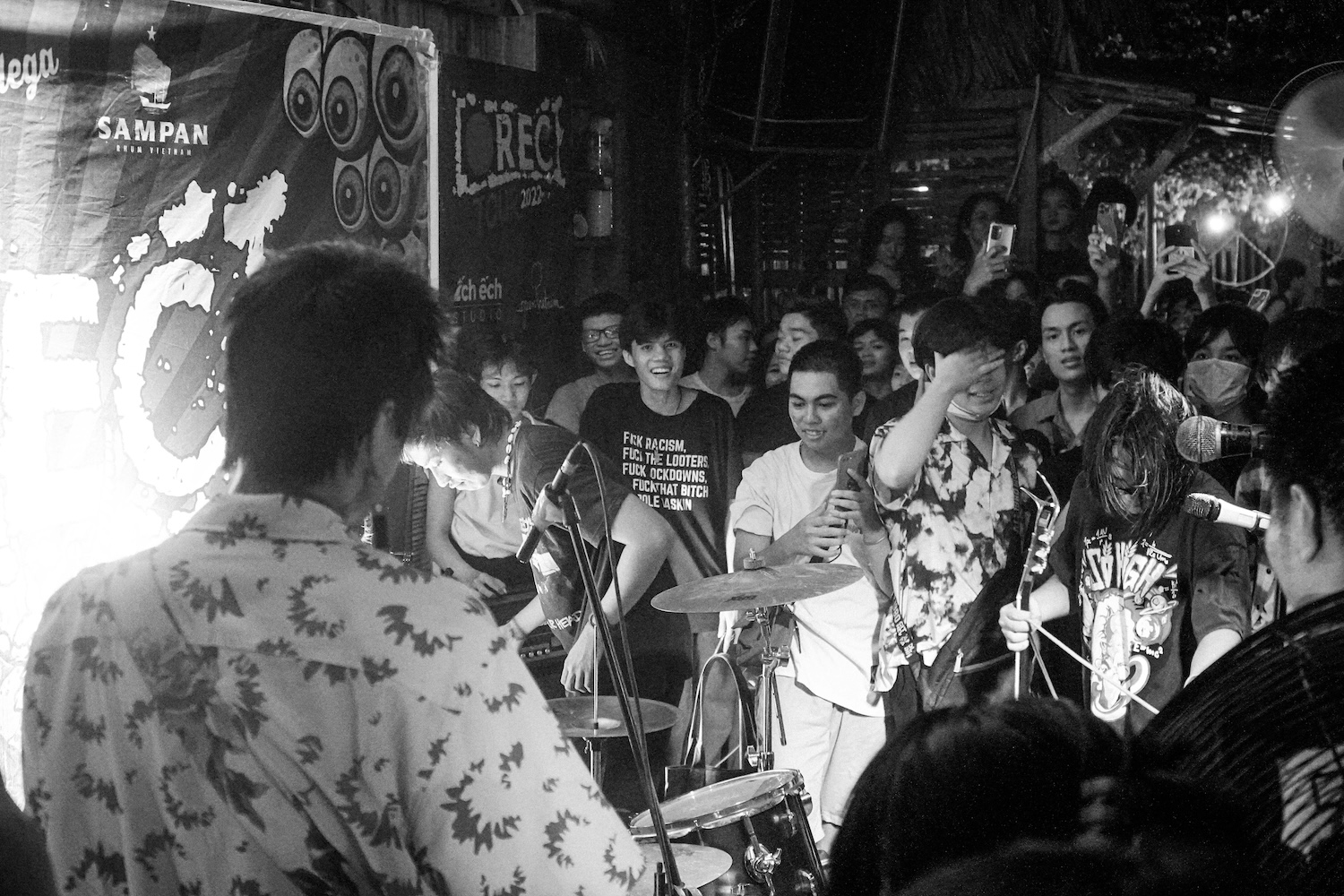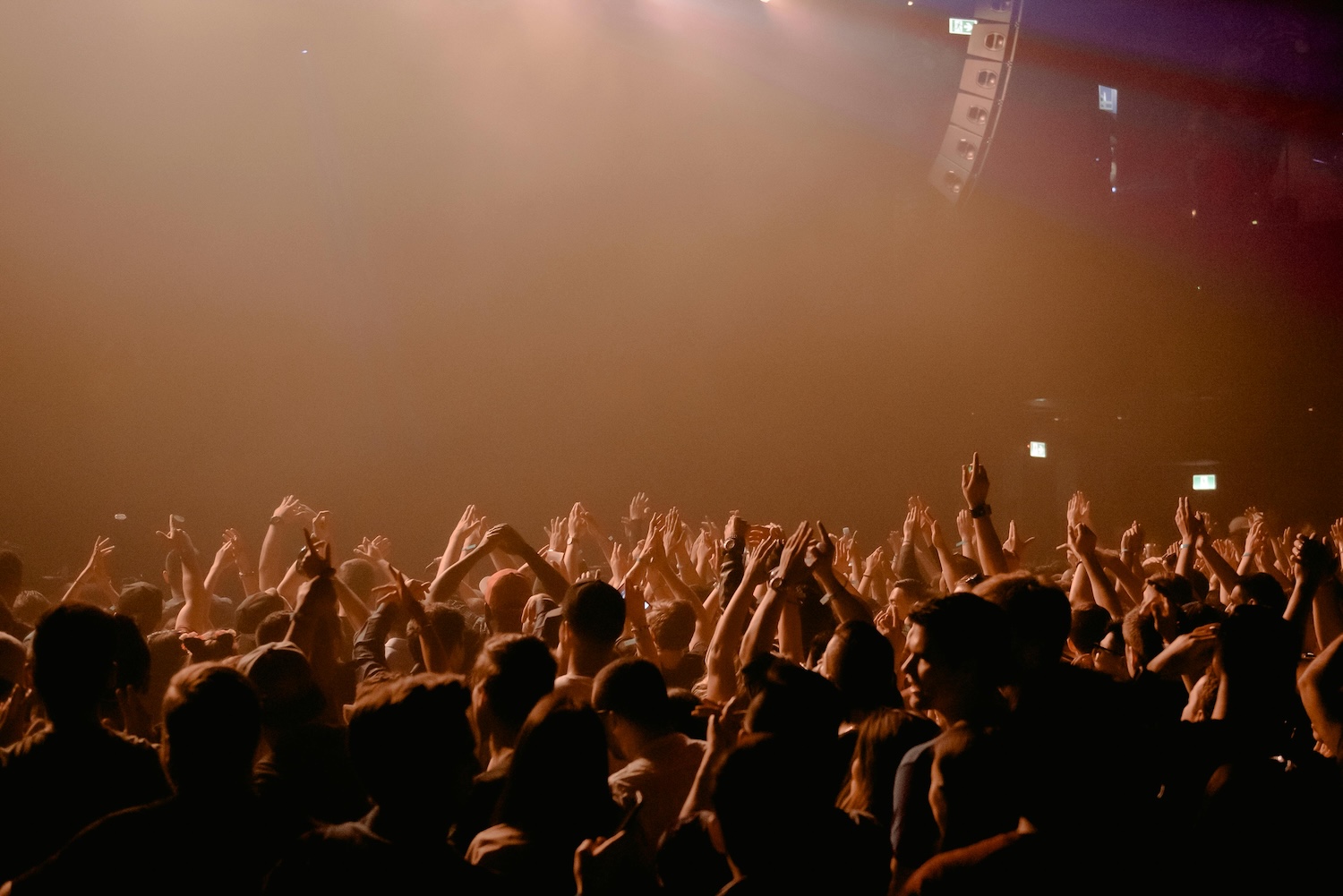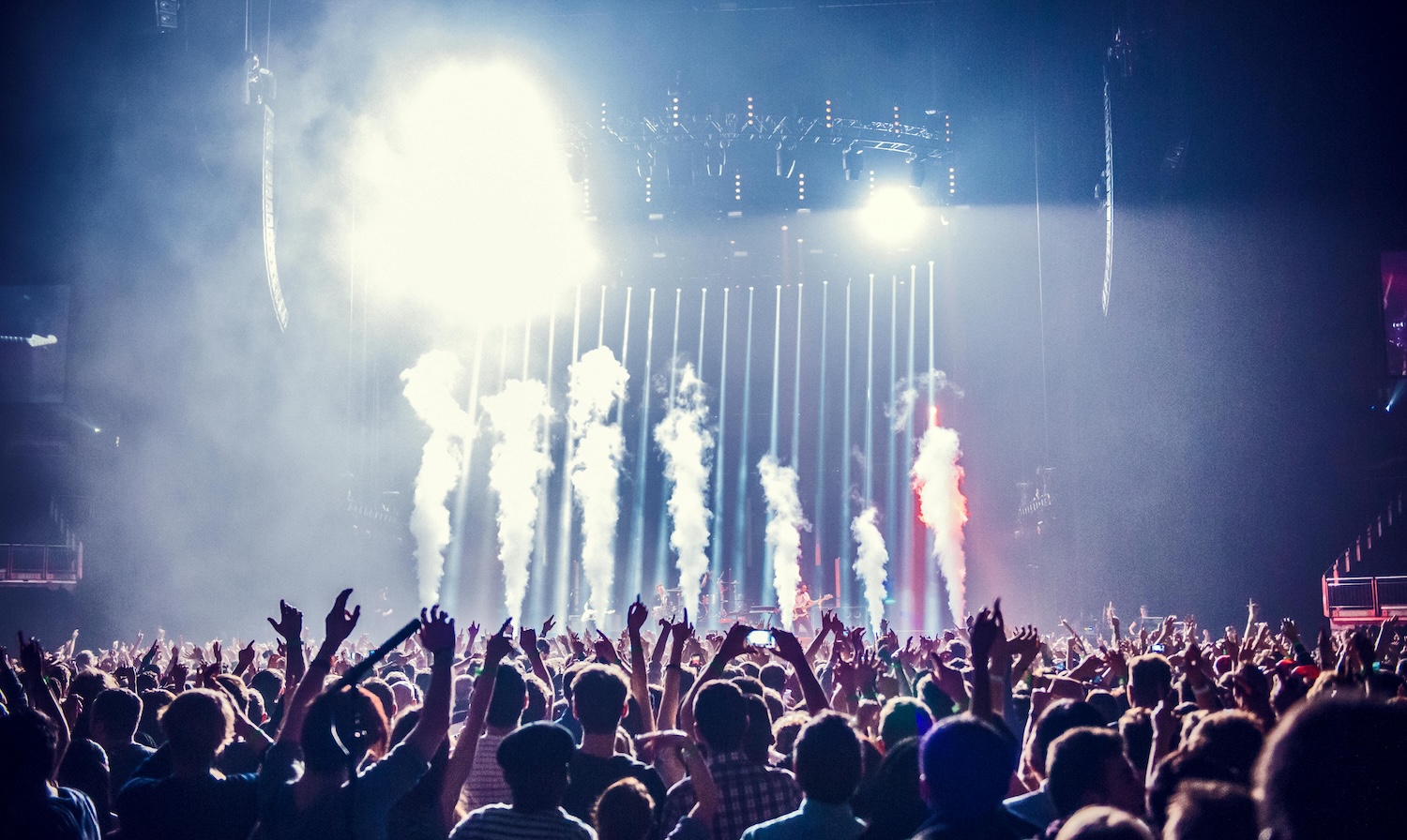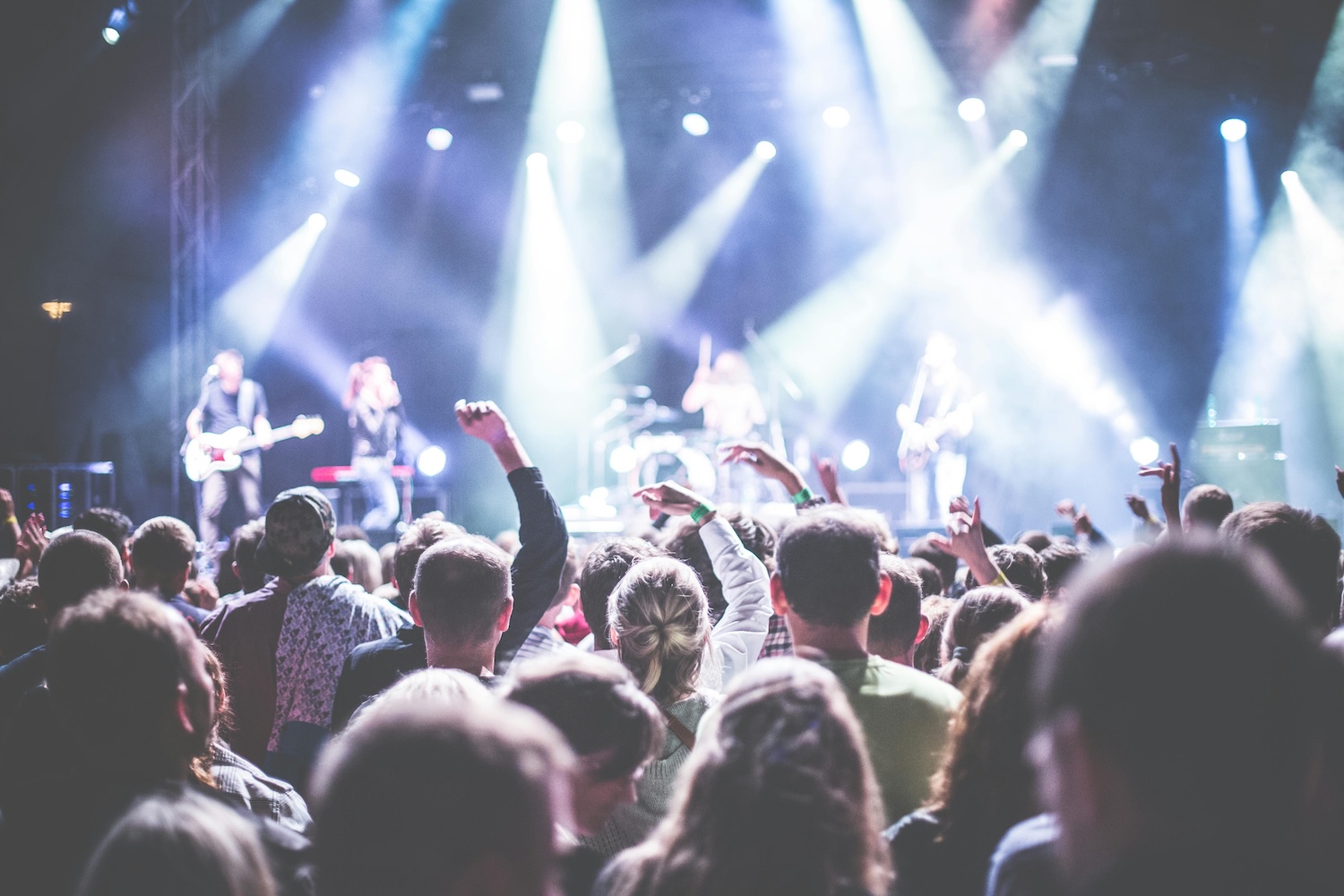AI and Artists’ Rights – A Growing Conflict in the Music Industry
Date:
25.5.2025
Author:
Oli Olsen
AI and Artists’ Rights – A Growing Conflict in the Music Industry
Artificial intelligence is transforming the world — including the world of music. AI tools are now used to compose, produce, and distribute music with a speed and efficiency that was once unthinkable. For some, it's a creative revolution. For others, it's the beginning of a serious crisis for artist rights.
When AI uses your voice — without asking
Imagine your voice, your guitar playing, or your unique production style showing up in a song you've never heard of — generated by an algorithm trained on your work. This is no longer science fiction. With access to massive amounts of data online — including streamed songs, live recordings, and session material — AI systems can now analyze and imitate musicians in style, sound, and even voice.
The law is lagging behind. In places like the UK, lawmakers have proposed or passed regulations that allow AI developers to train their models on copyrighted material without asking permission or compensating the original artists.
Artists are speaking out
Major figures like Elton John and Paul McCartney have publicly voiced concern. They warn that we’re creating a system where creative people lose both ownership and income, while tech companies profit from their work without consent. They call it an attack on artistic rights.
A growing number of musicians, composers, and authors are demanding transparency and control over how their work is used in AI systems. Many are calling for an opt-in model, where creators must give explicit permission before their material can be used to train AI.
What’s at stake?
This debate is not just about money. It’s about artistic integrity, autonomy, and the right not to be copied. It’s about whether a musician’s voice — both literally and figuratively — still belongs to them, or whether it can be replicated and manipulated without limits.
There’s also a question of fairness. The artists being used to train AI are often those who lack legal resources or industry power. Meanwhile, new and emerging musicians risk being sidelined in a market where AI music can be produced faster and cheaper than human work.
Where do we draw the line?
The issue of artist rights in the age of AI is shaping up to be one of the defining cultural debates of the coming years. If we want a music industry where humans can still make a living from creativity, we need clear rules and protections that defend creators in this new tech reality.
Because while AI can generate music, it can’t feel, love, or truly experience the world. Only people can. And that’s worth protecting.
Other blogs



